Jeremy Abramson, MD
Director, Jon and Jo Ann Hagler Chair for Lymphoma, Massachusetts General Hospital Cancer Center, Associate Professor of Medicine, Harvard Medical School, Boston, MA
Aimaz Afrough, MD
Assistant Professor, Department of Internal Medicine Assistant Professor, Division of Hematology and Oncology; Department of Internal Medicine Harold C. Simmons Comprehensive Cancer UT Southwestern Medical Center, Dallas, TX
Jenny Myers Ahlstrom
Founder and CEO of the HealthTree Foundation US
Jacob Appelbaum, MD, PhD
Assistant Professor, Physician and Acting Instructor, Division of Hematology and Oncology, University of Washington Senior Research Fellow Fred Hutchinson Cancer Center, Seattle, WA
Veronika Bachanova, MD, PhD
Professor of Medicine, Division of Hematology, Oncology, and Transplantation Director, Hematologic Malignancy Tissue Bank Section Head, Malignant Hematology Head, Hematology Malignancy Section Lead, CAR-T Cell Therapy Clinical Program Chair, Interdisciplinary Lymphoma/CLL Site Committee University of Minnesota, Minneapolis, MN
Suresh Kumar Balasubramanian, MD
Assistant Professor of Medicine, Department of Oncology Karmanos Cancer Institute Wayne State University, Detroit, MI
Rahul Banerjee, MD, FACP
Assistant Professor, Division of Hematology and Oncology University of Washington School of Medicine Assistant Professor, Clinical Research Division Physician Fred Hutchinson Cancer Center, Seattle, WA
Tony Blau, MD
Professor, Department of Medicine/Hematology Adjunct Professor, Department of Genome Sciences Co-Director, Institute for Stem Cell and Regenerative Medicine Founder and CEO, All4Cure, University of Washington, Seattle, WA
Elizabeth Brem, MD
Clinical Associate Professor Division of Hematology/Oncology, Medicine University of California, Irvine, Irvine, CA
Renier Brentjens, MD, PhD
Professor Deputy Director Chair, Department of Medicine Roswell Park Comprehensive Cancer Center Buffalo, NY
Julio J. Chavez, MD, MS
Associate Professor, University of South Florida Associate Member Moffitt Cancer Center, Tampa, FL
Craig Emmitt Cole, MD
Associate Professor Department of Oncology, Division of Hematology Oncology Wayne State University Barbara Ann Karmanos Cancer Institute, Detroit, MI
Simona Colla, PhD
Associate Professor, Department of Leukemia, Department of Experimental Therapeutics Division of Cancer Medicine The University of Texas MD Anderson Cancer Center, Houston, TX
Catherine Coombs, MD
Associate Professor Division of Hematology-Oncology Department of Medicine UCI School of Medicine,
Orange, CA
Caitlin Costello, MD
Clinical Professor of Medicine Director, Multiple Myeloma Program Division of Blood and Marrow Transplantation Moores Cancer Center UC San Diego, Duarte, CA
Naval Daver, MD
Director, Leukemia Research Alliance Program, Professor of Medicine, Leukemia Department, The University of Texas MD Anderson Cancer Center, Houston, TX
Alireza Eghtedar, MD
Associate Member Physician The Colorado Blood Cancer Institute, Denver, CO
Herbert Eradat, MD
Professor University of California, Los Angeles, Santa Monica, CA
Daniel A. Ermann, MD
Assistant Professor, Hematology Huntsman Cancer Institute, Salt Lake City, UT
Ross Firestone, MD, PhD
Hematology/Oncology Fellow, Memorial Sloan Kettering Cancer Center,
New York, NY
Paola Ghione, MD, MSEpi
Assistant Attending Physician, Memorial Sloan Kettering Cancer Center,
New York, NY
Tara Graff, DO, MS
Medical Oncologist, Mission Cancer and Blood Waukee, IA
Scott Goldsmith, MD
Assistant Professor Division of Multiple Myeloma Department of Hematology & Hematopoietic Transplantation City of HopeDuarte, CA
Talal Hilal, MD
Senior Associate Consultant, Division of Hematology/Oncology Program Director, Hematology/Oncology Fellowship Assistant Professor of Medicine Mayo Clinic, Phoenix, AZ
Chitra Hosing, MD
Professor of Medicine Medical Director, Apheresis Center Medical Director, Cord Blood Bank Department of Stem Cell Transplantation and Cellular Therapy The University of Texas MD Anderson Cancer Center Houston, TX
Malin Hultcrantz, MD, PhD
Associate Professor, Associate Attending Physician Myeloma Service, Memorial Sloan Kettering Cancer Center,
New York, NY
Eric D. Jacobsen, MD
Clinical Director, Adult Lymphoma, Program Director, Histiocyte Disorders Center, Associate Professor of Medicine, Harvard Medical School, Dana-Farber Cancer Institute, Boston, MA
Andrzej Jakubowiak, MD, PhD
Professor of Medicine Director, Myeloma Program University of Chicago, Chicago, IL
Nina Wagner Johnston, MD
Professor of Oncology Director of Lymphoma Drug Development The Sidney Kimmel Comprehensive Cancer Center at Johns Hopkins Co-Director of Clinical Research for Hematologic Malignancies Johns Hopkins University School of Medicine, Baltimore, MD
Farhad Ravandi-Kashani, MD
Janiece and Stephen A. Lasher, Professor of Medicine Chief, Section of Acute Myeloid Leukemia, Department of Leukemia, The University of Texas MD Anderson Cancer Center, Houston, TX
Partow Kebriaei, MD
Professor, Department of Stem Cell Transplantation and Cellular Therapy Clinic Medical Director, Stem Cell Transplantation and Cellular Therapy The University of Texas MD Anderson Cancer Center Houston, TX
Saad Kenderian, MD
Associate Professor of Medicine Co-Leader, Cancer Immunology Immunotherapy, Mayo Clinic Comprehensive Cancer Center Domain Leader, Cellular Therapies, Mayo Clinic Center for Regenerative Biotherapeutics Domain Leader, Viral and Gene Therapy, Mayo Clinic Center for Regenerative Biotherapeutics Consultant, Division of Hematology, Department of Immunology, Department of Molecular Medicine Full Faculty Privileges, Immunology, Vial and Gene Therapy, and Regenerative Sciences Director, T Cell Engineering Laboratory Mayo Clinic College of Medicine, Rochester, MN
Alexander Lesokhin, MD
Associate Professor, Weill Cornell Medicine, Associate Attending Physician, Memorial Sloan Kettering Cancer Center, New York, NY
Lawrence Liu, MD
Hematology and Medical Oncology Fellow, City of Hope, Duarte, CA
Premal Lulla, MBBS
Associate Professor, Center for Cell and Gene Therapy, Baylor College of Medicine, Houston, TX
Ryan C. Lynch, MD
Associate Professor of Medicine, University of Washington Associate Professor, Clinical Research Division Fred Hutchinson Cancer Center, Seattle, WA
Kris Michael Mahadeo, MD, MPH
Professor, Division Chief Pediatric Transplant and Cellular Therapy, Duke University, Durham, NC
Thomas Martin, MD
Clinical Professor of Medicine, Adult Leukemia and Bone Marrow Transplantation Program
Co-Leader, Cancer Immunology & Immunotherapy Program Helen Diller Family Comprehensive Cancer Center Associate Director, Myeloma Program University of California, San Francisco
San Francisco, CA
Matthew Matasar, MD
Division Chief, Blood Disorders Rutgers Cancer Institute Professor of Medicine, Rutgers Robert Wood Johnson Medical School New York, NY
Jeffrey Matous, MD
Clinical Professor of Medicine Colorado Blood Cancer Institute, Denver, CO
David Miklos, MD
Professor of medicine Division Chief Blood & marrow transplantation and cellular therapy Stanford University School of Medicine, Stanford, CA
Ann Mohrbacher, MD
Associate Professor of Clinical Medicine Medical Director, Autologous Bone Marrow Transplant Chair of the Biomedical Institutional Review Board 2 Keck Medicine of USC, Los Angeles, CA
Lori Muffly, MD
Associate Professor, Division of Blood and Marrow Transplantation-Cellular Therapies Stanford University, Stanford, CA
Ajay Nooka, MD, MPH, FACP
Professor, Department of Hematology and Medical Oncology Associate Director of Clinical Research Director, Myeloma Program, Department of Hematology and Medical Oncology Emory University School of Medicine, Atlanta, GA
Craig Okada, MD
Associate Professor of Medicine, School of Medicine Oregon Health & Science University, Portland, OR
Olalekan O. Oluwole, MD, MPH, MBBS
Associate Professor of Medicine, Division of Hematology Oncology. Leader, Vanderbilt-Ingram Cancer Center (VICC) cellular therapy research program Vanderbilt University Medical Center Nashville, TN
Krina Patel, MD
Associate Professor Department of Lymphoma/Myeloma Division of Cancer Medicine University of Texas MD Anderson Cancer Center, Houston, TX
James Pauff
Associate Vice President, Clinical Development at Lilly, Eli Lilly and Company, Franklin, TN
Alexander Perl, MD, MS
Associate Professor of Medicine, Attending Physician, Hematologic Malignancies/BMT Program Hospital of the University of Pennsylvania, Philadelphia, PA
Georgios Pongas, MD
Assistant Professor of Clinical Medicine, Lymphoma Program, University of Miami Sylvester Comprehensive Cancer Center, Miami, FL
Jerald Radich, MD
Professor, Medical Oncology Division University of Washington Professor, Translational Science and Therapeutics Division Kurt Enslein Endowed Chair Fred Hutchinson Cancer Center, Seattle, WA
Praveen Ramakrishnan, MD, MS, MBA, FACP
Associate Professor of Internal Medicine Director of the Aggressive Lymphoma Program Section of Hematologic Malignancies and Cellular Therapy, Division of Hematology/Oncology Harold C. Simmons Comprehensive Cancer Center UT Southwestern Medical Center,
Dallas, TX
Joanna Rhodes, MD
Director, Lymphoma Program Assistant Professor of Medicine System Head, Lymphoma Rutgers Robert Wood Johnson Medical School, New York, NY
Michael Rosenzweig, M.D., M.S.
Chief, Division of Multiple Myeloma Associate Professor, Department of Hematology & Hematopoietic Cell Transplantation City of Hope Duarte, CA
Philip Rosenthal, MD
Professor, University of California, San Francisco, San Francisco, CA
Ashley E. Rosko, MD
Professor of Internal Medicine, Division of Hematology Medical Director, Oncogeriatrics Program The James Comprehensive Cancer Center Cancer and Aging Resiliency Clinic Co-Director, Division of Hematology The Ohio State University, Columbus, OH
Mazyar Shadman, MD, MPH
Associate Professor, Division of Hematology and Oncology, University of Washington School of Medicine, Medical Director, Bezos Family Immunotherapy Clinic, Associate Professor, Clinical Research Division Innovators Network, Endowed Chair Fred Hutchinson Cancer Center, Seattle, WA
Mansi Shah, MD
Assistant Professor of Medicine Rutgers Robert Wood Johnson Medical School Director of Inpatient Malignant Hematologic Services Rutgers Cancer Institute of New Jersey, New Brunswick, NJ
Kenneth Shain, MD, PhD
Assistant Professor, University of South Florida Morsani College of Medicine, Director, Myeloma Research Center, Associate Member, Department of Malignant Hematology, Moffitt Cancer Center, Tampa, FL
Surbhi Sidana, MD
Associate Professor, Director, Myeloma Disease Focused Group, Division of BMT & Cell Therapy, Stanford University, Stanford Cancer Institute, Stanford, CA
J. Mark Sloan, MD
Associate Professor of Medicine, Boston University School of Medicine, Boston, MA
Mohamed L. Sorror, MD, MSc
Professor, Clinical Research Division, Fred Hutchinson Cancer Center University of Washington Faculty Senator Fred Hutchinson Cancer Center, Seattle, WA
Michael Thirman, MD
Associate Professor Section of Hematology/Oncology Director of Leukemia Biology The University of Chicago, Chicago, IL
Robert A. Vescio, MD
Director, Multiple Myeloma and Amyloidosis Program, Professor, Cedars Sinai Medical Center, Los Angeles, CA
Ravi Vij, MD, MBA
Professor of Medicine Section of Bone Marrow Transplantation and Leukemia Division of Medical Oncology Washington University School of Medicine,
St. Louis, MO
Timothy Voorhees, MD, MSCR
Assistant Professor Department of Internal Medicine Division of Hematology, The Ohio State University, Columbus, OH
Peter Voorhees, MD
Clinical Professor, Hematology and Oncology, Wake Forest University School of Medicine, Chief, Plasma Cell Disorders Division, Atrium Health/Levine Cancer Institute, Medical Director, Clinical Trials Office, Assistant Director of Clinical Research, Atrium Health Wake Forest Baptist Comprehensive Cancer Center, Charlotte, NC
Sven de Vos, MD, PhD
Professor Director, UCLA Lymphoma Program Division of Hematology and Oncology David Geffen School of Medicine at UCLA, Los Angeles, CA
Eunice Wang, MD
Chief, Leukemia Service Professor of Oncology Leukemia Clinical Disease Team Leader Roswell Park Cancer Institute, Buffalo, NY
Victor Yazbeck, MD
Associate Professor of Internal Medicine Director of Lymphoid Malignancies Leader Hematology Malignancies and Plasma Cell Neoplasms Disease Working Group Division of Hematology, Oncology, and Palliative Care Massey Cancer Center, Virginia Commonwealth University, Richmond, VA
Andrew Zelenetz, MD
Medical Director Quality Informatics, Memorial Sloan Kettering Cancer Center, New York, NY
Jeffrey Zonder, MD
Professor Clinical, Department of Oncology Karmanos Cancer Institute Wayne State University School of Medicine Medical Director, Apheresis Unit, Karmanos Cancer Hospital Vice Chair, M1 IRB Committee, Wayne State University, Detroit, MI
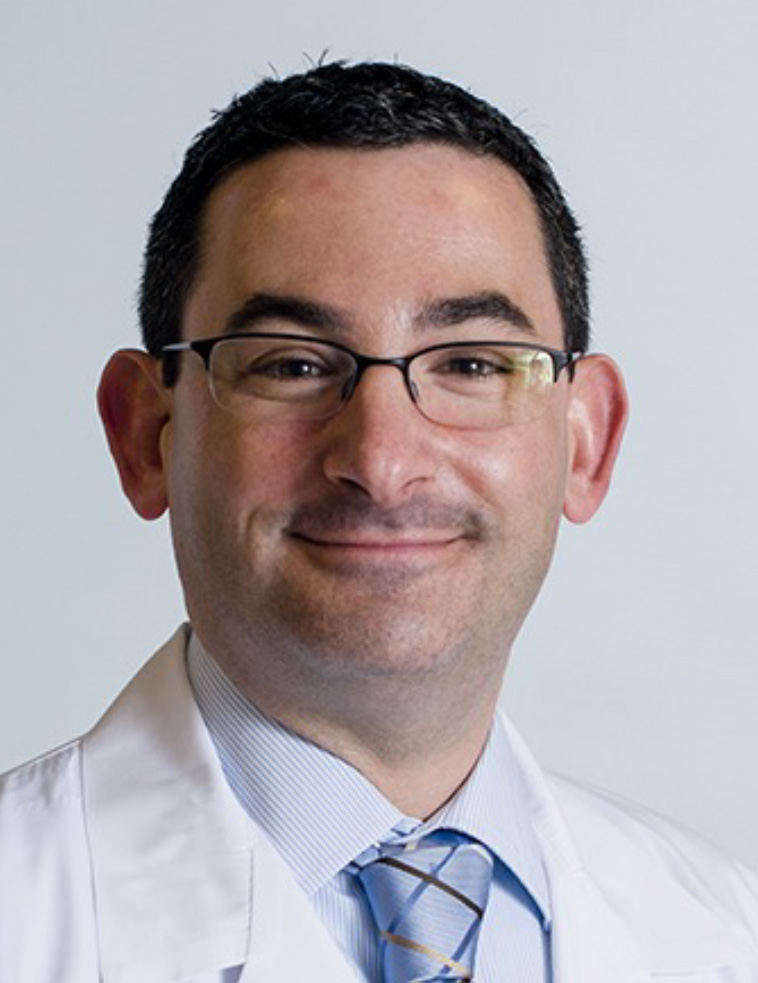
Jeremy Abramson, MD
Director, Jon and Jo Ann Hagler Chair for Lymphoma, Massachusetts General Hospital Cancer Center, Associate Professor of Medicine, Harvard Medical School, Boston, MA
Dr. Jeremy Abramson, is Director of the Lymphoma Program and the Jon and Jo Ann Hagler Chair in Lymphoma at the Massachusetts General Hospital Cancer Center, and Associate Professor of Medicine at Harvard Medical School. Dr. Abramson earned his medical degree from the Mount Sinai School of Medicine in New York City and a Masters Degree in Medical Sciences from Harvard Medical School. He completed a residency in Internal Medicine at the Massachusetts General Hospital in Boston, followed by a fellowship in Hematology and Oncology at the Dana-Farber Cancer Institute. Dr. Abramson specializes in lymphoid malignancies, encompassing all forms of non-Hodgkin lymphoma, Hodgkin lymphoma, and chronic lymphoid leukemias. His research focuses on discovering new therapeutic targets for these diseases and developing clinical trials for innovative cancer treatments and cellular immunotherapies. He is an active member of the American Society of Hematology, the American Society of Clinical Oncology, and a Fellow of the American College of Physicians. A prolific author, he has contributed extensively to papers and book chapters on lymphoma and is a frequent speaker at professional conferences.
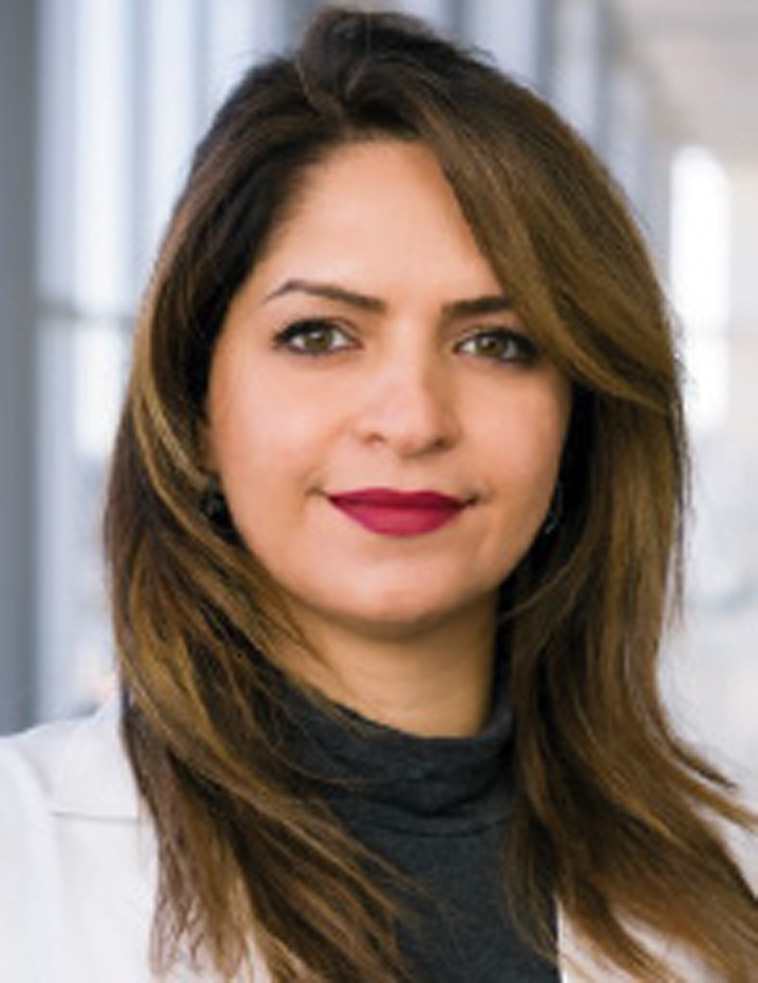
Aimaz Afrough, MD
Assistant Professor, Department of Internal Medicine, Assistant Professor, Division of Hematology and Oncology; Department of Internal Medicine, Harold C. Simmons Comprehensive Cancer, UT Southwestern Medical Center, Dallas, TX
Aimaz Afrough, MD, is an Assistant Professor in the Department of Internal Medicine at UT Southwestern Medical Center. She specializes in multiple myeloma and other plasma cell dyscrasias, developing cellular therapy such as CAR T-cells with or without transplant, and immunotherapy. Dr. Afrough received advanced training through a hematology and oncology fellowship at Baylor College of Medicine and a stem cell transplantation and cellular therapy fellowship at the University of Texas MD Anderson Cancer Center. Certified by the American Board of Internal Medicine in medical oncology and in hematology, she joined the UT Southwestern faculty in 2021. Dr. Afrough’s clinical research is focused on improving the therapy and outcome of patients with plasma cell disorders. She is particularly interested in developing novel therapeutic approaches, including adoptive cell therapy, to improve the safety and efficacy of therapies in patients with these disorders. She has published multiple academic articles and delivered multiple presentations. She is a member of several professional associations, including the American Society of Clinical Oncology, the American Society of Hematology, the American Society for Transplantation and Cellular Therapy, and the International Myeloma Society.
Jenny Myers Ahlstrom
Founder and CEO of the HealthTree Foundation US
Jenny Myers Ahlstrom is the Founder and CEO of the HealthTree Foundation, an innovative organization dedicated to advancing research and treatment options for multiple myeloma. As a survivor of this rare blood cancer, Jenny is passionate about empowering patients and fostering collaborative care in the fight against cancer. Under her leadership, HealthTree has developed the HealthTree Cure Hub, a groundbreaking platform that enables patients to track their disease, find treatment options, and connect with others, significantly enhancing patient engagement in the myeloma community. A sought-after speaker and advocate, Jenny emphasizes the critical role of patient involvement in research and the need for innovative solutions in cancer care. Her commitment to fostering a culture of hope and resilience, combined with her belief in collaboration among patients, researchers, and healthcare providers, drives her mission to accelerate cures and improve outcomes for those affected by blood cancers. Through her work, Jenny continues to inspire and empower patients, making significant strides in the fight against multiple myeloma.
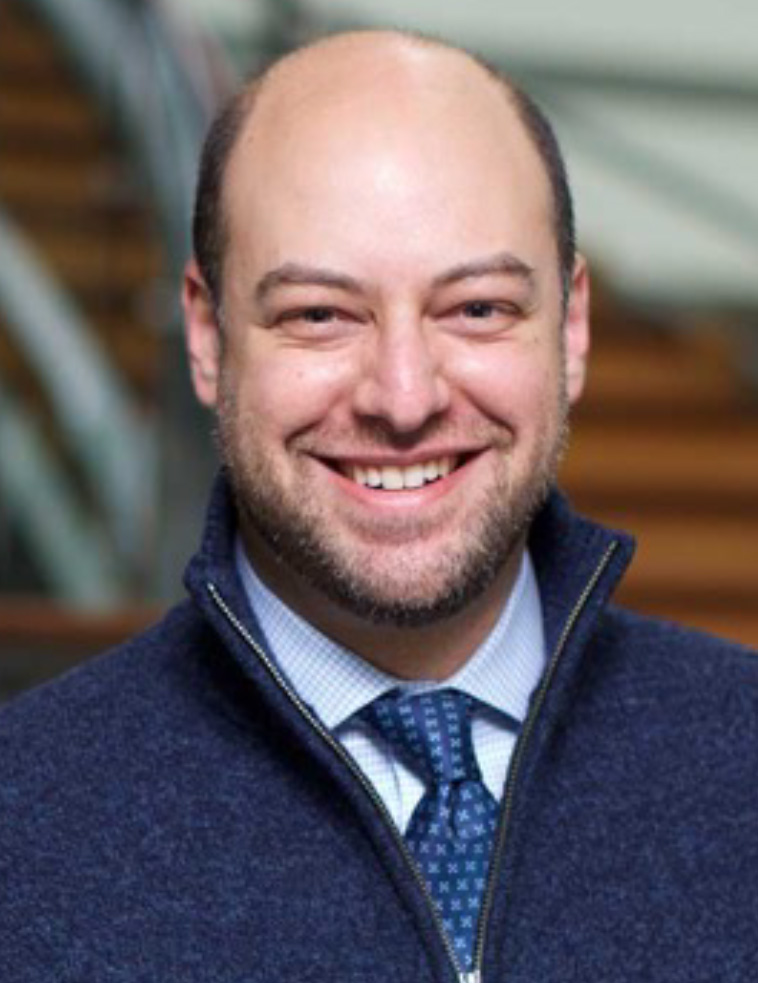
Jacob Appelbaum, MD, PhD
Assistant Professor, Physician and Acting Instructor, Division of Hematology and Oncology University of Washington, Senior Research Fellow, Fred Hutchinson Cancer Center,
Seattle, WA
Dr. Jacob Appelbaum, MD, PhD, is a board-certified hematologist specializing in the treatment of acute myeloid leukemia (AML) and other myeloid malignancies. He serves as a physician at Fred Hutchinson Cancer Center and holds the position of Assistant Professor in the Division of Hematology and Oncology at the University of Washington School of Medicine. Dr. Appelbaum earned both his medical degree and PhD from Yale University. He completed his residency in Internal Medicine at the University of California, San Francisco, followed by a fellowship in Hematology and Oncology at Fred Hutchinson Cancer Research Center. He is board-certified in Internal Medicine and Hematology by the American Board of Internal Medicine. In his clinical practice, Dr. Appelbaum focuses on hematologic malignancies, particularly AML. He is actively involved in research aimed at advancing treatments for these conditions, including the development of cellular immunotherapies such as chimeric antigen receptor (CAR) T-cell therapy. His work seeks to bridge the gap between laboratory research and clinical application to improve patient outcomes.
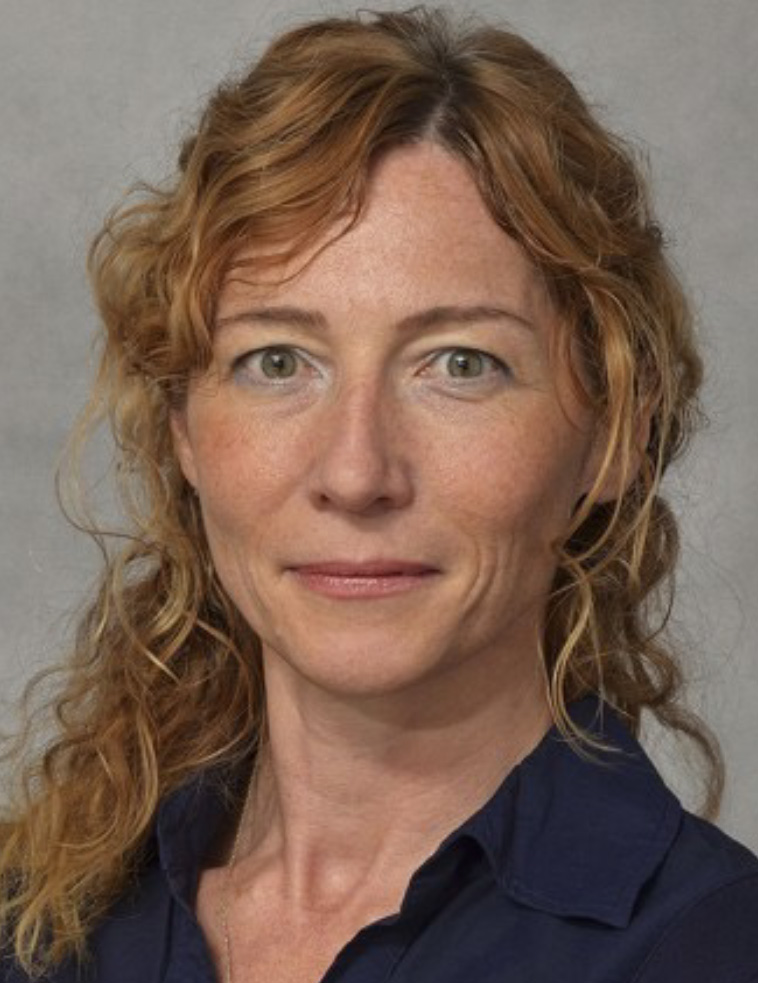
Veronika Bachanova, MD, PhD
Professor of Medicine, Division of Hematology, Oncology, and Transplantation, Director, Hematologic Malignancy Tissue Bank Section Head, Malignant Hematology Head, Hematology Malignancy Section Lead, CAR-T Cell Therapy, Clinical Program Chair, Interdisciplinary Lymphoma/CLL Site Committee, University of Minnesota,
Minneapolis, MN
Dr. Bachanova received her MD degree and PhD in Czechoslovakia. She moved to US in 1995 and completed an internal medicine residency at the Henry Ford Hospital and Hematology and Oncology fellowship at the University of Minnesota. Her basic research in the areas of natural killer cell development and immunobiology led to several prestigious awards including the Young ASCO Investigator Award, CALGB Clinical Investigator Award and the American Society of Hematology Scholar Award. Dr. Bachanova is a Professor of Medicine at the University of Minnesota, Section Head of Hematologic Malignancy and Lead for CAR-T Cell Therapy in Bone Marrow Transplant Program at University of Minnesota. Her research and clinical work focus on immunotherapies and stem cell transplantation for hematologic malignancies, particularly lymphoma. She founded and directs the Leukemia Tissue bank and has designed and conducted dozens of investigator- initiated clinical trials for lymphoma and leukemia.
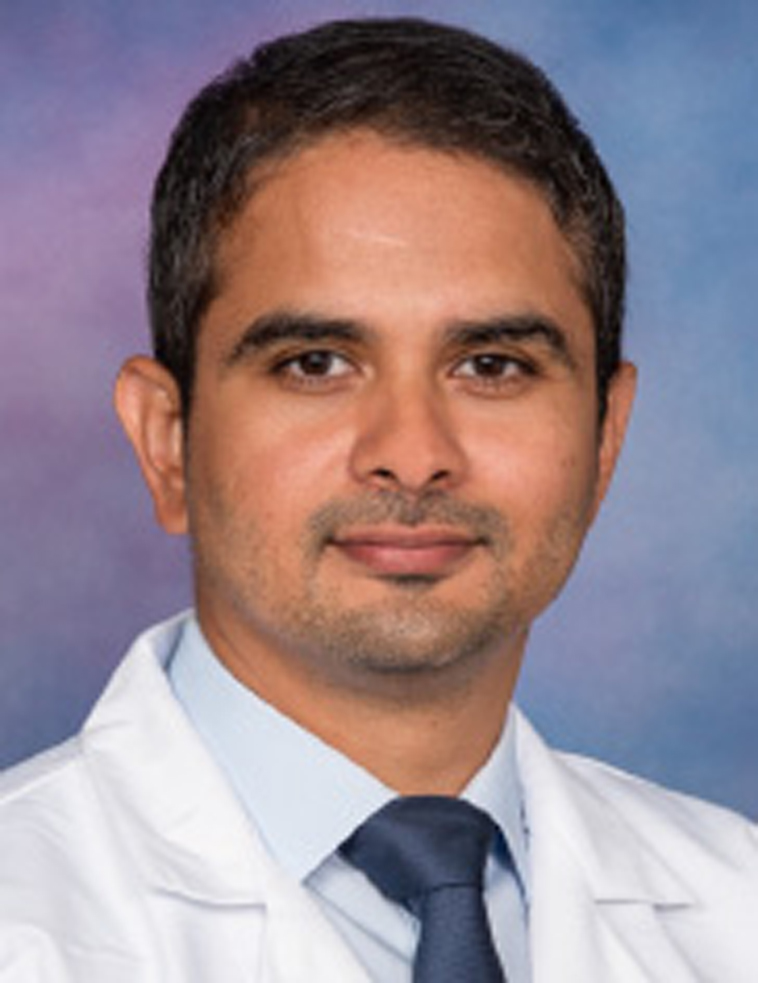
Suresh Kumar Balasubramanian, MD
Assistant Professor of Medicine, Department of Oncology, Karmanos Cancer Institute, Wayne State University, Detroit, MI
Dr. Balasubramanian is a physician-scientist in the Department of Oncology at Wayne State University and the Karmanos Cancer Institute, with a specialized clinical and research focus on myelodysplastic syndromes (MDS), leukemia, and clonal hematopoiesis. He began his medical training at Madras Medical College in India and has since undergone extensive training in malignant hematology. His journey started at the Hematology and Bone Marrow Transplant Institute in Singapore, followed by a translational hematology research fellowship in myeloid neoplasms at the Cleveland Clinic, deepening his commitment to advancing this field. He continued as a faculty at Wayne State after completing his hematology/oncology fellowship. Dr. Balasubramanian’s research is dedicated to uncovering the genetic underpinnings of myeloid neoplasms and applying these insights to improve patient outcomes. His lab also investigates the role of epigenetic regulators in myeloid neoplasms, with ongoing preclinical work on novel combinations involving menin inhibitors in AML models. With numerous publications in malignant hematology and several prestigious awards, he continues to make significant contributions to the field, providing hope for patients and advancing the understanding and treatment of myeloid neoplasms.
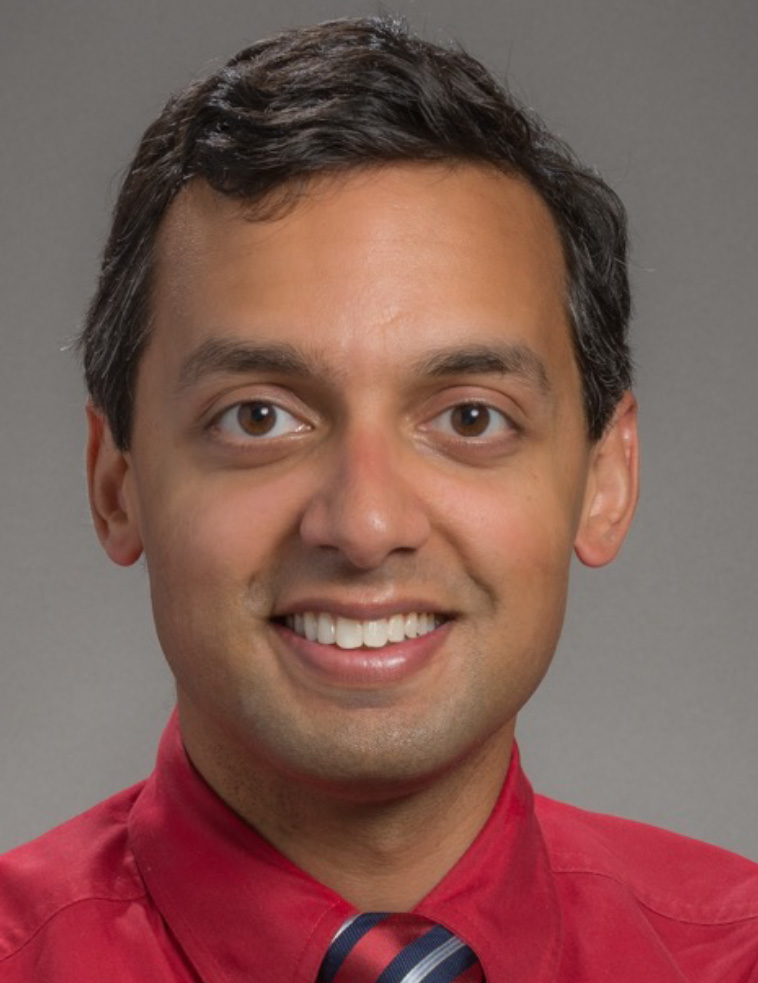
Rahul Banerjee, MD, FACP
Assistant Professor, Division of Hematology and Oncology, University of Washington School of Medicine, Assistant Professor, Clinical Research Division Physician Fred Hutchinson Cancer Center, Seattle, WA
Dr. Rahul Banerjee, MD, FACP, is an Assistant Professor at the Fred Hutchinson Cancer Center and at the University of Washington in Seattle, WA. His clinical interests are in multiple myeloma and CAR-T therapy. He is a member of the International Myeloma Working Group and has published over 70 peer-reviewed publications with an emphasis on improving the experiences of patients as they undergo treatment for multiple myeloma.
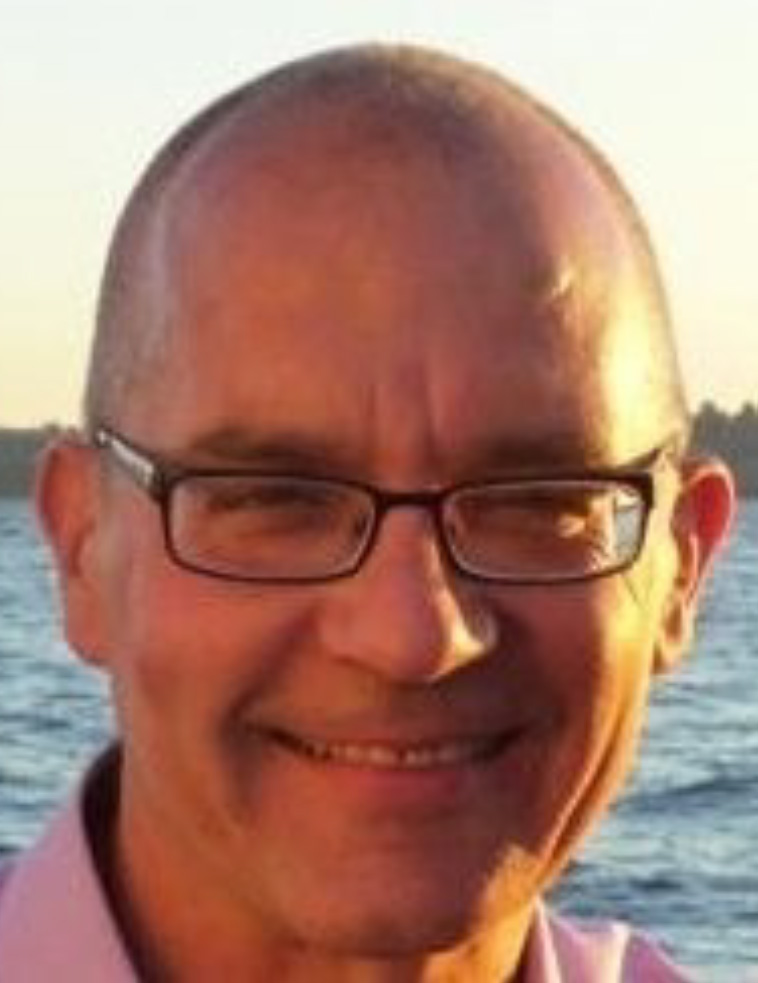
Tony Blau, MD
Professor, Department of Medicine/Hematology, Adjunct Professor, Department of Genome Sciences, Co-Director, Institute for Stem Cell and Regenerative Medicine Founder and CEO, All4Cure, University of Washington, Seattle, WA
Dr. C. Anthony "Tony" Blau is a distinguished physician-scientist specializing in hematology and oncology, with a focus on blood cancers. He serves as a Professor in the Department of Medicine/Hematology and holds an adjunct professorship in the Department of Genome Sciences at the University of Washington (UW). Dr. Blau co-founded the Institute for Stem Cell and Regenerative Medicine (ISCRM) at UW, where he has been instrumental in advancing stem cell research and its applications in regenerative medicine. In 2015, Dr. Blau was diagnosed with multiple myeloma, a type of blood cancer. This personal experience deepened his commitment to cancer research and patient advocacy. In response, he founded All4Cure, a knowledge-sharing platform that connects patients, physicians, and researchers to collaboratively advance the understanding and treatment of multiple myeloma. Dr. Blau's contributions to medicine are complemented by his compassionate patient care and dedication to empowering individuals affected by cancer. His innovative approach to integrating patient experiences with clinical research continues to influence the field of oncology.
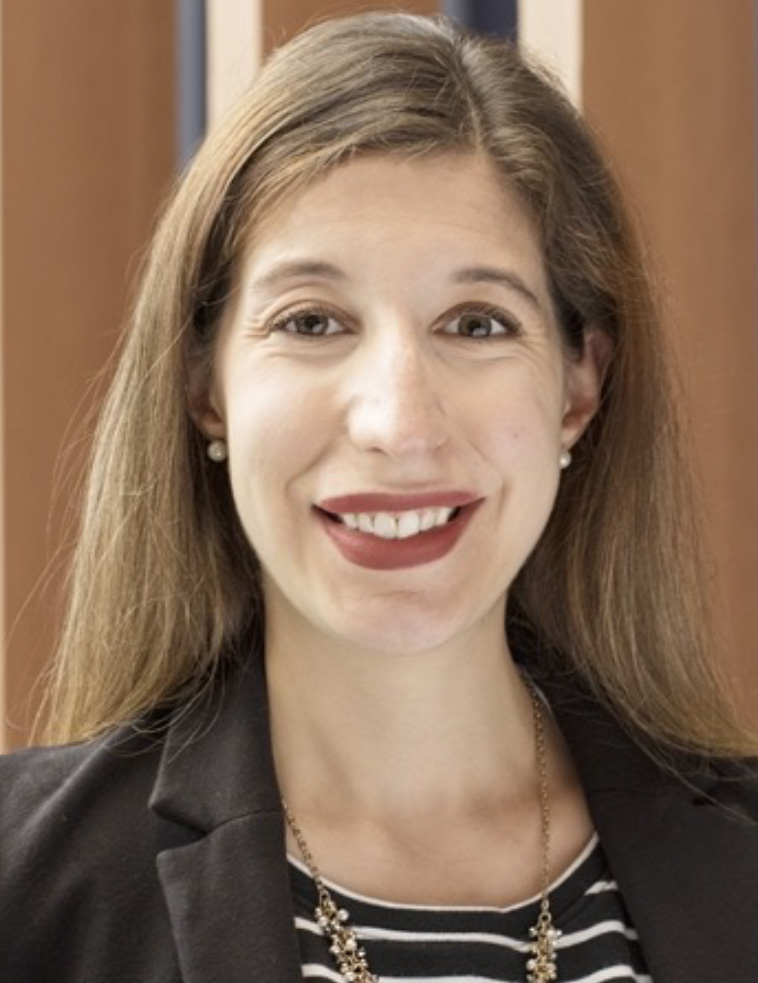
Elizabeth Brem, MD
Clinical Associate Professor, Division of Hematology/Oncology, Medicine, University of California, Irvine, Irvine, CA
Dr. Elizabeth A. Brem, MD, is an assistant clinical professor in the Division of Hematology/Oncology, School of Medicine at the University of California, Irvine. She is triple board-certified in Internal Medicine, Hematology, and Medical Oncology, with a clinical focus on lymphomas, chronic lymphocytic leukemia (CLL), and multiple myeloma. Dr. Brem earned her medical degree from the University at Buffalo Jacobs School of Medicine and Biomedical Sciences, and completed her residency at Beth Israel Deaconess Medical Center, where she also did her fellowship, in hematology/oncology. Dr. Brem is actively involved in clinical research and serves as the chair of the Lymphoma/CLL committee within the University of California Hematologic Malignancies Consortium. Additionally, she is a member of the SWOG Lymphoma Committee, where she works on designing innovative clinical trials for hematologic malignancies.
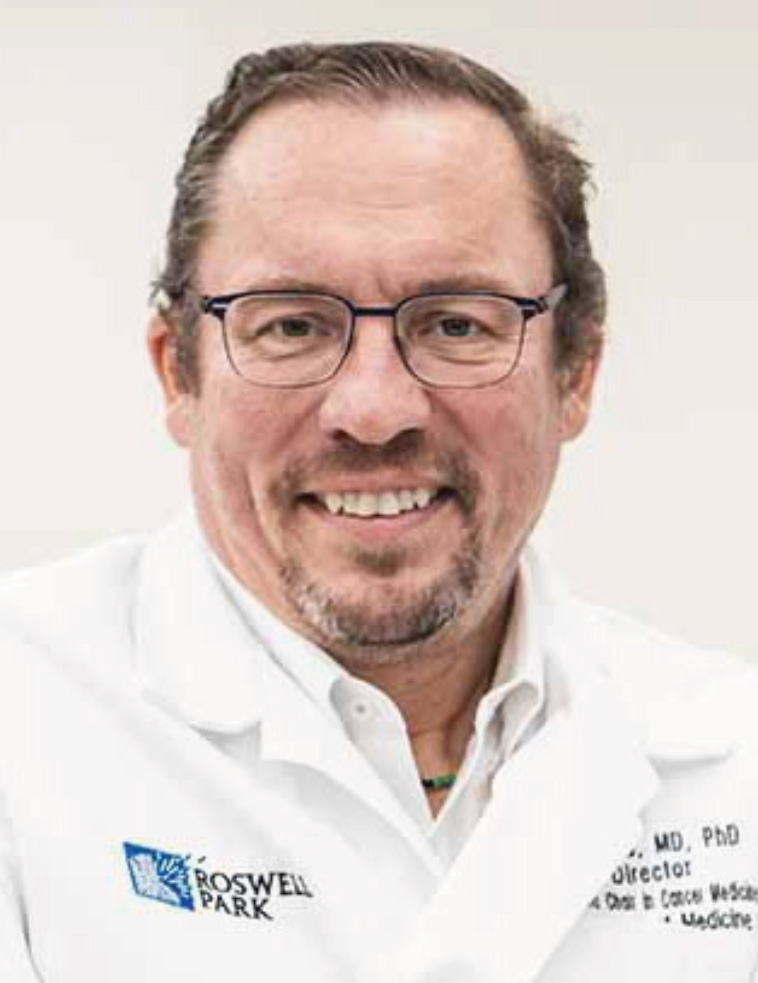
Renier Brentjens, MD, PhD
Professor Deputy Director Chair, Department of Medicine Roswell Park Comprehensive Cancer Center, Buffalo, NY
Dr. Renier Brentjens is professor at Roswell Park Comprehensive Cancer Center, with research interest in CLL. He initiated the initial pre-clinical studies demonstrating the potential clinical application of autologous T-cells genetically modified to target the CD19 antigen through the retroviral gene transfer of artificial T-cell receptors termed chimeric antigen receptors (CARs). Following completion of his medical oncology training, Dr. Brentjens became the principal investigator of his own laboratory. As a PI, Dr. Brentjens successfully translated these studies to the clinical setting treating patients with relapsed CD19+ tumors including chronic lymphocytic leukemia (CLL) and B cell acute lymphoblastic leukemia (B-ALL). Ongoing pre-clinical research in the laboratory is focused on the further development of CAR modified T-cells designed to overcome the hostile immunosuppressive tumor microenvironment through the generation of “armored CAR T-cells” currently being translated to the clinical setting as second-generation CAR modified T-cell clinical trials. Additionally, work in the Brentjens’ lab has expanded this CAR technology to target additional tumor antigens expressed on other malignancies including solid tumors. Dr. Renier Brentjens obtained an MD/PhD (microbiology) from SUNY Buffalo, completed a residency in medicine at Yale New Haven Hospital, and a medical oncology fellowship at Memorial Sloan Kettering Cancer Center (MSKCC).
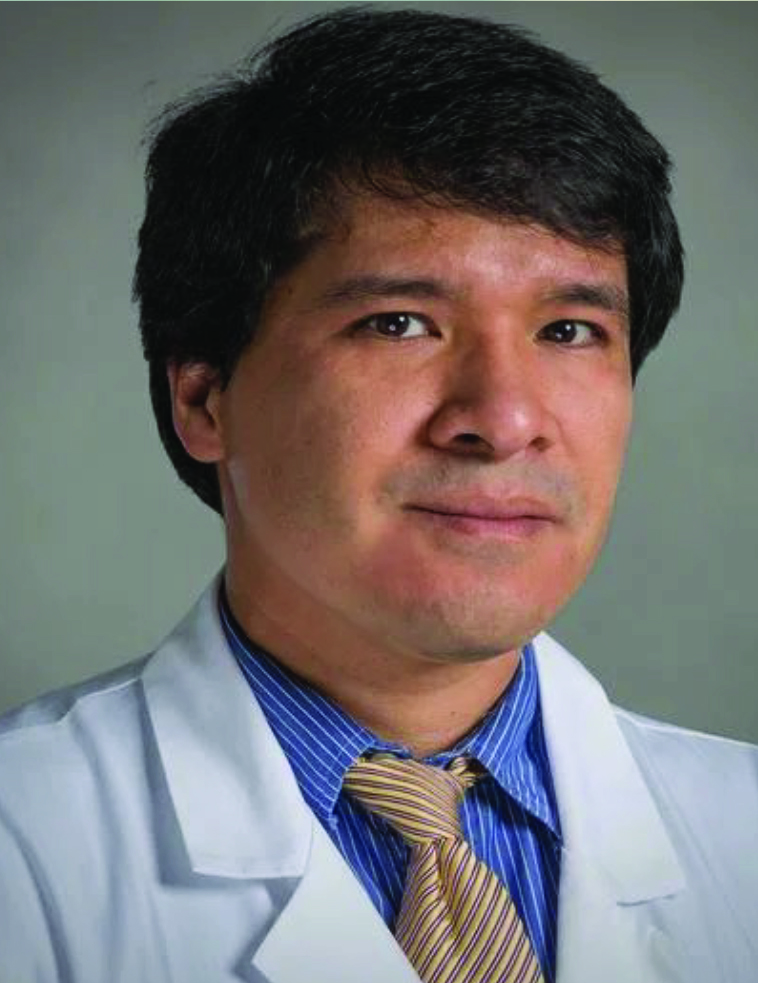
Julio J. Chavez, MD, MS
Associate Professor, University of South Florida, Associate Member Moffitt Cancer Center, Tampa, FL
Dr. Julio J. Chavez, is an Associate Member in the Lymphoma Section of the Department of Malignant Hematology at Moffitt Cancer Center. Dr. Chavez is also an Associate Professor at University of South Florida. Dr. Chavez earned his MD from the Medical School at the Universidad Peruana Cayetano Heredia in Lima, Peru. He completed his residency in Hematology at Hospital Edgardo Rebagliati Martins/Universidad Peruana Cayetano Heredia in Lima, Peru. He did his Internal Medicine training at the State University of New York in Buffalo, New York and completed his Medical Oncology training at the University of South Florida/Moffitt Cancer Center. Dr. Chavez is board-certified in Internal Medicine and Medical Oncology. His focus of clinical and research interests is in lymphoid malignancies, specifically aggressive lymphomas, virally-related lymphoid malignancies and chronic lymphocytic leukemia. He also has interest in acute lymphoblastic leukemia in the elderly. He is currently Principal Investigator in several clinical trials using targeted agents and immunotherapy. He is not only well versed in standard therapies, but he is an active participant in clinical research; and therefore, is able to offer his patients and their families the best treatment options tailored specifically to each patient. Dr. Chavez joined Moffitt Cancer Center in 2013.
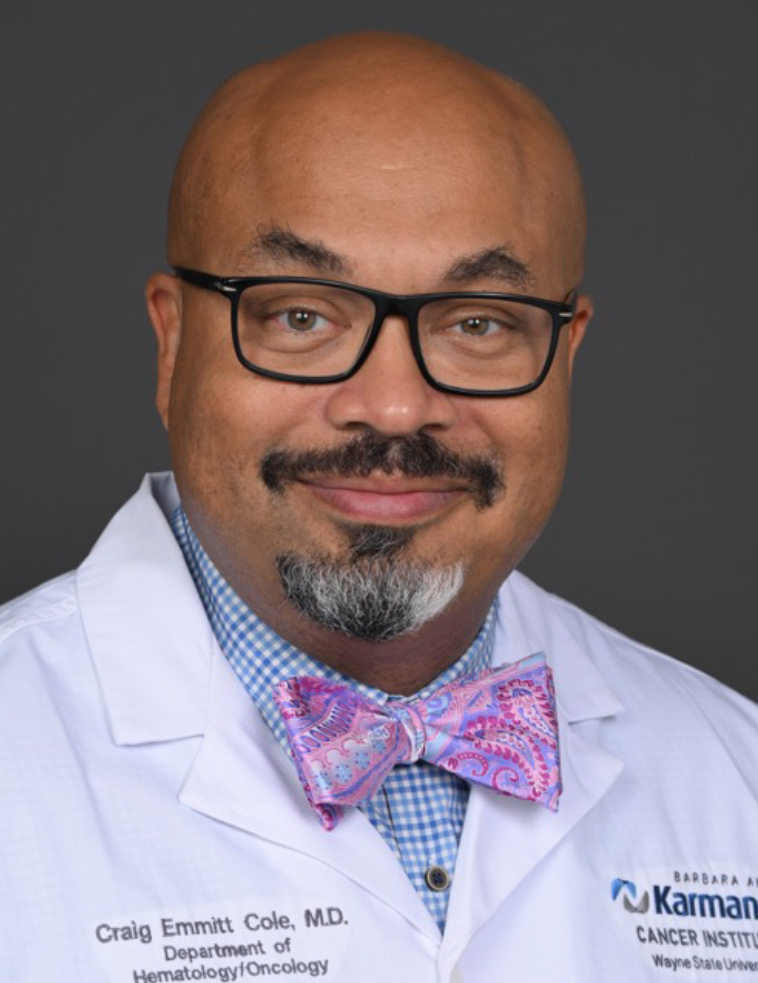
Craig Emmitt Cole, MD
Associate Professor, Department of Oncology, Division of Hematology Oncology, Wayne State University Barbara Ann Karmanos Cancer Institute, Detroit, MI
Dr. Craig Emmitt Cole, MD is a board-certified Hematologist who received his Bachelor of Science degree in physiology at Michigan State University and the College of Lyman Briggs, in East Lansing Michigan. Dr. Cole went on to receive his doctoral degree at the Ohio State University College of Medicine in Columbus, Ohio. He completed his Internal Medicine Residency and Hematology/Oncology Fellowship at the University of Michigan Health System, Ann Arbor, Michigan. Dr. Cole subsequently had a post-fellowship laboratory research position at the Jerome Lipper Multiple Myeloma Center of Medicine at Dana-Farber Cancer Institute in Boston, Massachusetts. This opportunity then led to him becoming an attending hematologist at Gundersen Health System in La Crosse, Wisconsin for 9 years. There he was an instructor for both the medical and nursing schools of the western campus of the University of Wisconsin School of Medicine and Public Health. He also served as Affiliate Faculty Member of Graduate Community Health Programs and Assistant Professor (Adjunct) at the University of Wisconsin-La Crosse, Department of Health Professions. While in Wisconsin, his clinical research interest was in multiple myeloma, malignant hematology, clinical apheresis, and patient reported outcomes in hematology. He then returned to the University of Michigan Rel Cancer Center in Ann Arbor, Michigan as an Assistant Professor in the Division of Hematology/Oncology with his primary clinical and research interest being in multiple myeloma. In 2019 he came back to Michigan State University in College of Human Medicine - Karmanos Cancer Institute at McLaren Greater Lansing as the Director of Clinical Cancer Research. Dr. Cole next expanded his work in myeloma research and clinical care in July of 2024 by joining the Multiple Myeloma and Amyloidosis Multidisciplinary Group at the Karmanos Cancer Institute as Associate Professor at Wayne State University School of Medicine in Detroit Michigan and Clinical Associate Professor at Michigan State University in East Lansing, Michigan. Dr. Cole has been participated in over 50 clinical trials in Multiple Myeloma and Malignant Hematology. Currently, he is a member of the International Myeloma Working Group, International Myeloma Society, and the American Society of Hematology. He has published in international journals and presented at the American Society of Hematology, International Myeloma Workshop, and the American Society for Apheresis meetings. Over the past 20 years, he has lectured the around the world to patients, researchers, and clinical providers in multiple myeloma, plasma cell dyscrasias, and disparities in cancer care. Dr. Cole has been fortunate to have won awards for his work in student and resident teaching, multiple myeloma research, and patient advocacy. Craig has always had a strong commitment to equity of cancer care, patient empowerment, and community education by working with several local and national patient advocacy associations to bring the news of myeloma research to everyone.
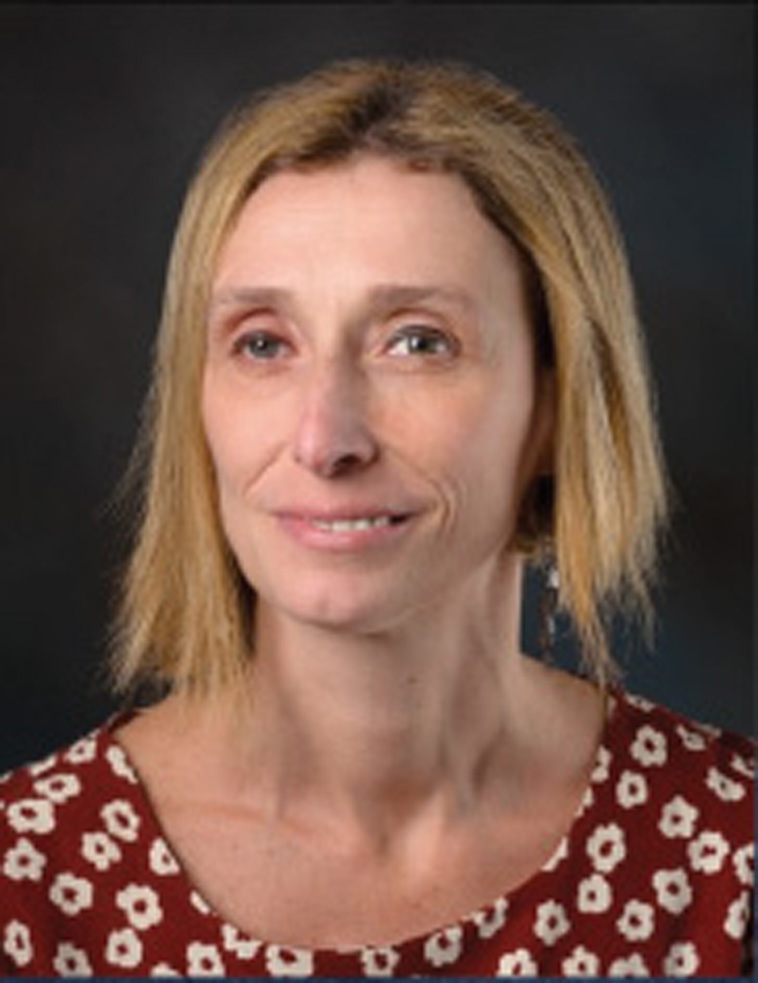
Simona Colla, PhD
Associate Professor, Department of Leukemia, Department of Experimental Therapeutics Division of Cancer Medicine, The University of Texas MD Anderson Cancer Center, Houston, TX
Dr. Simona Colla is an associate professor in the Department of Leukemia at the University of Texas MD Anderson Cancer Center. Her laboratory works on understanding the mechanisms underpinning the pathogenesis and progression of multiple myeloma (MM) and myelodysplastic syndromes. Dr. Colla leads a research laboratory focused on myelodysplastic syndrome (MDS), a group of blood disorders. Her work emphasizes understanding how MDS develops and why it becomes resistant to treatment. Dr. Colla’s journey into science began later in life in Italy, where she studied biology and hematology, followed by fellowship in Experimental Hematology. In 2006, she completed her fellowship from Myeloma Institute for Research and Therapy, The University of Arkansas. From 2008 to 2011, Dr. Colla did her fellowship in Medical Oncology from Dana Farber Cancer Institute Dr. Colla's background is rooted in a deep fascination with biology, and her work at MD Anderson involves translating this passion into cutting-edge cancer research, particularly in hematologic malignancies. Her lab explores the biological mechanisms that underlie MDS and its progression into more severe forms of leukemia, which has significant implications for improving treatments for patients
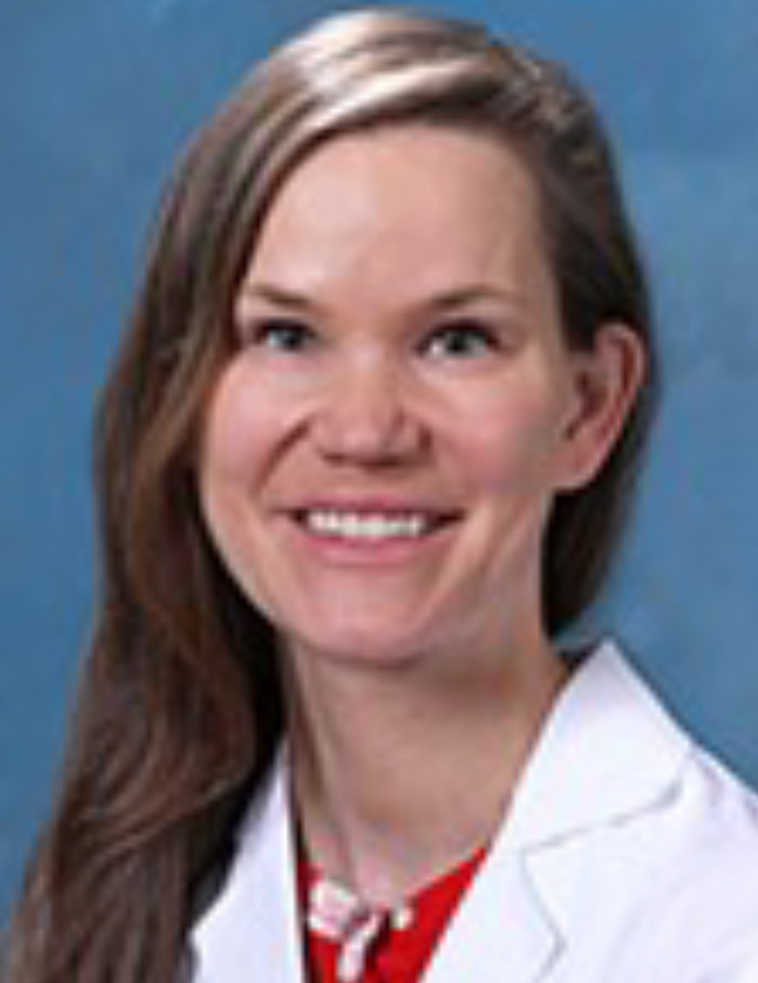
Catherine Coombs, MD
Associate Professor, Division of Hematology-Oncology, Department of Medicine UCI School of Medicine, Orange, CA
Dr. Catherine Coombs is a board-certified UCI Health hematologist and oncologist who specializes in the management of hematologic malignancies. Her primary expertise and research focus is chronic lymphocytic leukemia and small lymphocytic lymphoma (CLL/SLL). Her research is devoted to developing new drugs and novel drug combinations to treat CLL. She also has an interest in precursor conditions that can lead to blood cancers, including monoclonal B cell lymphocytosis, clonal cytopenia of undetermined significance, and clonal hematopoiesis of indeterminate potential. She has served as a principal investigator of numerous clinical trials of novel agents that have improved the care of these patients. Prior to joining the UCI School of Medicine, Dr. Coombs was a faculty at the University of North Carolina in Chapel Hill, N.C., where she spent six years developing a CLL program. Dr. Coombs earned her medical degree at the University of Cincinnati College of Medicine. She completed a residency in internal medicine at Duke University Medical Center, followed by a fellowship in hematology and oncology at Memorial Sloan Kettering Cancer Center.
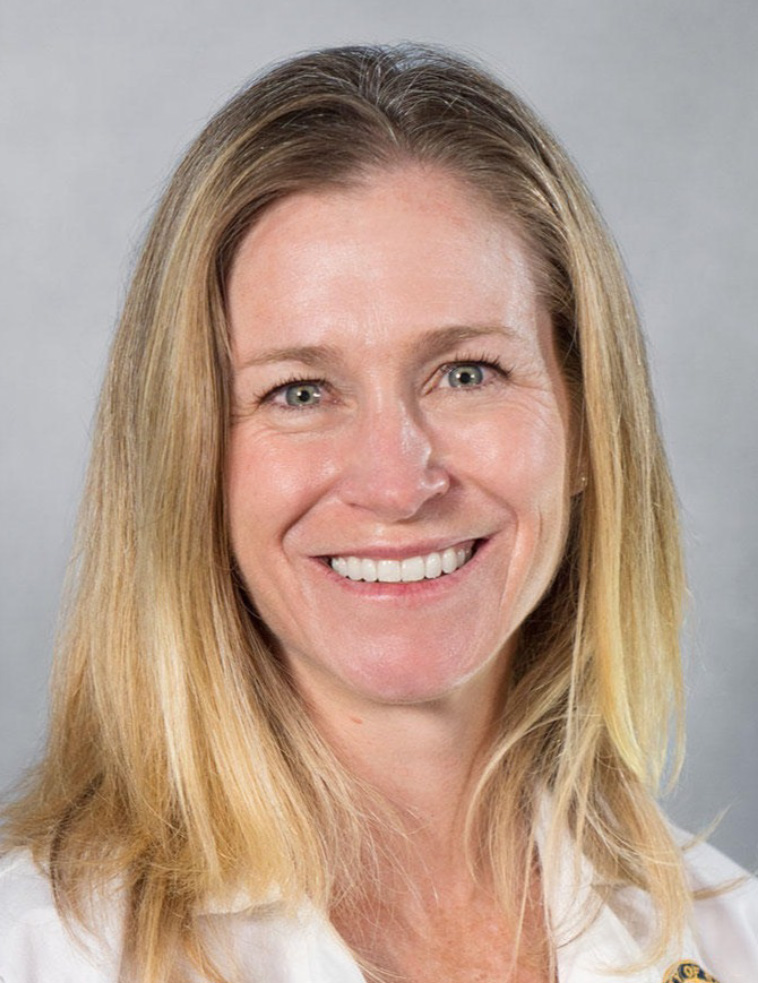
Caitlin Costello, MD
Clinical Professor of Medicine, Director, Multiple Myeloma Program, Division of Blood and Marrow Transplantation, Moores Cancer Center UC San Diego, Duarte, CA
Dr. Caitlin Costello, is a hematologist and medical oncologist who specializes in treating a variety of blood cancers, including multiple myeloma, lymphoma, and leukemia. She is part of the joint UC San Diego Health/Sharp HealthCare Blood and Marrow Transplantation (BMT) Program, which provides patients with the unique opportunity to receive care from the same physician throughout all phases of blood cancer treatment. This includes initial consultation and diagnosis, treatment to help achieve remission, care throughout stem cell transplants, and follow-up survivorship care. Dr. Costello offers chimeric antigen receptor (CAR) T-cell therapy to adults with relapsed or refractory B-cell lymphoma, a type of non-Hodgkin lymphoma. She also participates in several clinical trials that offer cutting-edge treatment strategies and therapies for a variety of blood cancers. Dr. Costello completed a fellowship in hematology-oncology with a focus in bone marrow transplantation at UC San Diego School of Medicine. She completed a residency in internal medicine at Weill Cornell Medical College, New York-Presbyterian Hospital. Dr. Costello earned her medical degree at Tufts University School of Medicine in Boston. Her primary clinical interests include treating plasma cell disorders such as multiple myeloma, Waldenstrom's macroglobulinemia and systemic amyloidosis. Her research focuses on refining the management and treatment of these diseases. She also has a special interest in precision medicine and developing treatment strategies that are most specific to the genetic and molecular details of an individual's disease.
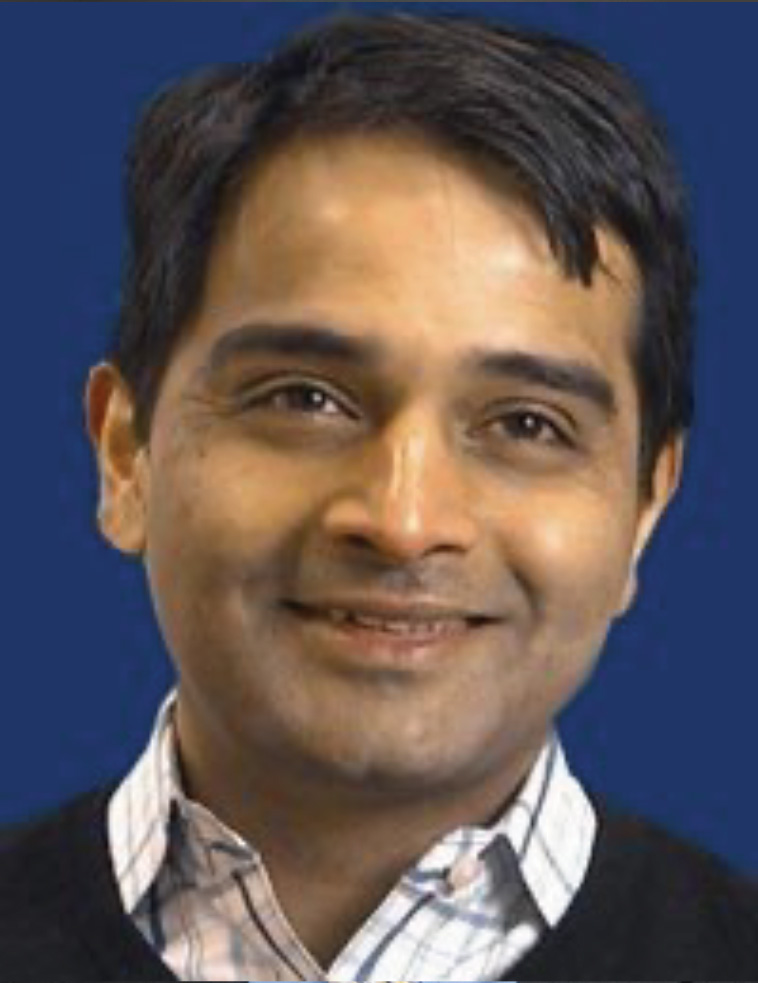
Naval Daver, MD
Director, Leukemia Research Alliance Program, Professor of Medicine, Leukemia Department, The University of Texas MD Anderson Cancer Center, Houston, TX
Dr. Naval Daver is an Associate Professor in the Department of Leukemia at MD Anderson Cancer Center. He is a clinical investigator with a focus on molecular and immune therapies in AML and Myelofibrosis and is principal investigator on >25 ongoing institutional, national and international clinical trials in these diseases. These trials focus on developing a personalized therapy approach by targeting specific mutations or immune pathways expressed by patients with AML, evaluating novel combinations of targeted, immune and cytotoxic agents, and identifying and overcoming mechanism of resistance. He is especially interested in developing monoclonal and bispecific antibodies, immune checkpoint and vaccine-based approaches in AML, MDS, and myelofibrosis and is leading a number of these trials at MDACC. Dr. Daver has published >150 peer-reviewed manuscripts and is on the editorial board of numerous hematology specific journals. He has also authored numerous abstracts at national and international conferences. Dr. Daver completed his medical school from Grant Medical College and Sir J group of Hospitals Mumbai, followed by a residency and fellowship in hematology-oncology from Baylor College of Medicine.
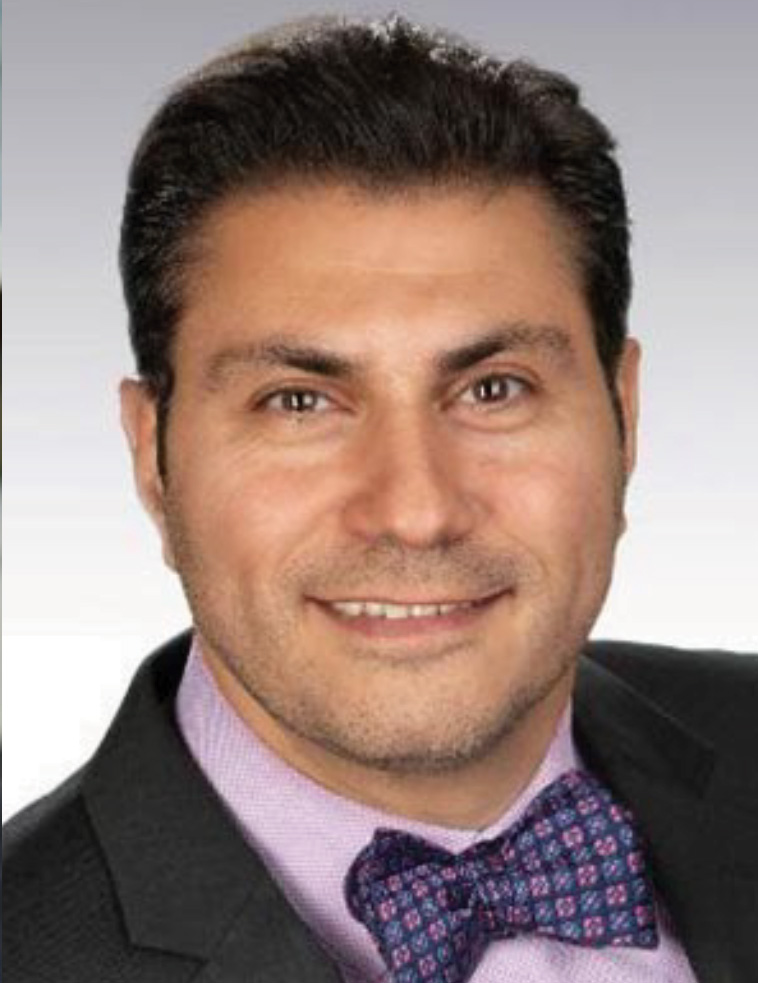
Alireza Eghtedar, MD
Associate Member, Physician, The Colorado Blood Cancer Institute, Denver, CO
Dr. Alireza Eghtedar, MD, is an Associate Member Physician at The Colorado Blood Cancer Institute. Dr. Eghtedar joined CBCI in 2015. Dr. Eghtedar is a member of the Myeloid, Lymphoid and Transplant Disease Groups. He is board certified in hematology and oncology. He was born and raised in Tehran, Iran. After receiving his high school diploma in science with honor in his hometown, he was directly accepted to Kermanshah University of Medical Sciences as a medical student. After graduation as a general practitioner, he moved to New York where he completed three years of internal medicine residency. Later he spent two years at MD Anderson Cancer Center in Houston as a leukemia fellow and assistant professor in the leukemia department. He completed his training at Wayne State University with a strong focus in hematopoietic stem cell transplantation. During his fellowship at Karmanos Cancer Institute transplant program, he investigated different aspects of improving immune suppression to better combat graft-versus-host disease in both acute and chronic settings. In pursuit of his career goal as a transplant physician, he had the opportunity to visit and interview at CBCI in Denver where all his career expectations came true. Dr. Eghtedar has a primary interest in novel treatments for myeloid malignancies, including but not limited to, acute and chronic leukemias. In addition, he is interested in alternative donor transplants for patients without a fully matched donor. Dr. Eghtedar approaches his practice with a profound sense of compassion and appreciation.
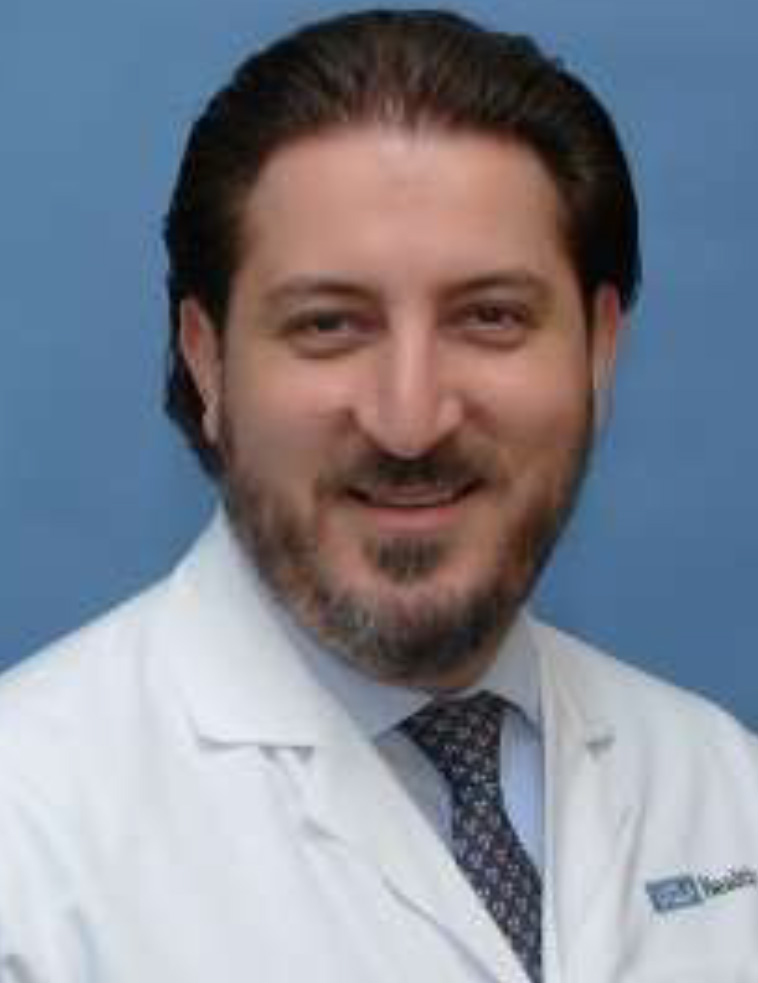
Herbert Eradat, MD
Professor University of California, Los Angeles Santa Monica, CA
Dr. Herbert A. Eradat is a distinguished hematologist and oncologist affiliated with UCLA Health, serving as a Health Sciences Clinical Professor of Medicine at the David Geffen School of Medicine. He is board-certified in internal medicine, hematology, and medical oncology. Dr. Eradat earned both his Doctor of Medicine (MD) and Master of Science (MS) degrees from The Chicago Medical School in 2002. He subsequently completed his internship, residency, and fellowship in hematology-oncology at the UCLA School of Medicine by 2008. His clinical interests encompass a wide range of hematologic conditions, including leukemia, lymphoma, multiple myeloma, bone marrow and stem cell transplantation, and bleeding and clotting disorders. He specializes in the treatment of hematologic malignancies and has special expertise in Leukemias and Lymphomas. He is a Lymphoma specialist and has expertise in new immunotherapy approaches to the treatment of these cancers. He also has expertise in Bone Marrow Transplantation and CAR-T cell therapy.
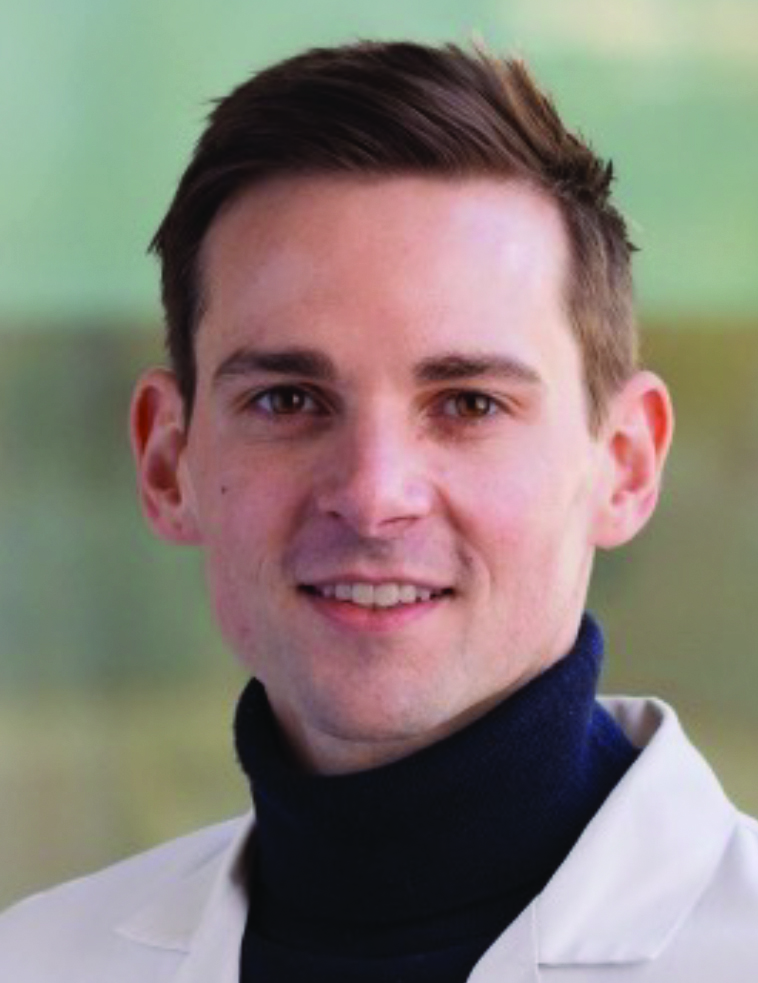
Daniel A. Ermann, MD
Assistant Professor, Hematology Huntsman Cancer Institute, Salt Lake City, UT
Dr. Daniel Ermann, MD joined the Division of Hematology/Hematologic Malignancies as an Assistant Professor in 2023 after completing his Hematology/Oncology fellowship at the Huntsman Cancer Institute of the University of Utah. Dr. Ermann’s clinical expertise is focused on patients with chronic lymphocytic leukemia (CLL) and other forms of non- Hodgkin lymphoma (NHL) and he is passionate about working towards a cure for these malignancies. Dr. Ermann is currently the physician lead of the CLL clinical trials program at Huntsman Cancer Institute. His primary research interests include implementing new targeted therapies for patients with CLL and lymphoma, evaluating novel treatment combinations, and developing supportive clinical trials for the complications of CLL. During his research time, he works to develops and implement ground-breaking clinical trials that can lead to new standards-of-care treatments for CLL and NHL. Dr. Ermann is the principal investigator on more than 8 ongoing clinical trials at Huntsman Cancer Institute and is involved in the national SWOG CLL Working Group which develops and opens important trials for CLL patients across the world. He is also focused on outcomes research evaluating and improving on current standards-of-care across the spectrum of lymphoma management. is originally from Pennsylvania where he graduated from the University of Pittsburgh. He earned his medical degree from St. George’s University prior to completing his Internal Medicine residency training at Creighton University in Omaha, Nebraska.
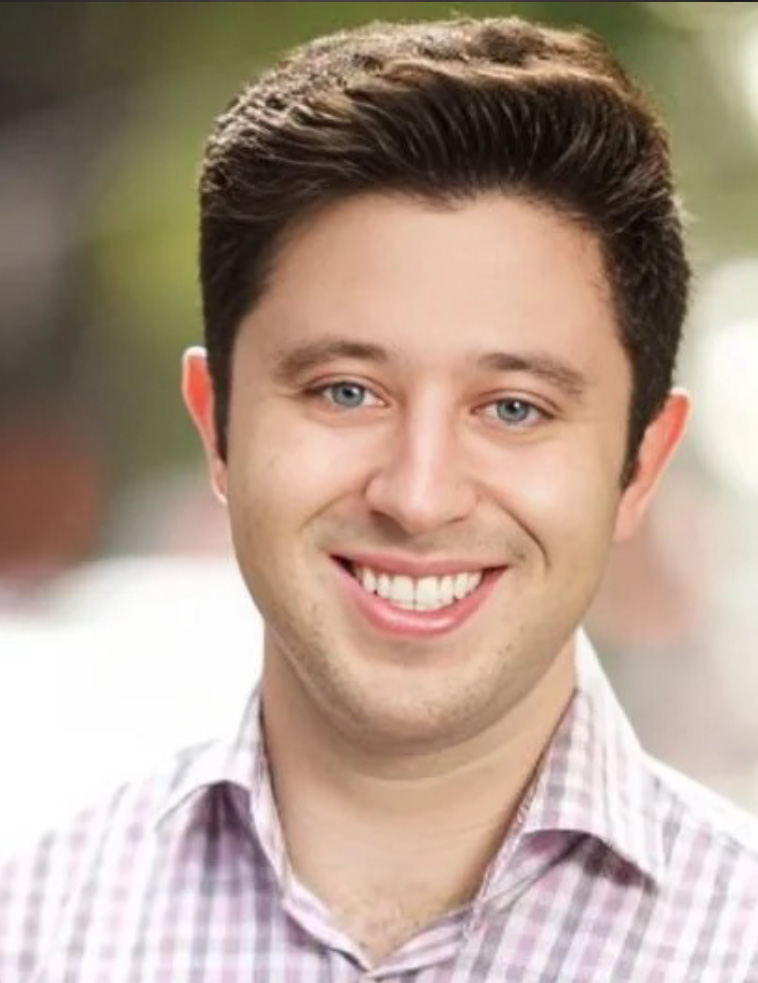
Ross Firestone, MD, PhD
Hematology/Oncology Fellow, Memorial Sloan Kettering Cancer Center, New York, NY
Dr. Ross Firestone, MD, PhD, is a Hematology/Oncology Fellow at Memorial Sloan Kettering Cancer Center (MSKCC) in New York City from 2021. He earned both his medical degree and a PhD in Biomedicinal Chemistry and Enzymology from the Albert Einstein College of Medicine, where his doctoral research focused on novel drug development. Following this, he completed his residency in Internal Medicine at the Icahn School of Medicine at Mount Sinai in 2021. At MSKCC, Dr. Firestone conducts clinical and translational research in multiple myeloma under the mentorship of Dr. Saad Usmani. His work has been published in reputable journals, including a study on the role of CD8 effector T cells in enhancing teclistamab response in multiple myeloma. His clinical expertise encompasses the treatment of hematologic malignancies, with a particular focus on multiple myeloma. Dr. Firestone is dedicated to advancing therapeutic strategies and improving patient outcomes through both his clinical practice and ongoing research endeavors.
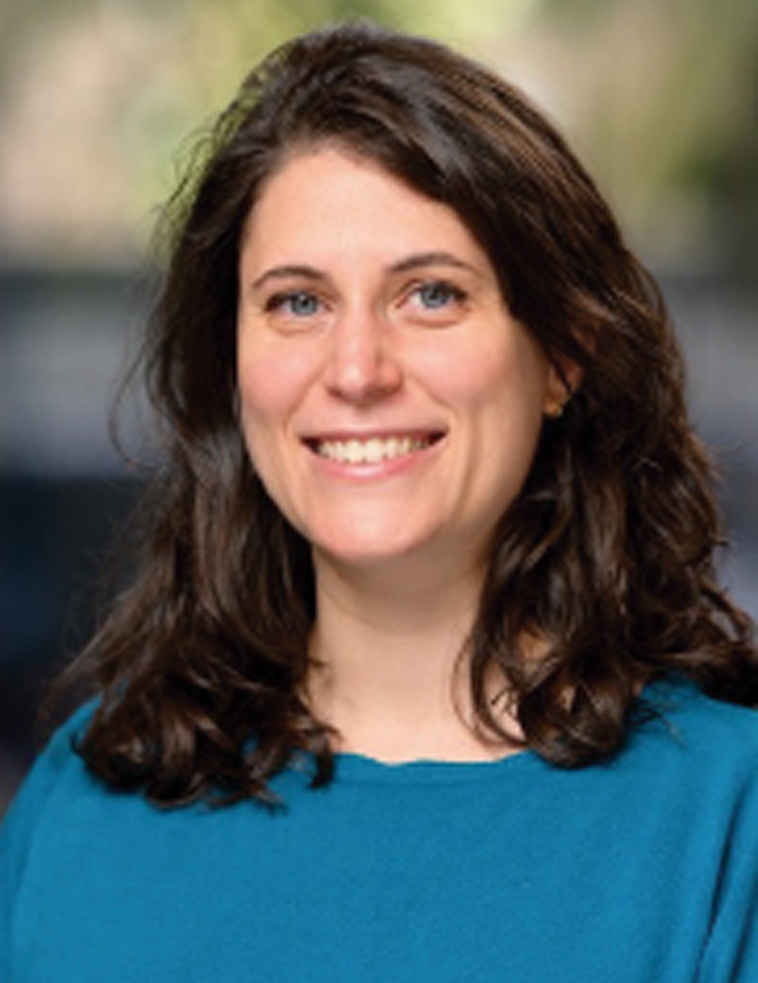
Paola Ghione, MD, MSEpi
Assistant Attending Physician, Memorial Sloan Kettering Cancer Center, New York, NY
Dr. Paola Ghione, MD, MSEpi, is an esteemed physician and researcher at Memorial Sloan Kettering Cancer Center, specializing in hematologic oncology. Her research focuses on lymphomas, specifically on novel therapies for T-cell lymphoma, a challenging subtype with limited treatment options. Dr. Ghione's work aims to improve patient outcomes by studying new drug combinations that target disease pathways in lymphoma. Her clinical and research efforts focus on improving treatments for patients whose lymphomas are resistant or relapsing, seeking better therapeutic strategies to address these cases. Dr. Ghione earned her medical degree from the University of Torino in Italy, where she went on to complete a fellowship in lymphoma and molecular biology. She also completed her residency in hematology at the same institution in 2017. Following this, she pursued an advanced lymphoma fellowship at Memorial Sloan Kettering Cancer Center (MSK), where she now works as a lymphoma specialist. Additionally, she obtained a Master of Science in Epidemiology (MSEpi) from Columbia University Dr. Ghione’s LRF research project is aimed at determining the efficacy of two novel drugs, which inhibit the disease-causing pathways that lead to T-cell lymphoma. Using tissue biopsy samples, Dr. Ghione is studying these drugs both as single agents and, perhaps with more promising results, as combined therapy. Dr. Ghione is actively involved in clinical trials and research, particularly focusing on lymphomas. She was co-investigator in phase III clinical trial evaluating efficacy of lenalidomide and Rituximab plus Tazemetostat in Patients with Recurrent or Persistent Follicular Lymphoma.
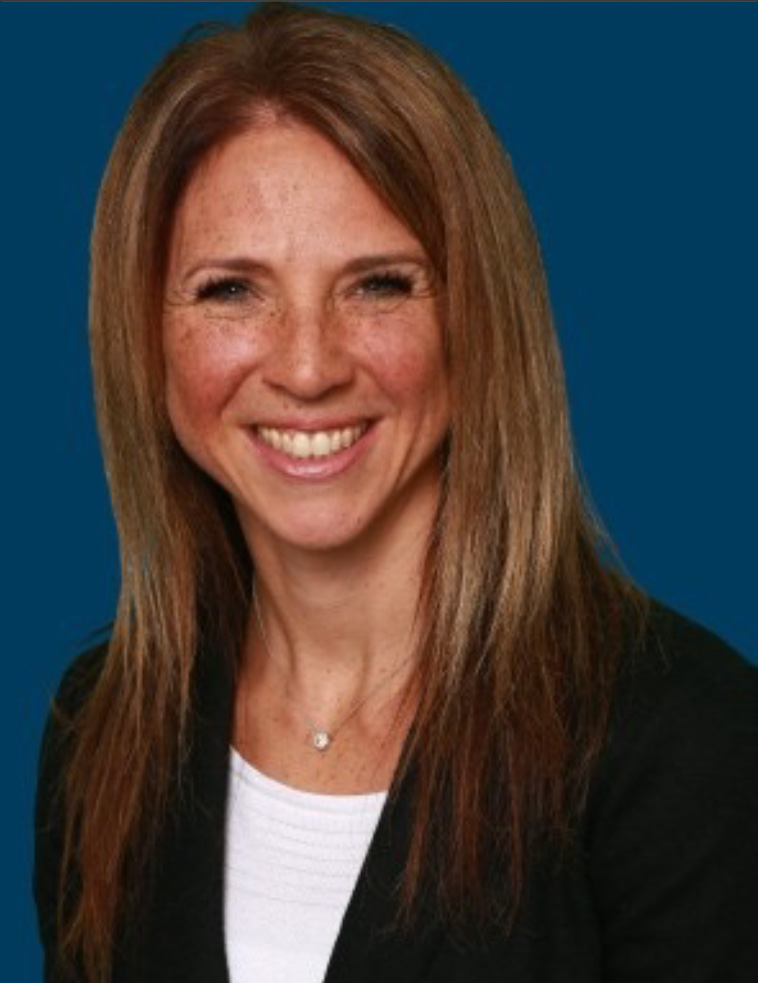
Tara Graff, DO, MS
Medical Oncologist, Mission Cancer and Blood, Waukee, IA
Dr. Tara Graff serves on the BMS National CAR-T Cell Advisory Board for Lymphoma as well as sitting on multiple National Lymphoma Advisory Boards, NHL Advisory Council and LBCL Steering Committee. She is a member of ECOG Clinical Trial Organization, Lymphoma Working Committee for the CIBMTR and sits on the Lymphoma Research Foundation (LRF). She has paired with LLS doing patient education for rural cancer patients as well as CAR-T and bispecific education for community oncologists. Dr. Graff is the cellular therapy lead for Exigent Research as well as co-chair for the malignant hematology council for Exigent Research. She is an educational speaker for many companies and is trained in MRD interpretation through Adaptive Biotech. Dr. Graff has worked at Mission Cancer and Blood in Des Moines IA for the over 9 years specializing in CLL and NHL. Dr. Graff earned her undergraduate degree in biology from Elmhurst College where she graduated in 2000. She then obtained her Masters degree from Loyola University in Chicago and earned her Doctor of Osteopathic Medicine credentials from Lake Erie College of Osteopathic Medicine in Bradenton, Florida in 2009. She completed her residency training in Internal Medicine and a fellowship in Hematology and Oncology at the Medical College of Wisconsin at Froedtert Memorial Lutheran Hospital. She has led several clinical research projects and has published many original oncology and hematology articles. Dr. Graff moved to the Des Moines area and joined Mission Cancer + Blood in August 2014. Dr. Graff serves as the Primary Investigator for multiple clinical trials both past and present and is Physician Champion and Lead for Mission Cancer and Blood Clinical Trials Program.
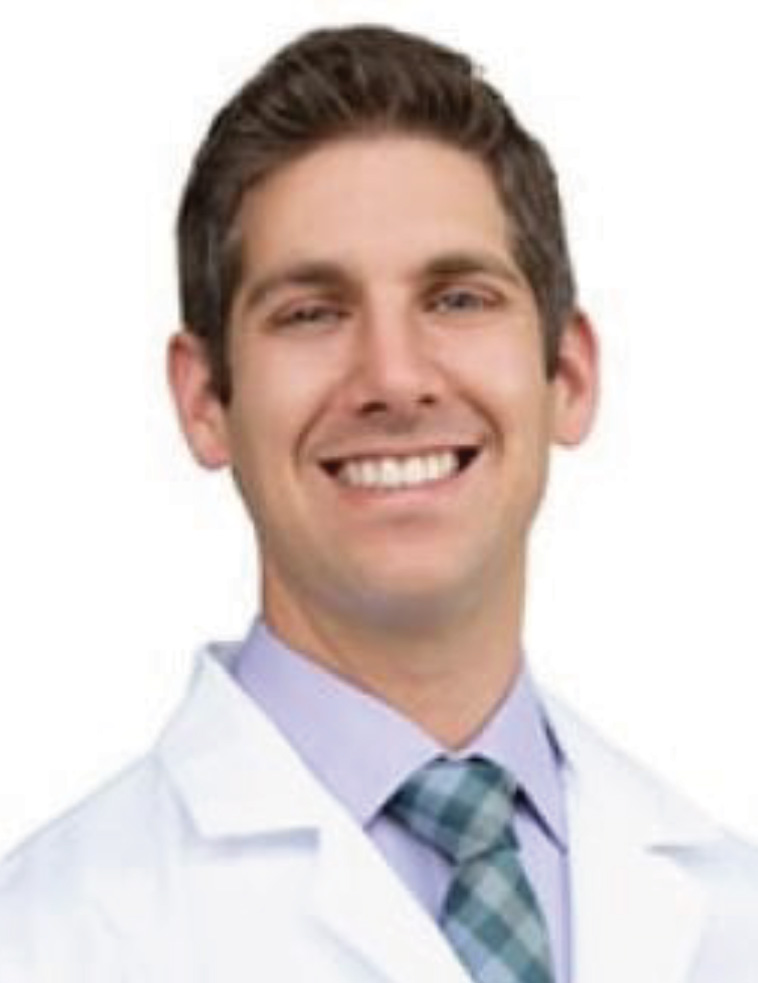
Scott Goldsmith, MD
Assistant Professor Division of Multiple Myeloma Department of Hematology & Hematopoietic Transplantation City of Hope, Duarte, CA
Dr. Goldsmith is an Assistant Clinical Professor in the Department of Hematology and Hematopoietic Cell Transplantation, at City of Hope. He specializes in the treatment of multiple myeloma, which is also the focus of his prolific research. He passionate about bringing new and innovative treatments to patients with multiple myeloma and other hematologic malignancies through translational research and clinical trials After graduating with honors from the University of Florida, Dr. Goldsmith earned his medical degree from UF’s College of Medicine in 2013. He continued his training at Barnes-Jewish Hospital, Washington University School of Medicine in St. Louis.
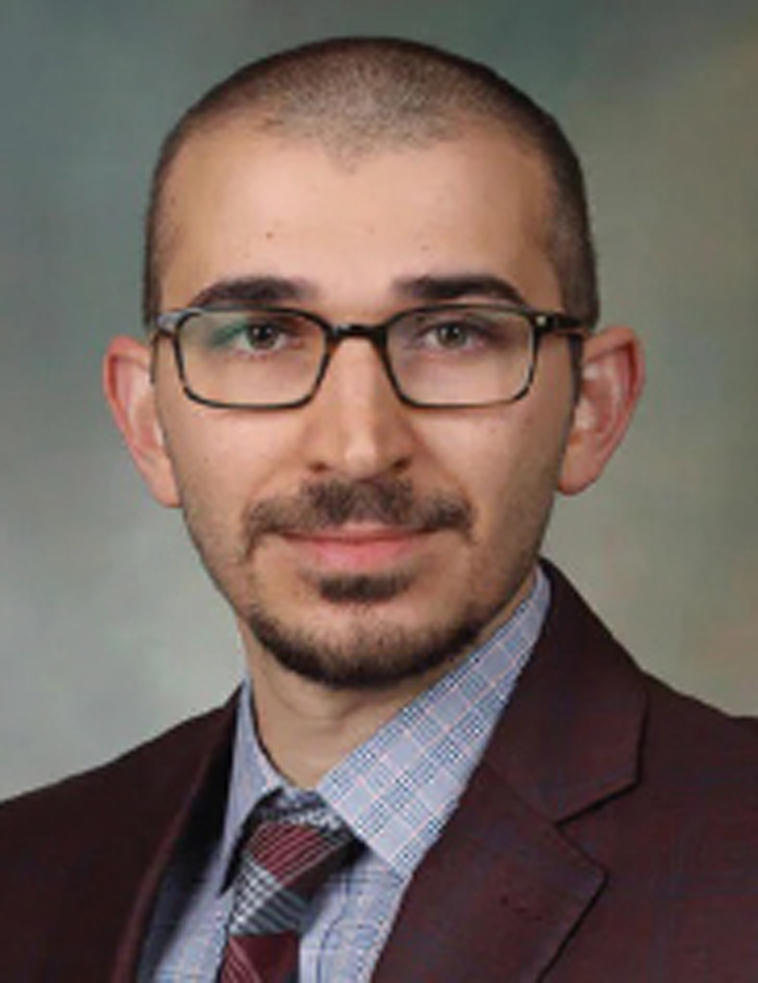
Talal Hilal, MD
Senior Associate Consultant, Division of Hematology/Oncology, Program Director, Hematology/Oncology, Fellowship Assistant Professor of Medicine, Mayo Clinic,
Phoenix, AZ
Dr. Talal Hilal, MD, is a hematologist/oncologist and bone marrow transplant physician with a clinical focus on chronic lymphocytic leukemia, lymphoid malignancies, and histiocytic neoplasms. Dr. Hilal attended medical school at the Royal College of Surgeons in Ireland. He obtained training in internal medicine at the University of Kentucky and in hematology/oncology at the Mayo Clinic in Phoenix, Arizona where he served as Chief Fellow. In his clinical practice, he is interested in incorporating various modalities of therapy that help serve individual patient needs, including using novel targeted therapies, bispecific T-cell engagers, and cellular therapy. He is active as principal investigator on multiple industry-sponsored trials. He also serves as the Program Director for the Hematology/Oncology Fellowship Program at Mayo Clinic in Arizona.
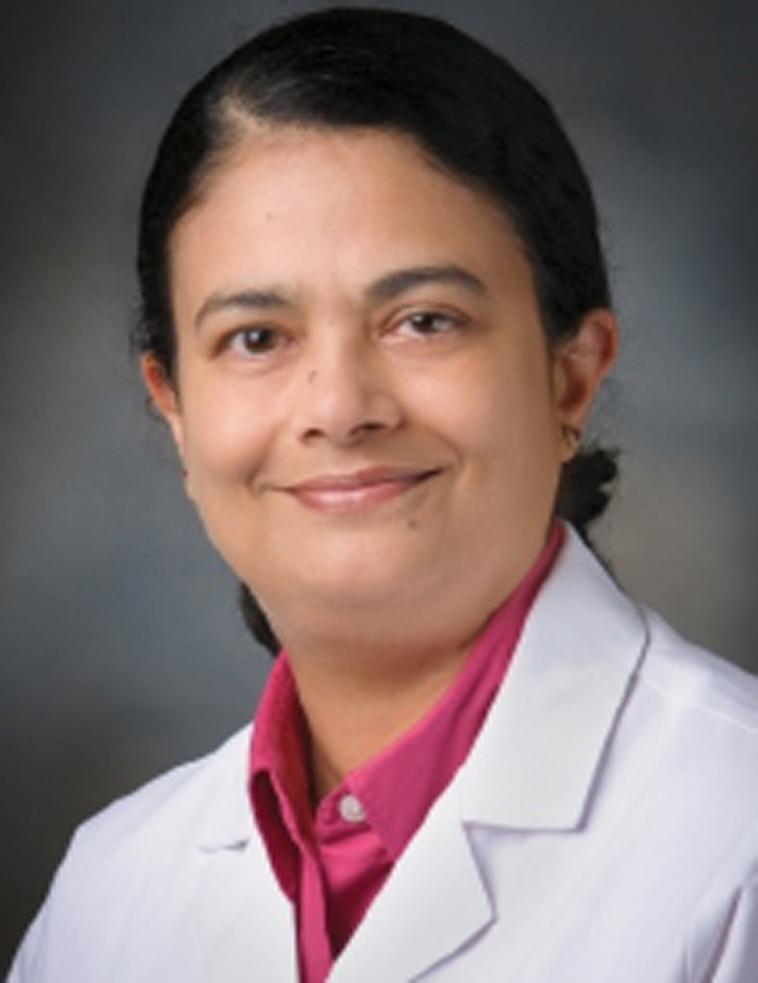
Chitra Hosing, MD
Professor of Medicine Medical Director, Apheresis Center Medical Director, Cord Blood Bank, Department of Stem Cell Transplantation and Cellular Therapy, The University of Texas MD Anderson Cancer Center, Houston, TX
Dr. Chitra Hosing is the Medical Director of the Apheresis Center and the Cord Blood Bank in the Department of Stem Cell Transplantation and Cellular Therapy at the University of Texas MD Anderson Cancer Center. She is interested in developing novel cellular therapies for the management of hematologic malignancies and for autoimmune diseases. She was the co-PI for CD19 NK CAR study; results from the trial were published in New England Journal of Medicine and were featured on the Wall of Science at MD Anderson. She is the PI for clinical trial using CD-5 NK CAR for T-cell malignancies. She is seeing early encouraging results on this trial. She is also the PI/co-PI for several cellular therapy trials for autoimmune disorders like Lupus nephritis, systemic sclerosis etc. The first such trial using our AD- PluReceptor cord blood derived NK product for patients with systemic lupus erythematosus, lupus nephritis and systemic sclerosis has been approved by our IRB and by the FDA. She is the PI for this novel, first in human study.
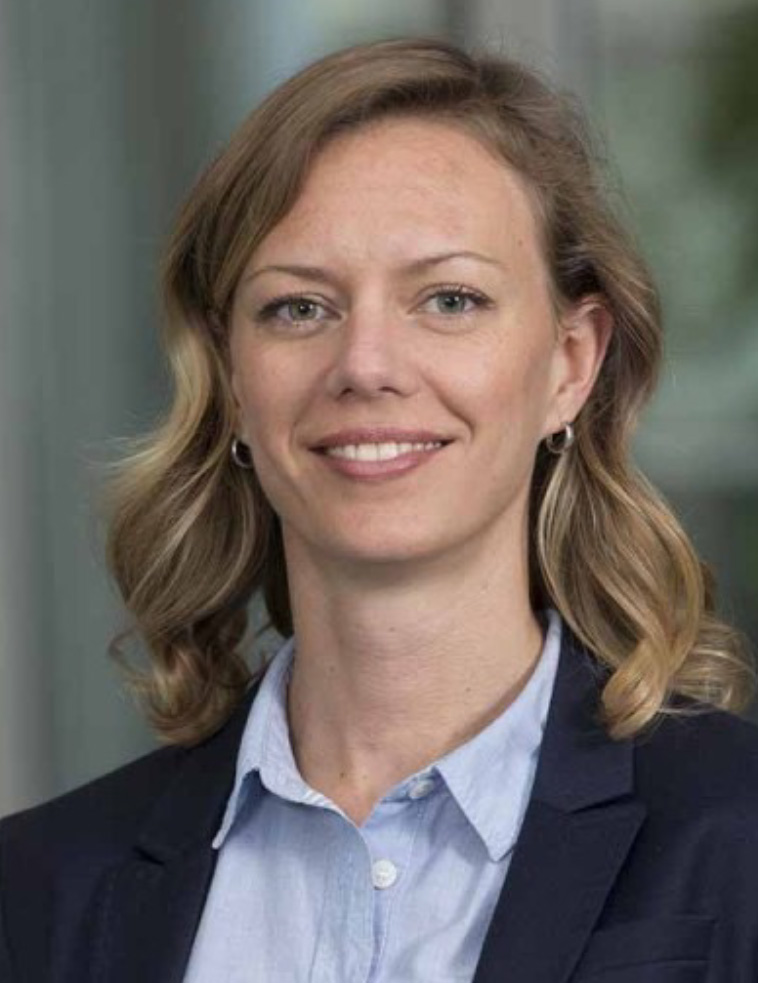
Malin Hultcrantz, MD, PhD
Associate Professor, Associate Attending Physician Myeloma Service, Memorial Sloan Kettering Cancer Center, New York, NY
Dr. Malin Hultcrantz is a board-certified hematologist who specializes in the treatment of multiple myeloma and related plasma cell disorders including the precursor disorders monoclonal gammopathy of undetermined significance (MGUS) and smoldering multiple myeloma. Together with her colleagues at MSK, Dr. Hultcrantz focused on further optimizing treatment strategies for people with multiple myeloma. They offer a variety of modern treatments including clinic trials and novel immunotherapies. They are also working on measures to continue to improve patients’ quality of life while receiving treatment for multiple myeloma. Additionally, she have a particular interest in studying mechanisms and markers of progression from precursor disease to multiple myeloma. As part of this effort, Dr. Hultcrantz is developing targeted genomic tests for disease characterization and measurement of minimal residual disease. Better understanding of disease biology allows for better risk stratification and personalized treatment including early treatment for patients with high-risk precursor disease. Dr. Hultcrantz completed her medical training and doctoral studies at the Karolinska Institute in Stockholm, Sweden in 2006. Later in 2008, she finished her residency in internal medicine from University Hospital Orebro, followed by fellowship in hematology/internal medicine & advanced oncology from Karolinska University Hospital, and Memorial Sloan Kettering Cancer Center, respectively.
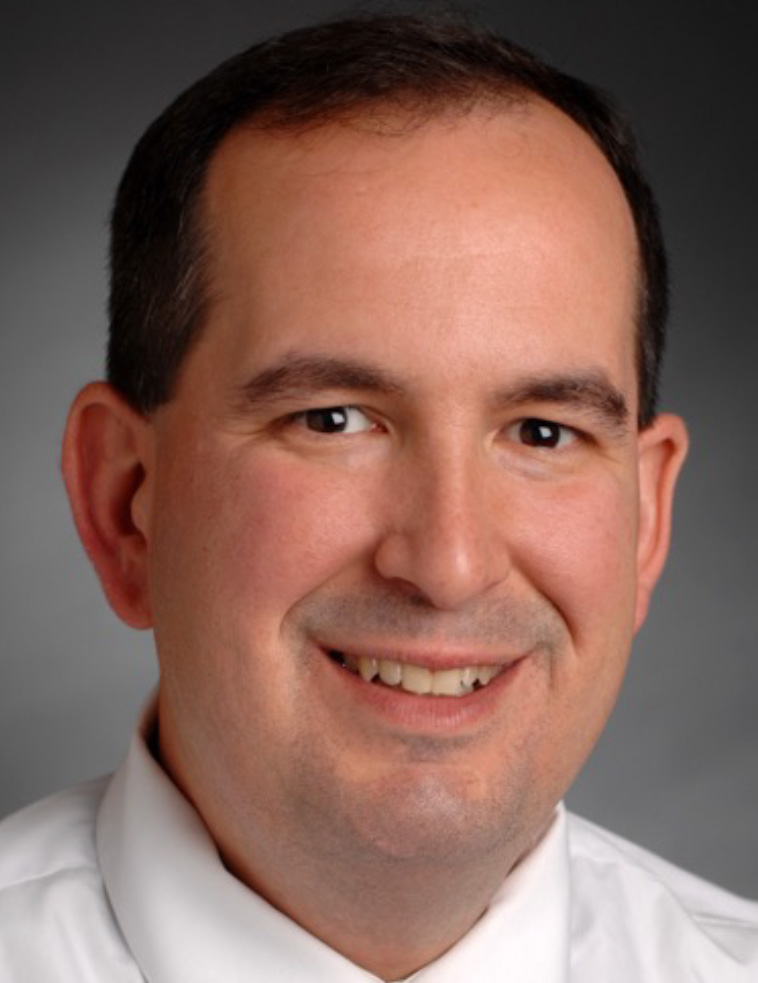
Eric D. Jacobsen, MD
Clinical Director, Adult Lymphoma, Program Director, Histiocyte Disorders Center, Associate Professor of Medicine, Harvard Medical School Dana-Farber Cancer Institute, Boston, MA
Dr. Eric D. Jacobsen is a hematologist/oncologist at the Dana-Farber Cancer Institute, where he specializes in the treatment of lymphoma. He is the Clinical Director of the Lymphoma Program at Dana-Farber and an Associate Professor of Medicine at Harvard Medical School. Dr. Jacobsen's research focuses on the development of new treatments for lymphoma, including clinical trials of novel agents and combinations for Hodgkin and non-Hodgkin lymphoma. He is particularly known for his work on therapies targeting the tumor microenvironment and enhancing the efficacy of chemotherapy and immunotherapy for lymphoid malignancies. Dr. Jacobsen received his MD from the University of Connecticut School of Medicine in 1999. He completed postgraduate training in Internal Medicine at Johns Hopkins Hospital, followed by a fellowship in Medical Oncology and Hematology at Dana-Farber Cancer Institute. He joined the division of Hematologic Malignancies in 2005. Dr. Jacobsen's research focuses on developing innovative therapies for both Hodgkin and non-Hodgkin lymphomas. His work emphasizes advancing clinical trials that test new agents and therapeutic combinations to improve treatment outcomes, with a particular interest in reducing toxicity. A key area of his research involves targeting the tumor microenvironment, aiming to disrupt the supportive interactions between lymphoma cells and their surroundings to enhance the efficacy of therapies. He also focuses on optimizing immunotherapy and chemotherapy combinations, striving to improve patient responses.
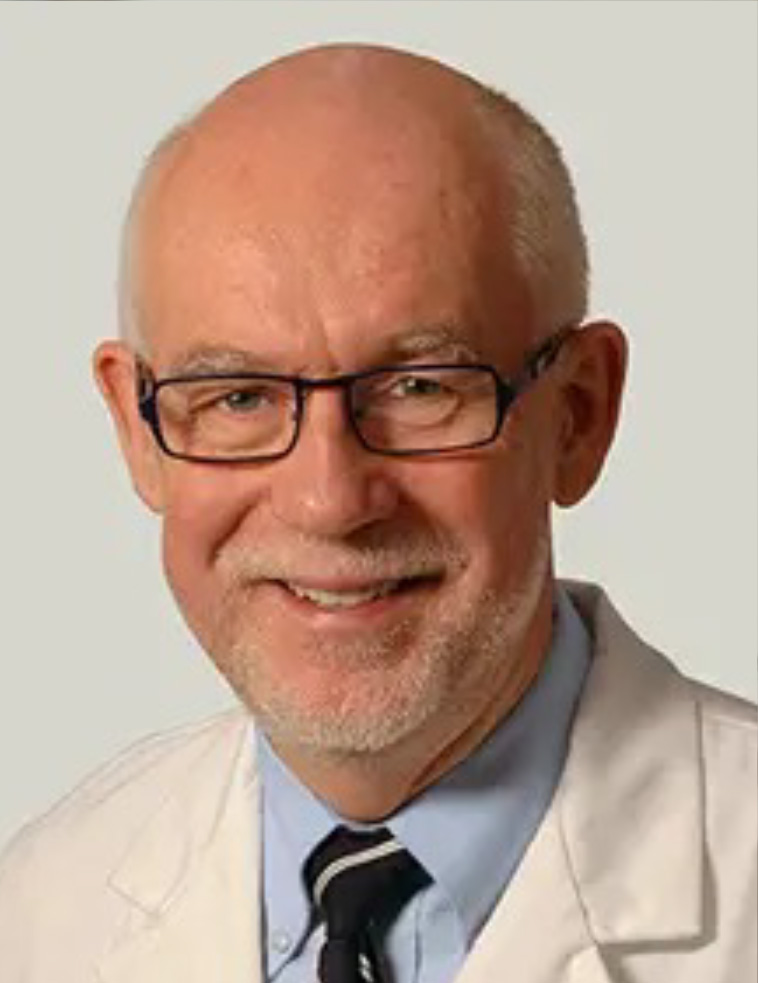
Andrzej Jakubowiak, MD, PhD
Professor of Medicine, Director, Myeloma Program University of Chicago, Chicago, IL
Dr. Andrzej Jakubowiak, is an internationally known expert on multiple myeloma. He works closely with the Multiple Myeloma Research Consortium (MMRC) to bring the latest treatments to the patient’s bedside as quickly as possible. Dr. Jakubowiak’s primary research focus is on the development of new drugs for the treatment of multiple myeloma. He is currently the lead investigator on several multi-site clinical trials for patients who are newly diagnosed, have relapsed, or have refractory (resistant to treatment) disease. Dr. Jakubowiak has received research funding and several grants from the MMRC. He is also the recipient of many honors, including the Myeloma Center of the Year award by the MMRC in 2008 and 2010. Dr. Jakubowiak completed his MD, from Jakubowiak, followed by residency from University of Texas Health Science Center. He then went on to do his fellowship from Memorial Sloan Kettering Cancer Center. Dr. Jakubowiak has presented his research findings at medical meetings around the world. He has published more than 50 peer-reviewed articles as well as 14 book chapters. Additionally, he serves as an ad hoc reviewer for several scientific journals, including the Journal of Clinical Oncology, Blood and Leukemia and Lymphoma.
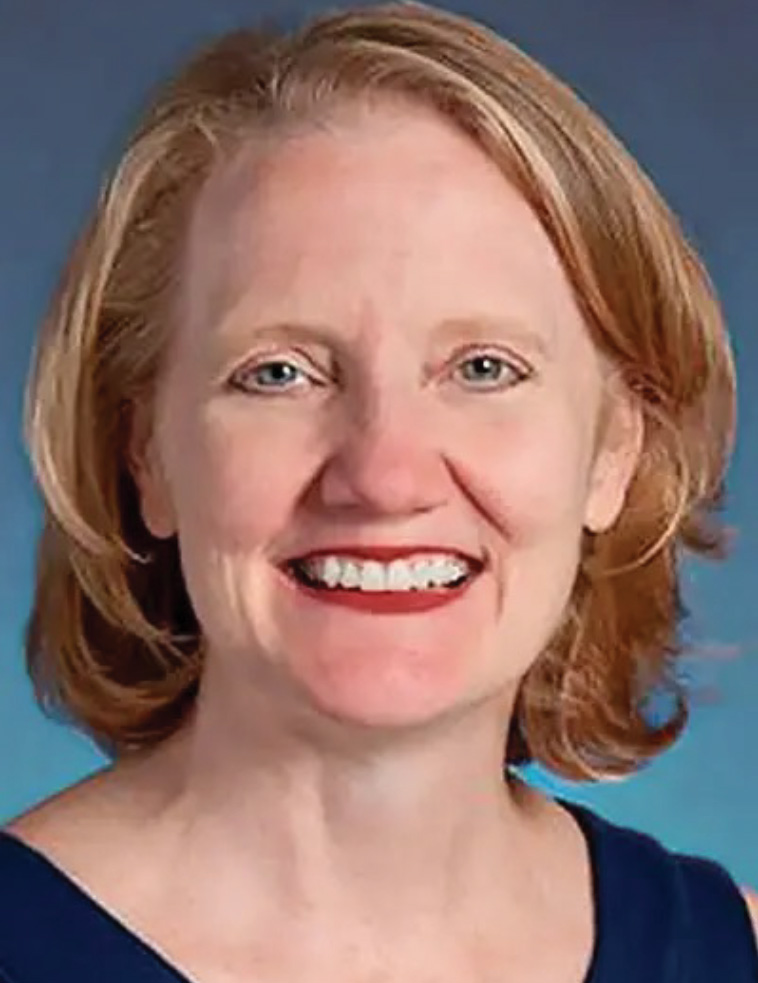
Nina Wagner Johnston, MD
Professor of Oncology Director of Lymphoma Drug Development The Sidney Kimmel Comprehensive Cancer Center at Johns Hopkins Co-Director of Clinical Research for Hematologic Malignancies Johns Hopkins University School of Medicine, Baltimore, MD
Dr. Nina Wagner-Johnston is Professor of Oncology at the Johns Hopkins University School of Medicine. Her areas of clinical expertise include non-Hodgkin lymphoma, Hodgkin lymphoma, and HIV-related lymphomas, and her research interests include clinical trial and biomarker development for patients with lymphoma. She is additionally involved in palliative/supportive care research and has a particular interest in chemotherapy-induced peripheral neuropathy. Dr. Wagner-Johnston serves as a member on the NCCN Cancer Related Fatigue Guidelines Panel and the ASCO Neuropathy Guidelines Panel. She has served as a journal reviewer for Annals of Oncology, Leukemia and Lymphoma, Blood, and the Journal of Nuclear Medicine. She is a previous recipient of a Young Investigator Award at the Supportive Oncology Conference as well as a Mentoring Program Award through the American Academy of Hospice and Palliative Medicine. She has served on the National Cancer Institute (NCI) Lymphoma Steering Committee Clinical Trials Design Committee and the NCI Symptom Management and Health Related Quality of Life Steering Committee. She is a member of the American Society of Hematology (ASH), the American Society of Clinical Oncology (ASCO), the AIDS Malignancies Consortium (AMC), and the Eastern Cancer Oncology Group (ECOG) Lymphoma Committee. Dr. Wagner-Johnston received her baccalaureate degree in nursing from Georgetown University in Washington, DC. She earned her MD and completed her residency training at the University of Chicago, Chicago Illinois. She performed a fellowship in Medical Oncology at Johns Hopkins University, Baltimore, Maryland. Dr. Wagner-Johnston joined the Johns Hopkins faculty in 2015.
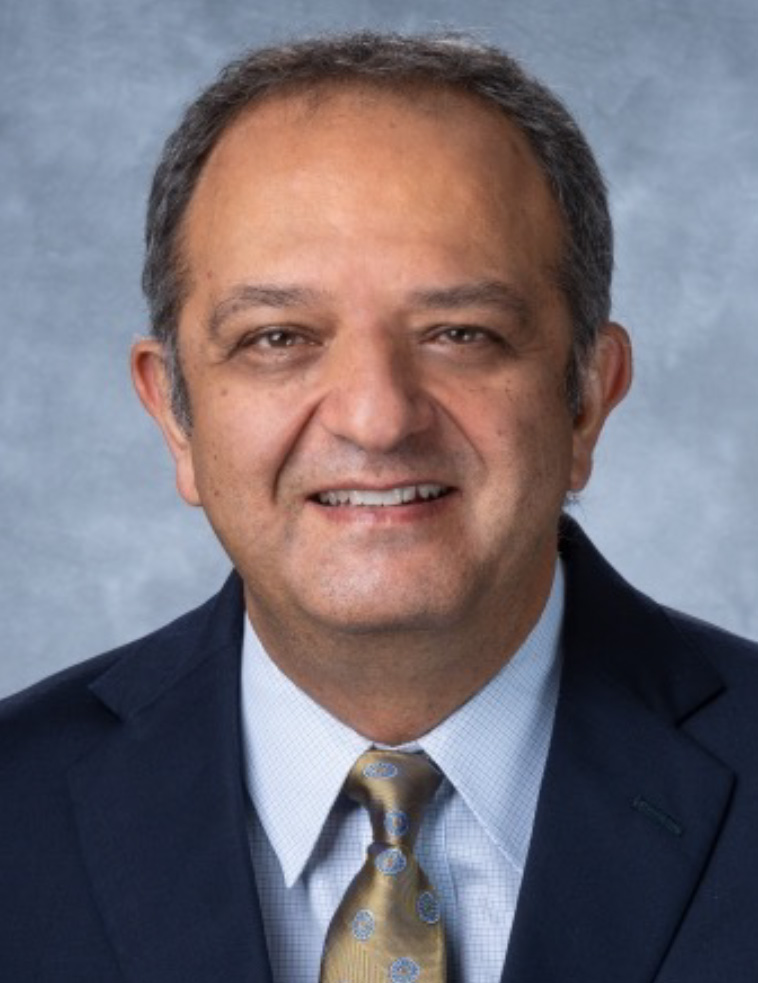
Farhad Ravandi-Kashani, MD
Janiece and Stephen A. Lasher, Professor of Medicine Chief, Section of Acute Myeloid Leukemia, Department of Leukemia, The University of Texas MD Anderson Cancer Center Houston, TX
Dr. Farhad Ravandi is Janiece and Stephen A. Lasher Professor of Medicine and Chief of Section of Developmental Therapeutics in the Department of Leukemia at The University of Texas MD Anderson Cancer Center. He graduated from the University of London, England and undertook residency and fellowship training at the Baylor College of Medicine and The University of Texas MD Anderson Cancer Center. During this time, he specialized in the management of hematological malignancies and stem cell transplantation. He then joined the University of Illinois at Chicago as the director of leukemia program and the interim director of stem cell transplant program for three years until he joined the Leukemia department of MD Anderson in 2003. Dr. Ravandi is board certified in Internal Medicine, Hematology and Medical Oncology. His main areas of interests are therapy of acute myeloid leukemia, as well as rare leukemias including Philadelphia positive acute lymphoblastic leukemia, hairy cell leukemia and T-cell leukemias. He has authored several book chapters and many articles in peer-reviewed journals. He is a member of several professional societies including the American Society of Hematology, American Society of Clinical Oncology, and Society of Hematological Oncology and is a member of editorial board of several journals.
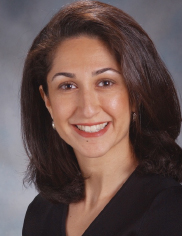
Partow Kebriaei, MD
Professor, Department of Stem Cell Transplantation and Cellular Therapy, Clinic Medical Director, Stem Cell Transplantation and Cellular Therapy, The University of Texas MD Anderson Cancer Center, Houston, TX
Dr. Kebriaei received her B.S. degree from Yale University in 1993, and her M.D. degree from the University of Texas at Houston medical school in 1997. She went on to receive her Internal Medicine training at University of Texas Southwestern in Dallas and completed a fellowship in Hematology and Oncology at the University of Chicago in 2000. She joined the stem cell transplant department at MD Anderson Cancer Center (MDACC) in 2003, and is currently a Professor in the department, and serves as the SCT Clinic Medical Director. Dr. Kebriaei’s research interests include therapy of leukemias, in particular acute lymphoblastic leukemia. She is interested in the development of novel transplant preparative regimens that may have less regimen-related toxicity, and increased disease efficacy. Work toward this aim includes investigating the use CD19-directed T cell therapy and other novel immunotherapies for lymphoid malignancies and investigating the use of mesenchymal stem cells for the therapy of graft versus host disease, for which she is currently leading a phase II clinical trial at MDACC. Dr. Kebriaei has authored numerous reviews, book chapters, and papers, and serves as a reviewer for major hematology and oncology publications. She is an active member of hematology and oncology professional societies including American Association for Cancer Research, American Society of Hematology, American Society of Clinical Oncology, and American Society for Blood and Marrow Transplantation.
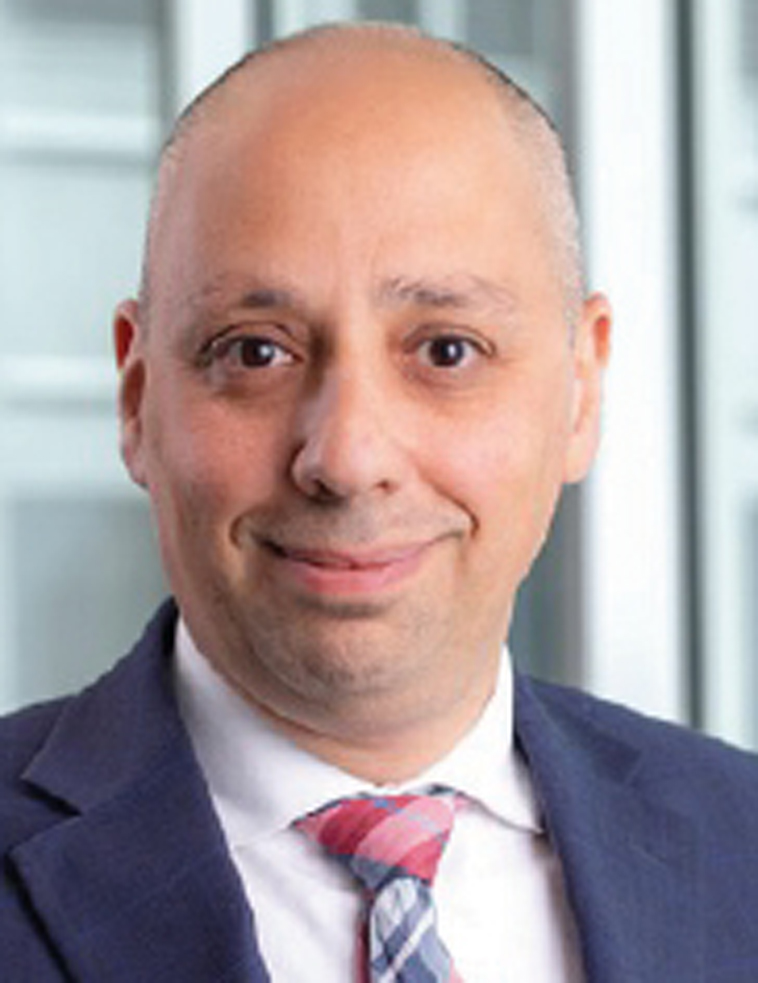
Saad Kenderian, MD
Associate Professor of Medicine Co-Leader, Cancer Immunology Immunotherapy, Mayo Clinic Comprehensive Cancer Center Domain Leader, Cellular Therapies, Mayo Clinic Center for Regenerative Biotherapeutics Domain Leader, Viral and Gene Therapy, Mayo Clinic Center for Regenerative Biotherapeutics Consultant, Division of Hematology, Department of Immunology, Department of Molecular Medicine Full Faculty Privileges, Immunology, Vial and Gene Therapy, and Regenerative Sciences Director, T Cell Engineering Laboratory Mayo Clinic College of Medicine, Rochester, MN
Dr. Kenderian is a consultant in hematology at the Mayo Clinic Rochester, with joint appointments in the Department of Immunology and Department of Molecular Medicine. He holds the academic rank of Associate Professor of Medicine, Oncology, and Immunology in Mayo Clinic College of Medicine. He is Co-Leader of the Cancer Immunology Immunotherapy Program within the Mayo Clinic Comprehensive Cancer Center, and Domain Chair for Cellular Therapies within the Mayo Clinic Center for Regenerative Biotherapeutics. As a physician-scientist, he directs a federally funded translational laboratory program focused on T cell biology, cellular engineering, and chimeric antigen receptor T (CART) cell therapy. In this context, he collaborates with multiple pharmaceutical and biotech companies. Since 2019, four clinical trials have been translated from his laboratory, two of them are multi-center trials. He has authored more than 120 manuscripts and book chapters, and is an inventor on more than 160 patent applications covering 35 technologies

Taxiarchis Kourelis, MD
Associate Professor Consultant, Division of Hematology Mayo Clinic, Rochester, MN
Dr. Taxiarchis Kourelis is a clinician in the dysproteinemia disease-oriented group at Mayo Clinic. He have focused early on clinical and translational research in amyloidosis. He have led and collaborated with multidisciplinary teams of scientists and clinicians within the Mayo Amyloid Group and have made significant contributions in the field. Early clinical projects include defining the significance of co-existing multiple myeloma and AL and describing the natural history of localized amyloidosis. Later, they clarified the role of variable region gene restriction in organ tropism in AL amyloidosis using a proteomics workflow developed in-house. Following this, they are focused on identifying how tissues are affected by amyloid deposits. Dr. Kourelis’s team identified immune infiltrate differences in vivo in the bone marrow and kidneys of patients with AL and then found that the plaque proteome of patients with renal and cardiac amyloidosis of various types was characterized by complement deposition, and that this was associated with worse outcomes, implicating complement activation as a possible mechanism of tissue damage. Bulk cardiac proteome analyses have identified complement upregulation as a common threat in advanced cardiac AL and ATTR. This work also identified several new protein- and pathway-candidates implicated in cardiac (autophagy, hypertrophy, fibrosis) and renal (14-3-3, fibrosis) pathology. These findings suggested possible mechanisms of tissue damage in these diseases that are both unique and shared across amyloid types and tissues. They required multidisciplinary collaboration between scientists across different fields (cardiology, hematology, nephrology, pathology, biochemistry, informatics). More recently, Dr. Kourelis have participated in the design of clinical trials focusing on this disease, such as a phase III randomized trial of autologous transplant added to standard therapies in AL amyloidosis (SWOG led; He will be the ECOG chair), which are now open to accrual. Dr. Kourelis also participate in the advisory board meetings of Prothena, the company that developed Birtamimab, and had input in the correlative studies from its ongoing study in cardiac AL.
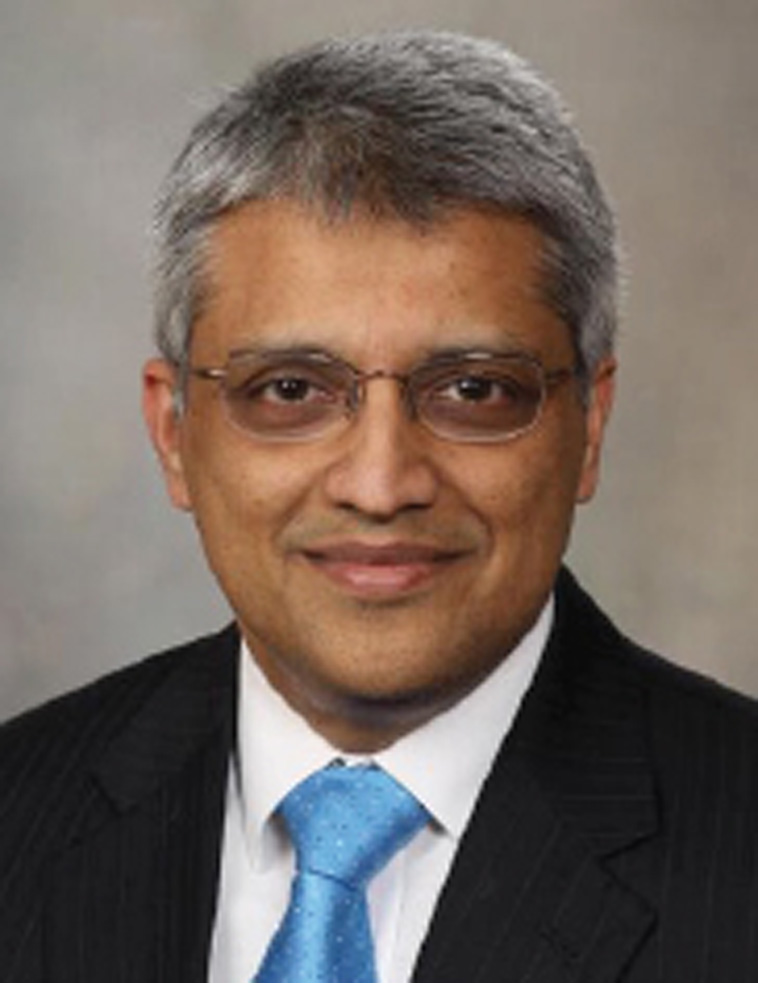
Shaji Kumar, MD
Professor of Medicine Consultant, Division of Hematology, Department of Internal Medicine Research Chair, Division of Hematology, Department of Internal Medicine Mayo Clinic, Rochester, MN
Dr. Shaji Kumar, MD, is a consultant, professor, and researcher in the field of hematology and oncology at Mayo Clinic. He received his medical degree from All-India Institute of Medical Sciences in 1996. In the year 1997, he completed his residency from Mayo School of Graduate Medical Education, Mayo Clinic College of Medicine. He did his fellowship training in internal medicine, medical oncology, and hematology at Mayo Clinic and Dana-Farber Harvard Cancer Institute in 2003 and 2004, respectively. Dr. Kumar has received several honors and awards for his clinical and research work, such as the William Summer skill Award, the Young Investigator Award, and the Brian Durie Outstanding Achievement Award. He is also an active member and leader of various professional societies and committees, such as the American Society of Hematology, the International Myeloma Society, and the National Cancer Institute Myeloma Steering Committee. The research of Shaji Kumar, M.D., focuses on development of novel drugs for treatment of myeloma. Dr. Kumar's research team evaluates the in vitro activity of novel drugs that, based on their mechanisms of action, are likely to have activity in the setting of myeloma. He also evaluates novel combinations of different drugs to identify synergistic combinations that can result in better treatment responses and eventually better patient outcomes. His work on drug development is complemented by an active program studying the biology of myeloma, with a focus on the study of bone marrow microenvironment in multiple myeloma and how it influences the tumor cells, especially the increased bone marrow micro vessels seen in myeloma. His clinical research focuses on outcomes of patients with myeloma and amyloidosis, especially high-risk disease.
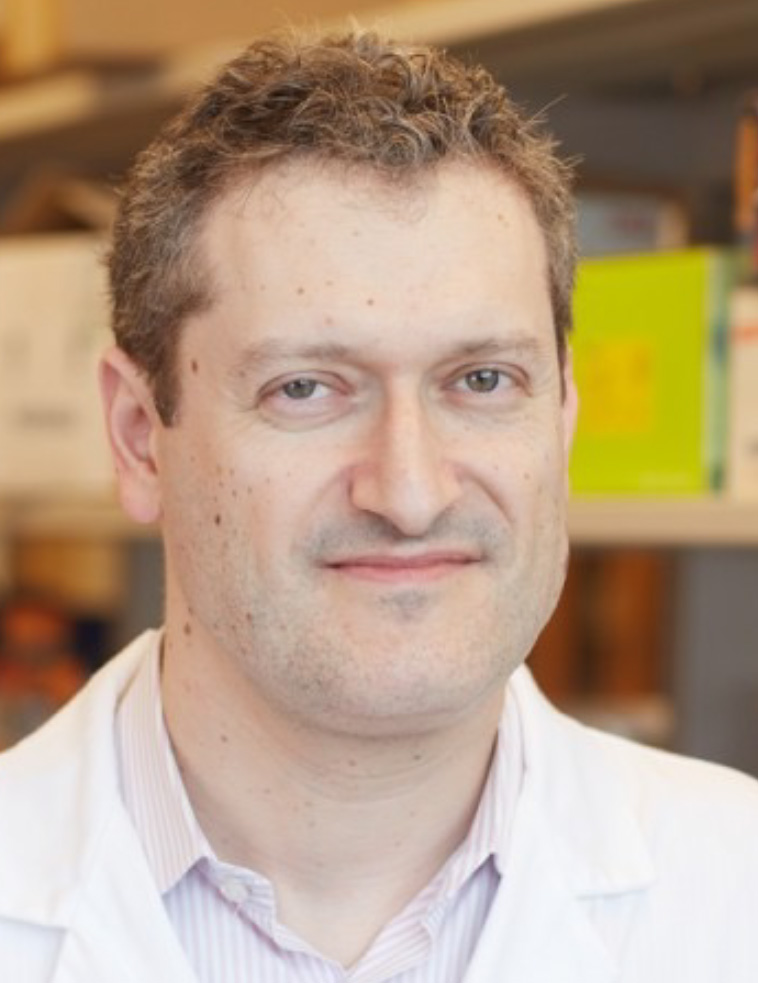
Alexander Lesokhin, MD
Associate Professor, Weill Cornell Medicine, Associate Attending Physician, Memorial Sloan Kettering Cancer Center, New York, NY
Dr. Alexander Lesokhin is an oncologist at Memorial Sloan Kettering Cancer Center in New York City, specializing in the treatment of multiple myeloma and the development of immunotherapy approaches. He holds the position of Associate Attending Physician at MSK. In addition to his clinical and research roles, Dr. Lesokhin is an Associate Professor affiliated with Weill Cornell Medicine. Dr. Lesokhin earned his medical degree from Albert Einstein College of Medicine. He completed his residency at NewYork-Presbyterian Hospital/Columbia University Medical Center and pursued a fellowship in Hematology/Oncology at Memorial Sloan Kettering Cancer Center. His research focuses on understanding how cancers like multiple myeloma evade the immune system and developing innovative immunotherapeutic strategies to counteract this process. Dr. Lesokhin leads clinical studies involving medications that enhance immune responses and conducts laboratory research to uncover mechanisms of immune evasion by cancer cells. His team offers patients the highest-quality care as well as the newest treatments through clinical trials. These research studies will improve care and increase the chance of a good outcome for all patients.
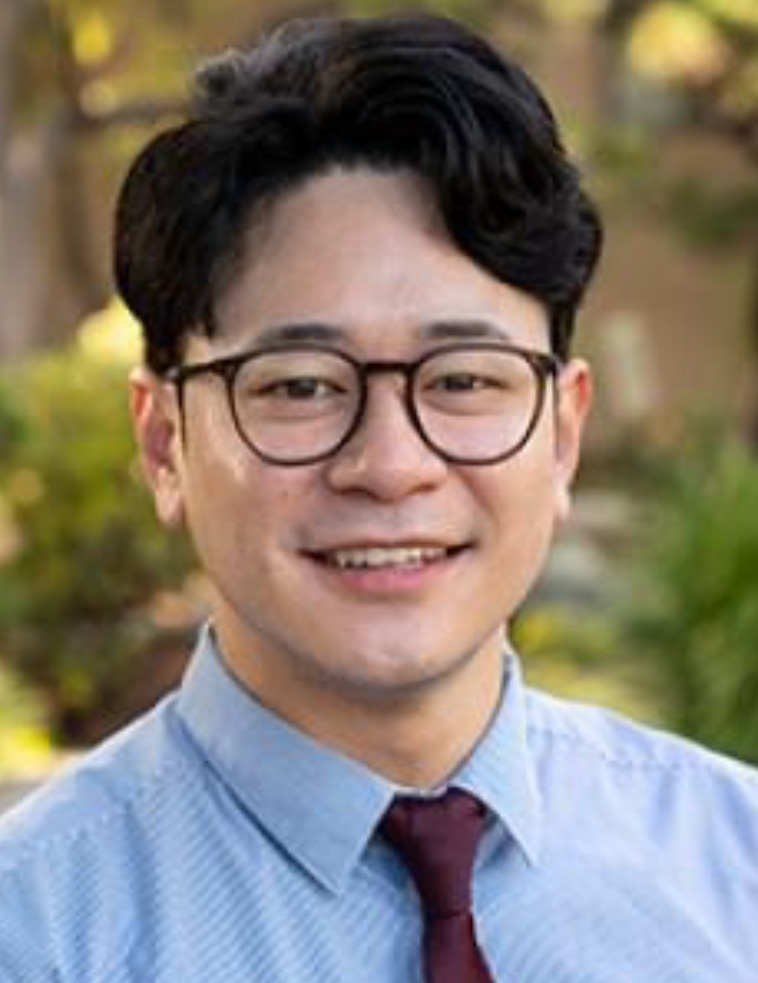
Lawrence Liu, MD
Hematology and Medical Oncology Fellow, City of Hope, Duarte, CALawrence Liu, MD Hematology and Medical Oncology Fellow, City of Hope, Duarte, CA
Dr. Lawrence Liu, M.D., is currently a Hematology and Medical Oncology fellow at City of Hope National Medical Center in Duarte, California, for the academic years 2022 to 2025. Dr. Liu earned his medical degree and completed his residency in Internal Medicine, leading to board certification in internal medicine. His clinical expertise encompasses internal medicine, with a focus on hematology and medical oncology. Dr. Liu is affiliated with City of Hope Comprehensive Cancer Center, where he is involved in both patient care and clinical research. His research interests include cellular therapies and the treatment of relapsed/refractory multiple myeloma. Through his clinical practice and research endeavors, Dr. Liu is committed to advancing therapeutic strategies and improving patient outcomes in hematology and oncology.
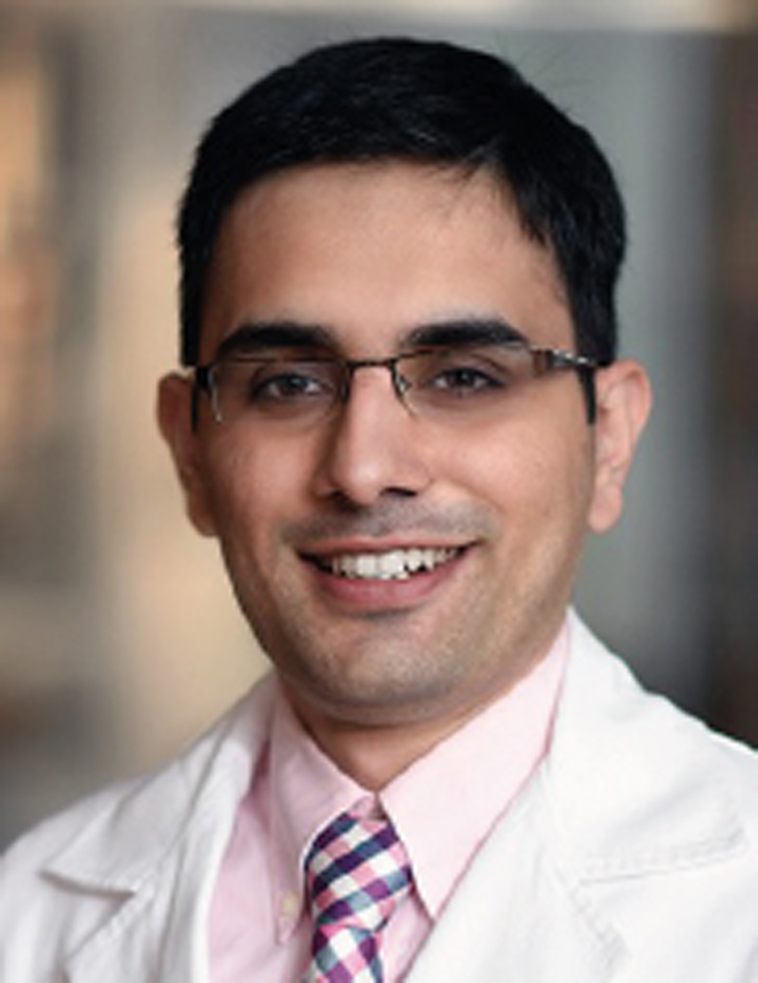
Premal Lulla, MBBS
Associate Professor, Center for Cell and Gene Therapy, Baylor College of Medicine, Houston, TX
Dr. Premal Lulla is a cellular therapy physician-scientist. He did his medical training in India at D.Y Patil Medical College in Mumbai, then moved to the Baylor College of Medicine to pursue an internal medicine residency followed by a fellowship in hematology and oncology. Thereafter, he joined the Center for Cell and Gene Therapy for lab-based research training and stayed on as tenure-track faculty. For the past 10 years, at CAGT, he have been focused on improving the outcomes of patients with hematological malignancies. Specifically, he is part of a highly accomplished team at CAGT that is developing innovative T cell immunotherapies for patients with hematological malignancies using both gene-modified and non-gene modified approaches. As a clinician, he have the privilege of treating patients with first-in-human cell therapies developed at CAGT labs and tracking their clinical responses. Therefore, a major focus of our research is to identify the correlates of clinical response, toxicities and mechanisms of evasion after cell therapy. Results from these projects have been published in high impact journals highlighting the importance of this work to the field of cellular immunotherapy.
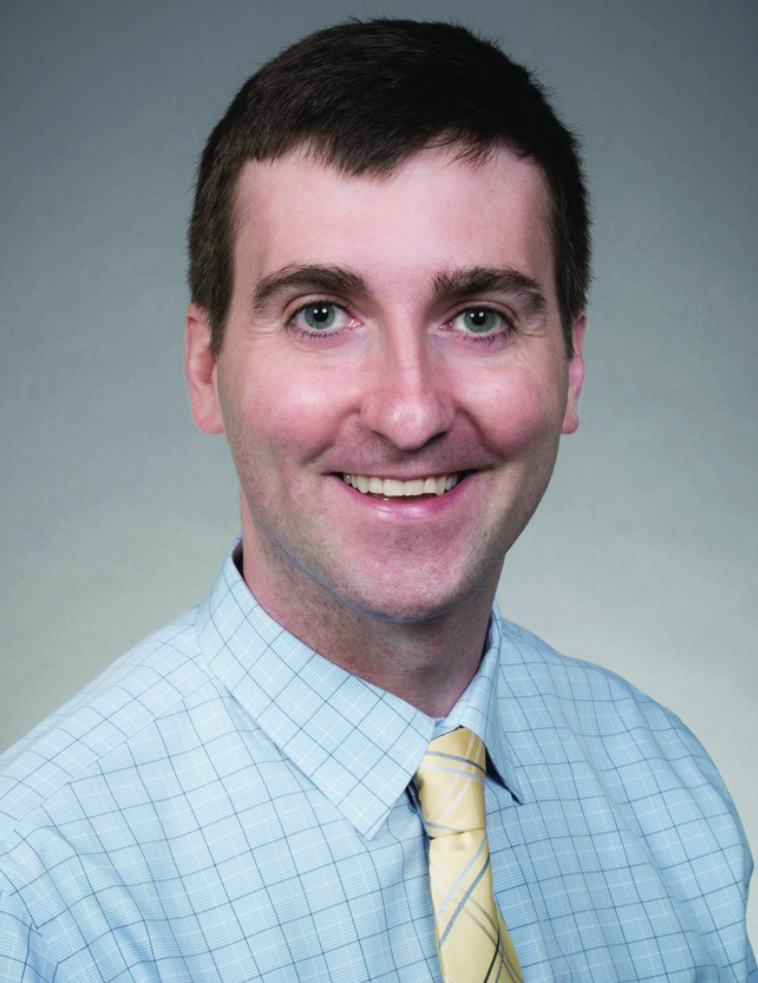
Ryan C. Lynch, MD
Associate Professor of Medicine, University of Washington Associate Professor, Clinical Research Division Fred Hutchinson Cancer Center, Seattle, WA
Dr. Ryan Lynch is a hematologist-oncologist at Fred Hutch Cancer Center and an Associate Professor of Medicine at the University of Washington in Seattle. A graduate of Harvard University and Boston University School of Medicine, Dr. Lynch completed his internal medicine residency at Washington University in Saint Louis and his hematology and oncology fellowship at Stanford University. Dr. Lynch’s contributions to the field have been recognized with several prestigious awards, including the Young Investigator Award at the 11th International Symposium on Hodgkin Lymphoma and a Lymphoma Research Foundation (LRF) Career Development Award. Some of his research has focused on optimizing the use of checkpoint inhibitors in treating Hodgkin lymphoma and improving non-invasive genotyping techniques. He is investigating how to better personalize therapy using tools like circulating tumor DNA (ctDNA) aiming to maintain high cure rates with less toxicity. His ongoing research includes designing next-generation studies to improve outcomes for both Hodgkin and non-Hodgkin lymphomas.
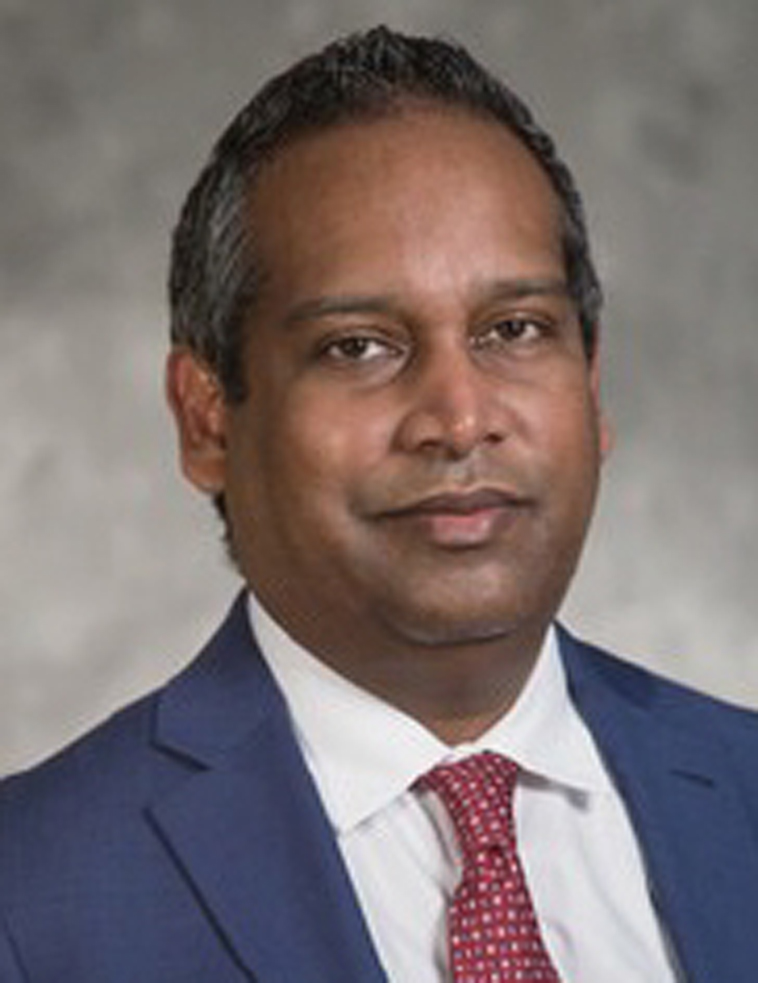
Kris Michael Mahadeo, MD, MPH
Professor, Division Chief Pediatric Transplant and Cellular Therapy, Duke University, Durham, NC
Dr. Kris Michael Mahadeo, MD, MPH is the Division Chief of Pediatric Transplant and Cellular Therapy (PCTC) at Duke University. The Division of Pediatric Transplant and Cellular Therapy (PTCT) in the Duke Department of Pediatrics is an internationally-renowned transplant program with an established history of innovation in the care of children, adolescent and young adults with rare diseases. Duke PTCT has performed more than 2,500 transplants in children and young adults with over 100 unique diagnoses for patients from all over the world. Dr. Mahadeo’s clinical research is focused on mitigating toxicity and management of critical care complications associated with cellular therapies. He is a global leader in international harmonization for the diagnosis and severity grading of unique complications of Immune Effector cell Therapies and has also led international efforts across several academic societies to provide updated diagnostic criteria for sinusoidal obstructive syndrome. Dr. Mahadeo is a key investigator in the ALLELE trial, a phase 3 multi-center study of EBV CTLs for refractory/relapsed PTLD, results of which have been reported in Lancet Oncology.
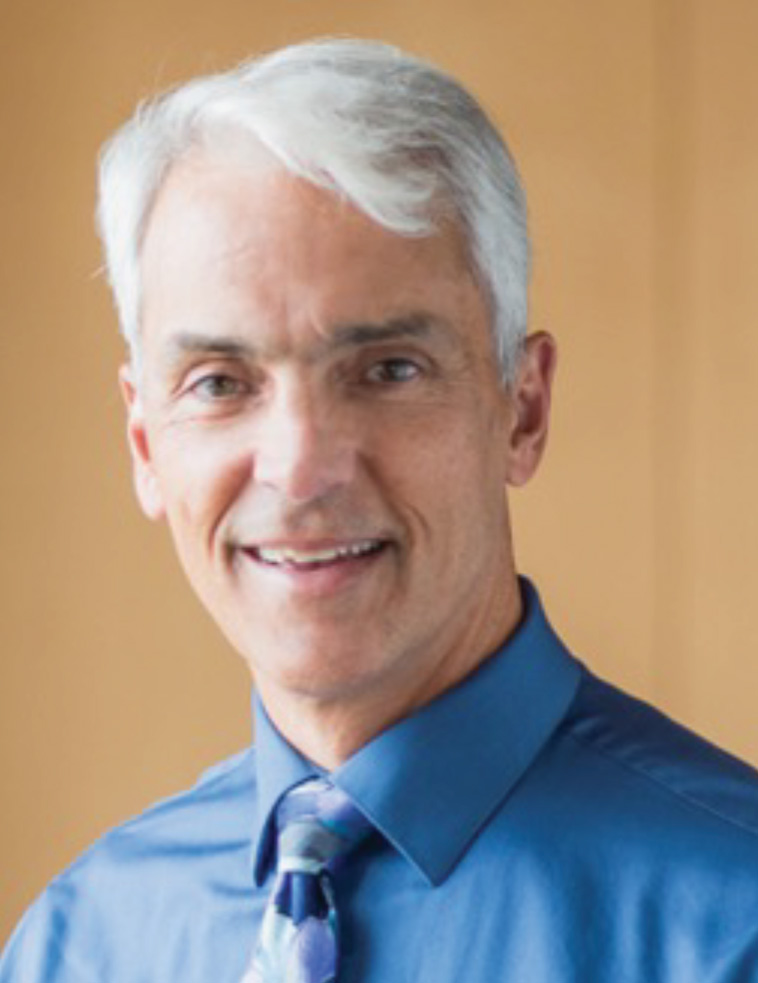
Thomas Martin, MD
Clinical Professor of Medicine, Adult Leukemia and Bone Marrow Transplantation, Program Co-Leader, Cancer Immunology & Immunotherapy Program, Helen Diller Family Comprehensive Cancer Center, Associate Director, Myeloma Program University of California, San Francisco, San Francisco, CA
Dr. Martin is associate director of UCSF's myeloma program and director of the unrelated donor transplantation programs for adults at UCSF Medical Center. He is clinical research director of hematologic malignancies (blood cancers) at the UCSF Helen Diller Family Comprehensive Cancer Center. His research interests include developing treatments for myeloma and leukemia as well as expanding the use of bone marrow transplants. He has a special interest in umbilical cord blood transplants, and he is involved in efforts to improve outcomes for patients who have transplants from unrelated donors. Dr. Martin earned an undergraduate degree at Cornell University and his medical degree at the University of Connecticut School of Medicine. After a medical residency at Harbor-UCLA Medical Center, he completed a fellowship in hematology-oncology at UCSF. In 1999, he joined MD Anderson Cancer Center as an assistant professor of medicine. In 2001, he returned to UCSF.
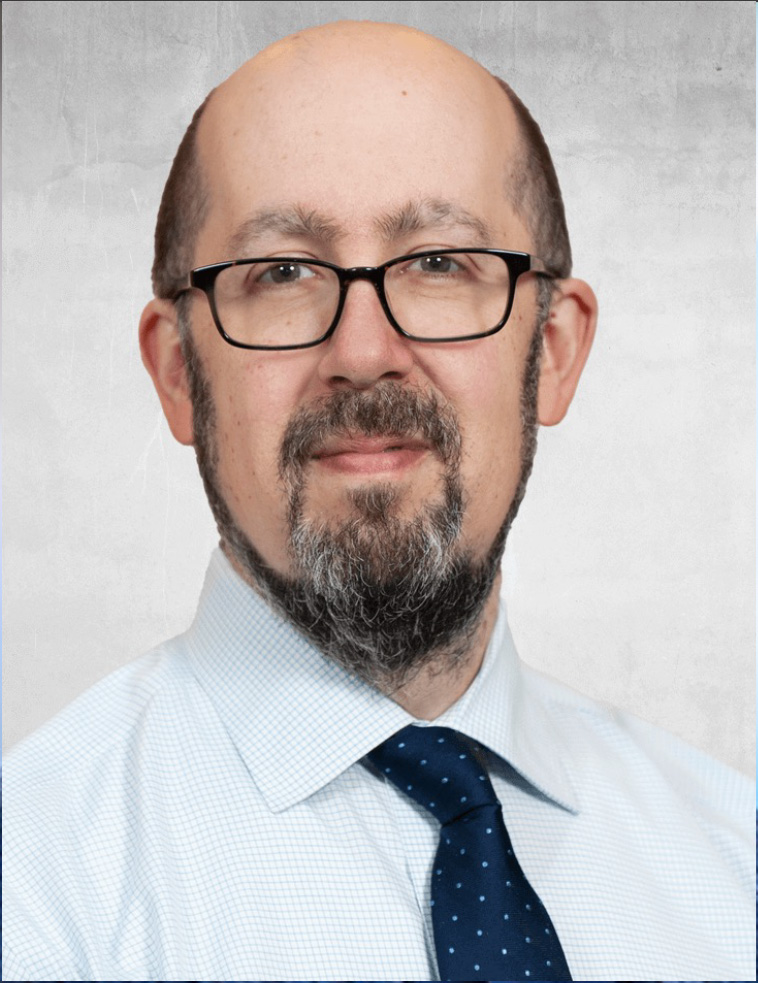
Matthew Matasar, MD
Division Chief, Blood Disorders Rutgers Cancer Institute, Professor of Medicine, Rutgers Robert Wood Johnson Medical School, New York, NY
Although a native Michigander (whom he quotes “never lost Midwestern sensibilities”), Dr. Matthew Matasar has lived on the east coast for the last thirty years. Dr. Matasar graduated from Harvard College and then Harvard Medical School. Soon after, he moved to New York to train in medicine at Columbia-Presbyterian Medical Center (newly named New York-Presbyterian Columbia University Irving Medical Center). After completing training in internal medicine, Dr. Matasar served as a Chief Resident at Columbia-Presbyterian Medical Center while completing a master’s degree at the Mailman School of Public Health. Soon after, he joined Memorial Sloan Kettering Cancer Center to pursue advanced training in cancer medicine and has been dedicated to caring for patients with lymphoma ever since. Dr. Matasar’s research is focused on finding new and better ways to treat lymphoma, particularly high-risk aggressive lymphomas, and certain uncommon types of non-Hodgkin lymphoma. He works with a team to improve our understanding of how current treatments affect people in the long term to develop better strategies to protect and preserve the health of our survivors after their treatment is over. Throughout his career, Dr. Matasar has held a number of responsibilities including caring for patients, conducting clinical research to develop more effective and less toxic treatments, and studying how best to care for survivors of lymphoma and its treatments. Dr. Matasar has been fortunate to have several opportunities to contribute to the oncology community as member of the board of the New Jersey chapter of the Leukemia and Lymphoma Society and as a member of the American Society of Hematology’s national Committee on Quality. In November 2022, Dr. Matasar joined the Rutgers Cancer Institute of New Jersey and RWJBarnabas Health. He joins a team of professionals here that are deeply committed to the art and science of caring for people facing a diagnosis of cancer. Dr. Matasar is committed to ensuring his patients receive the best treatments delivered in the best ways, and to being a partner and advocate to guide them through what can be a very difficult time. Outside of work, Dr. Matasar describes himself as “blessed with a very full life.” Dr. Matasar is an avid chef, loves photography, and is deeply passionate about coffee. His wife Maria is an executive with ABC News, and they have three children, a couple of dogs and a few cats thrown into the mix.
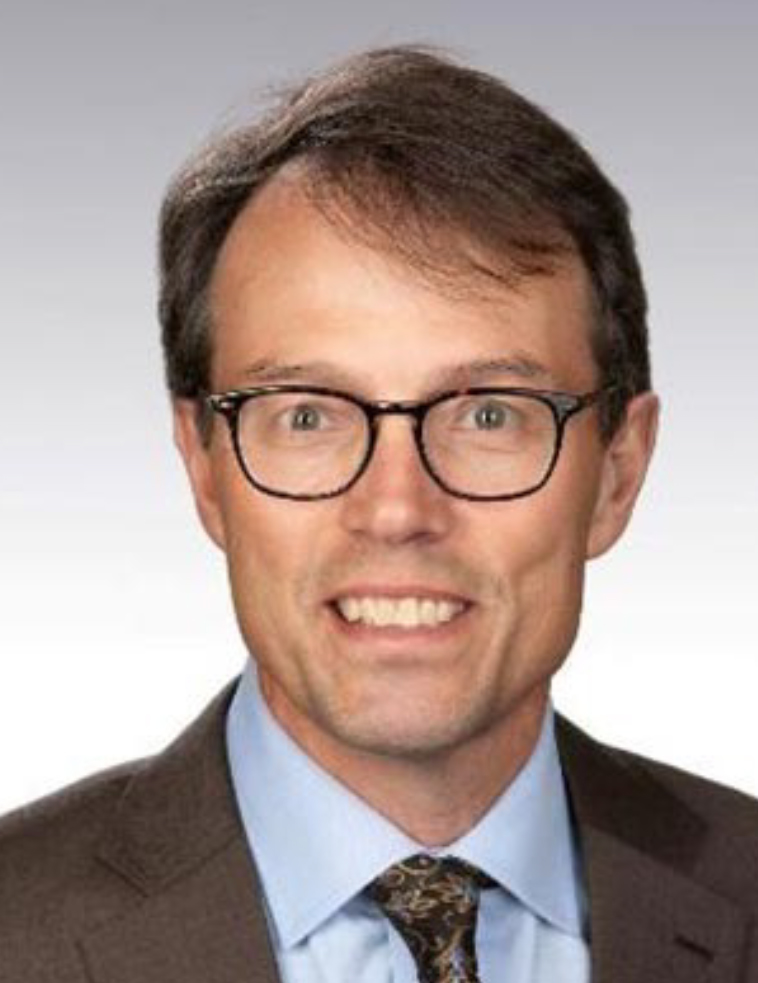
Jeffrey Matous, MD
Clinical Professor of Medicine Colorado Blood Cancer Institute, Denver, CO
Jeffrey V. Matous MD is a member of the Colorado Blood Cancer Institute at Presbyterian St. Luke’s Medical Center. He is also a Clinical Professor of Medicine at the University of Colorado. After graduating from Medical School in 1985 from the University of Washington, he completed an Internal Medicine residency and chief residency at the University of Colorado. Fellowship training in Hematology and BMT followed at the University of Washington and the Fred Hutchinson Cancer Research Center. Since 1994 he has worked in private practice in Denver focusing exclusively on the care of patients with blood cancers, primarily multiple myeloma, Waldenstrom Macroglobulinemia, and Amyloidosis. He is an enthusiastic educator. He is a member and interim chair of the myeloma executive committee of the Sarah Cannon Research Institute. He is a member of the IWWM Consensus Guidelines Committee. Most prominently he has been married for many years to Marie, and has three grown children: Ben, Joe & Catherine. He enjoys cycling, languages and is a passionate fan of our nation’s pastime.
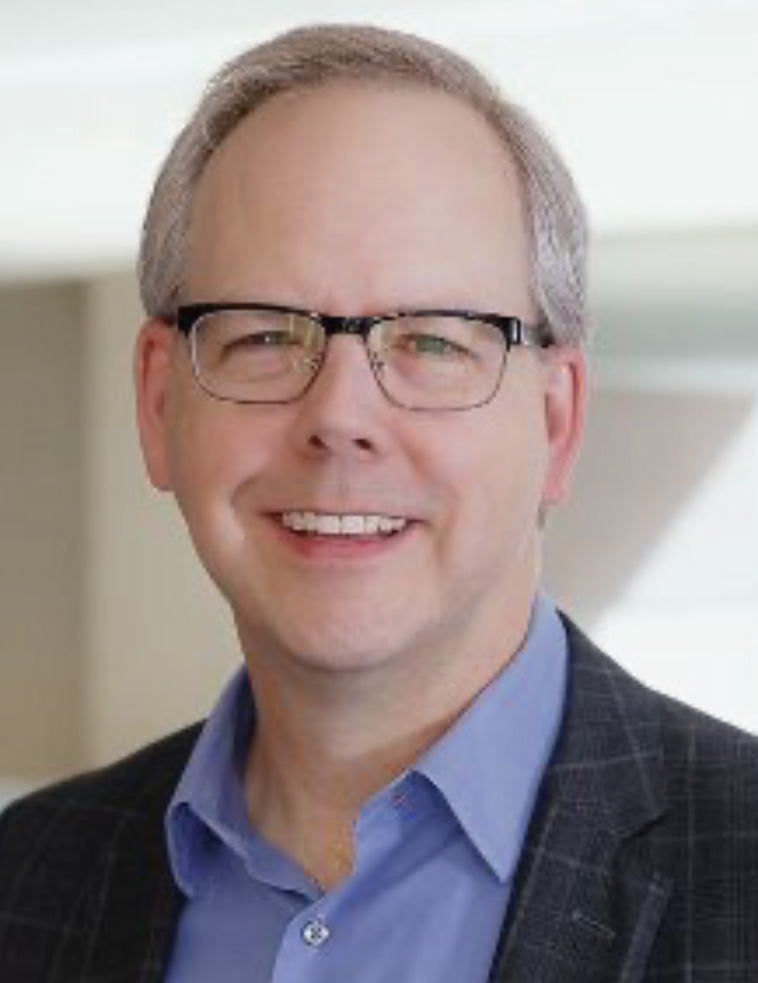
David Miklos, MD
Professor of Medicine, Division Chief Blood & marrow transplantation and cellular therapy Stanford University School of Medicine, Stanford, CA
Dr. David Miklos is the Chief of Stanford BMT and Cell Therapy Division of Medicine leading a multi-modality research group that fosters the development of both laboratory immunologists, and clinical translational researchers. The Miklos lab first pioneered protein microarray technologies to discover clinically relevant allogeneic antibodies. Their discovery that allogeneic HY antibodies develop in association with chronic GVHD revealed a critical B cell role in cGVHD pathogenesis and our clinical trials established cGVHD therapeutic benefits using anti-B cell drugs rituximab and FDA approval of Ibrutinib in 2017. The Miklos lab developed high-throughput sequencing of the B and T cell immune receptor thereby enabling: 1) lymphoid disease quantification, 2) detailed B and T cell donor reconstitution kinetics, and 3) clonal analysis of antigen specific responses following allo-HCT. Dr. Miklos led chimeric antigen receptor (CAR-T) trials supporting the FDA approval of second and third line axicabtagene ciloleucel for patients with R/R aggressive large B cell lymphoma and brexucabtagene autoleucel for mantle cell lymphoma. His research identified antigen loss as the major mechanism of treatment failure following CAR19 therapy for lymphoma. He led the first bispecific CAR-T investigator-initiated trials ( Spiegel et al. Nature Med 2021). His clinical translational CAR-T research lab quantifies tumor antigen density with multiplexed flow cytometry, quantifies and single cell characterizes CAR-T expansion in blood & tumor, and pioneered lymphoma circulating tumor DNA for lymphoma MRD, Dr. David Miklos was an undergraduate at the University of Notre Dame. He earned his MD and a PhD in Genetics at Yale Medical School before training as a hematologist – oncologist and bone marrow transplant clinician at Brigham and Woman’s hospital and Dana-Farber Cancer Institute at Harvard University. Dr. Miklos Joined Stanford University in 2004 and became Chief of BMT & Cell Therapy Program in 2020.
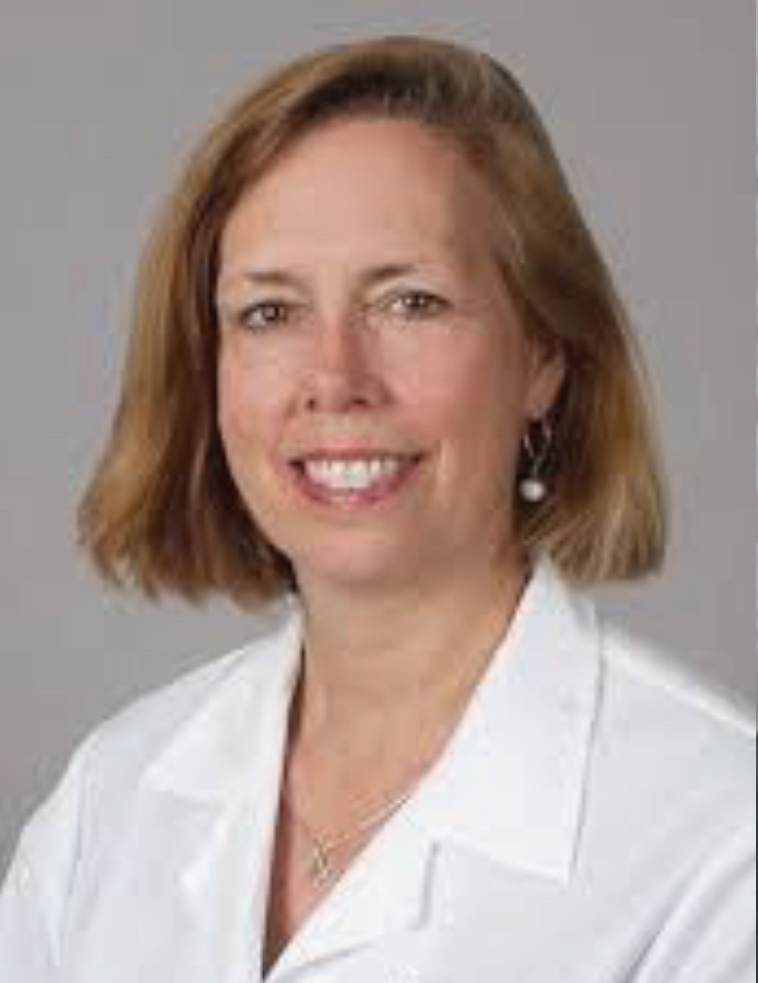
Ann Mohrbacher, MD
Associate Professor of Clinical Medicine Medical Director, Autologous Bone Marrow Transplant, Chair of the Biomedical Institutional Review Board 2 Keck Medicine of USC, Los Angeles, CA
Dr. Ann Mohrbacher, a graduate of Harvard Medical School, is a dedicated educator, researcher and medical practitioner. She has several research interests and activities related to blood cancers, including stem cell transplantation, and has received thousands of dollars in research grants. She has been published in a number of medical journals and has been invited to lecture on topics including lymphoma, multiple myeloma, and immunotherapy of lymphomas and B-cell malignancies. Dr. Mohrbacher is a core member of the Los Angeles Lymphoma Rounds, and Myeloma Rounds where experts from the major academic centers collaboratively present on latest clinical findings in these fields. She serves on university related committees, such as the Post-Graduate Education Committee and the Clinical Investigations Committee and is the co-chair of the Investigational Review Board.

Lori Muffly, MD
Associate Professor, Division of Blood and Marrow Transplantation-Cellular Therapies, Stanford University, Stanford, CA
Dr. Lori Muffly is an Associate Professor in the Division of Blood and Marrow Transplantation-Cellular Therapies. She earned her medical degree from the Sidney Kimmel Medical College Thomas Jefferson University. She then completed her residency in internal medicine at Dartmouth Hitchcock Medical Center. Subsequently, she pursued a fellowship in hematology and oncology at University of Chicago Hospitals. Dr. Muffly is an expert in cellular therapies for adults with acute leukemia. She leads several national and institutional clinical trials aimed at improving the outcomes of bone marrow transplantation and CAR T-cell therapies for adults with acute lymphoblastic leukemia and acute myeloid leukemia. She also conducts population sciences research to improve access to care and outcomes among these patient populations. She serves on the Board of Directors for the American Society of Transplantation and Cellular Therapy and the NMDP and is a member of the Editorial Boards of Blood, Blood Advances, and the Hematologist. Her work is funded by the Leukemia and Lymphoma Society, the NIH, the California Institute of Regenerative Medicine, and various industry partners.
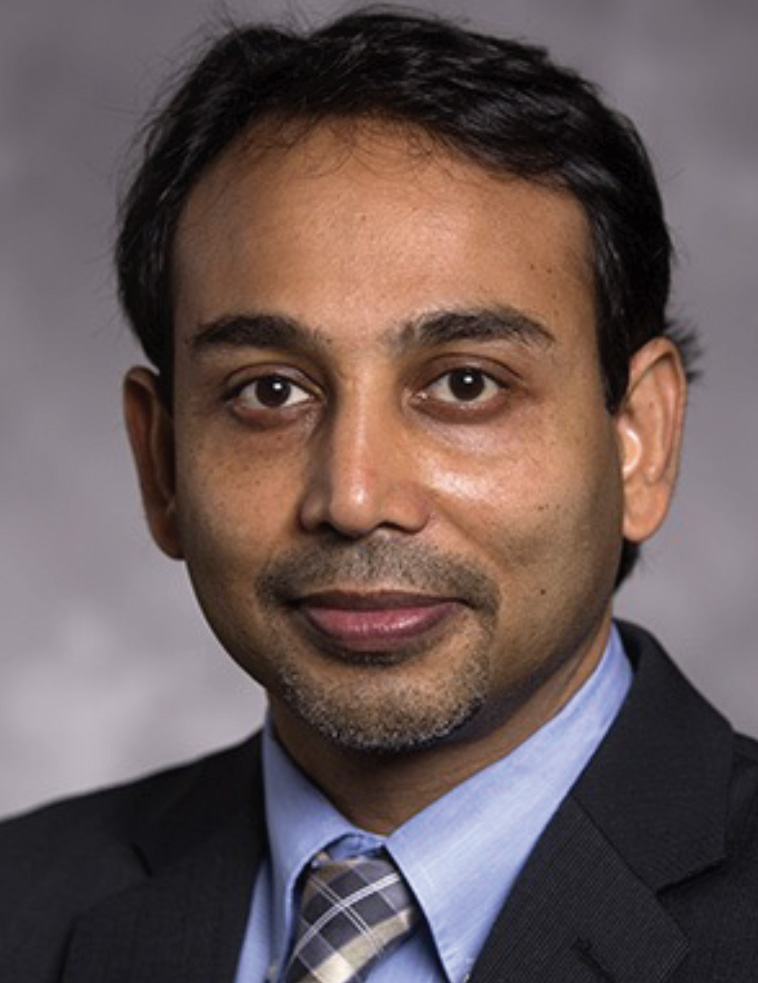
Ajay Nooka, MD, MPH, FACP
Professor, Department of Hematology and Medical Oncology Associate Director of Clinical Research Director, Myeloma Program, Department of Hematology and Medical Oncology Emory University School of Medicine, Atlanta, GA
Dr. Ajay Kumar Nooka, MD, MPH, FACP, is Professor in the Department of Hematology and Medical Oncology at Emory University School of Medicine and serves as medical director of the Winship Data and Technology Applications Shared Resource at Winship Cancer Institute of Emory University. An Emory Healthcare network physician since 2011, Dr. Nooka is a board-certified hematologist specializing in the treatment of patients with multiple myeloma. Dr. Nooka is a clinical member of the Cancer Prevention and Control research program at Winship Cancer Institute. He serves on the steering committee of the Multiple Myeloma Research Consortium. Dr. Nooka attended Medical School at the Andhra Medical College in Visakhapatnam, India. He earned his Master's in Public Health at the University of Texas School of Public Health. He then went on to complete his residency at Canton Medical Education Foundation in Canton, Ohio. He did his fellowship at the Winship Cancer Institute of Emory University in Atlanta, GA. Dr. Nooka's research interests include integrating genomic and clinical data on a uniform platform and to interpret in a meaningful way to risk-stratify myeloma; and evaluate newer myeloma therapeutic strategies aimed at prolonging survival in myeloma patients. He also focuses on cancer epidemiology.
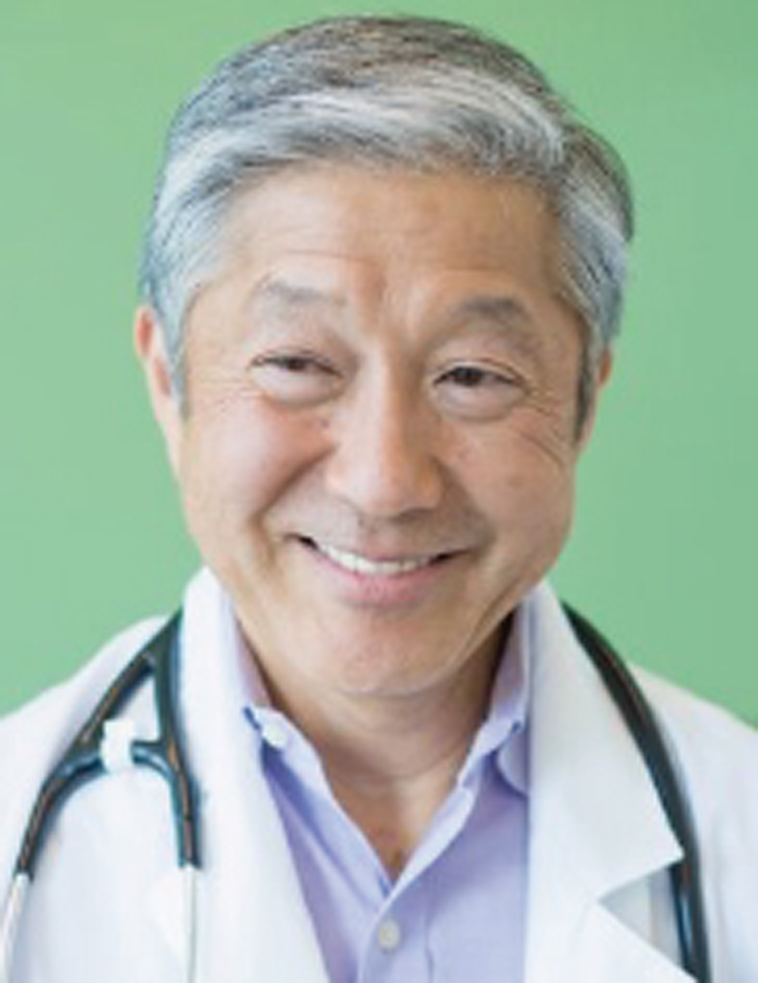
Craig Okada, MD
Associate Professor of Medicine, School of Medicine Oregon Health & Science University, Portland, OR
Dr. Craig Y. Okada is a hematologist in Portland, Oregon and highly experienced hematologist specializing in lymphoma, particularly cutaneous T-cell lymphoma (CTCL) and immunotherapy. Dr. Okada specializes in the care of patients with lymphoma. He joined OHSU in 2004 and has a particular interest the treatment of cutaneous lymphoma and immunotherapy. With over 30 different types of lymphoma, focusing his practice on lymphoma allows Dr. Okada to appreciate the subtle difference between the various kinds of lymphoma. This kind of expertise helps in choosing the best treatment for each patient. Dr. Okada earned both his MD and Ph.D. from Stanford University in 1990, followed by a residency (1992) and fellowship (1993) at Stanford, where he focused on hematology. His expertise allows him to tailor treatments to the specific subtype of lymphoma each patient faces, often leading clinical trials to explore promising therapies Dr. Okada is part of the OHSU multidisciplinary lymphoma group, which allows for coordinated care from radiation oncology, oncology and bone marrow transplant. He conducts several clinical trials in lymphoma, making promising new treat available for patients with this disease.
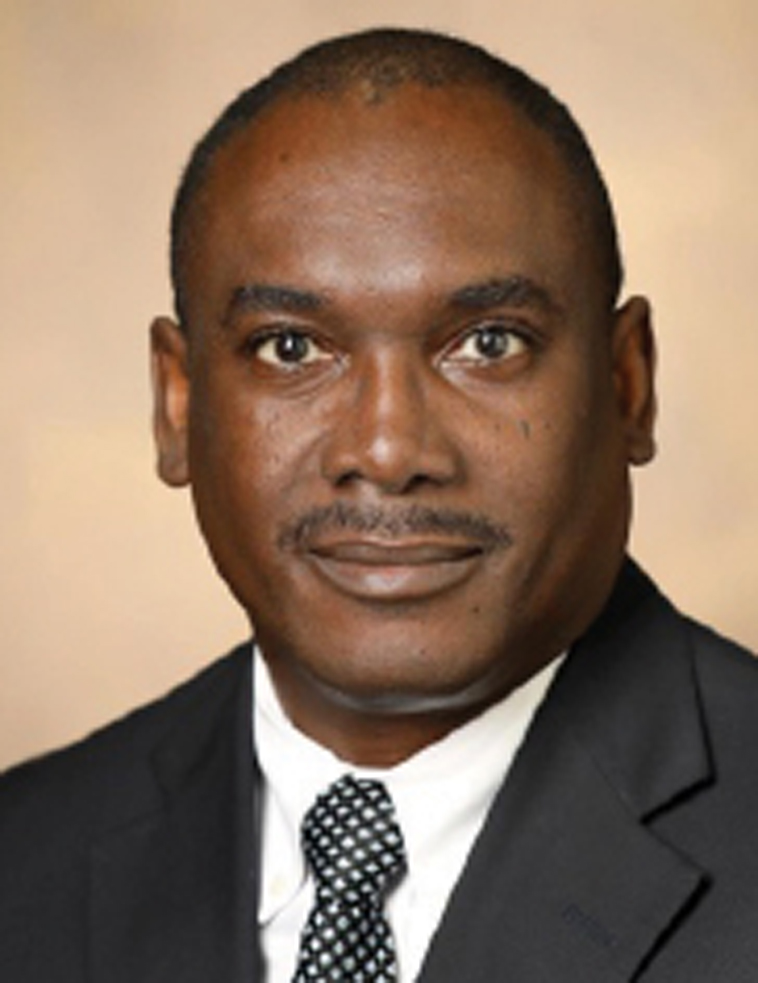
Olalekan O. Oluwole, MD, MPH, MBBS
Associate Professor of Medicine, Division of Hematology Oncology, Leader, Vanderbilt-Ingram Cancer Center (VICC) cellular therapy research program, Vanderbilt University Medical Center, Nashville, TN
Dr. Olalekan O. Oluwole is an oncologist in Nashville, Tennessee. Dr. Oluwole received his MBBS from University of Ibadan, Nigeria and a Master of Public Health degree at the University of Medicine and Dentistry of New Jersey. His residency was in Internal Medicine at Morehouse. He completed his Hematology/Oncology fellowship at Vanderbilt in 2011 and has been on faculty since that time. Dr Oluwole, specializes in the treatment of hematological malignancies using stem cell transplantation and cellular therapy, with research focus on Chronic Lymphocytic Leukemia (CLL), Hodgkin and non-Hodgkin lymphomas. He is engaged in clinical trials using targeted therapies aimed at improving treatment outcomes in patients with hematologic malignancies. He also serves as a portfolio coach at Vanderbilt University School of Medicine (VUSM) where he guides individual medical students in developing the skills for informed self-assessment and life-long learning. He is the leader of the Vanderbilt-Ingram Cancer Center (VICC) cellular therapy research program. His primary field of research is in improving the safety profile of cellular therapy through investigator-initiated intervention trials, multi-institution sponsored therapeutic research and national consortium outcomes research. He led sponsored research that showed the benefit of prophylactic corticosteroids in the treatment of CART patients and is leading efforts to safely transition CART to the outpatient setting. He has authored or co-authored research articles in peer reviewed journals and written a book chapter. He is a member of the American Society of Clinical Oncology (ASCO), American Society of Hematology (ASH) and American College of Physicians (ACP). He is board certified in internal medicine, hematology, and medical oncology.
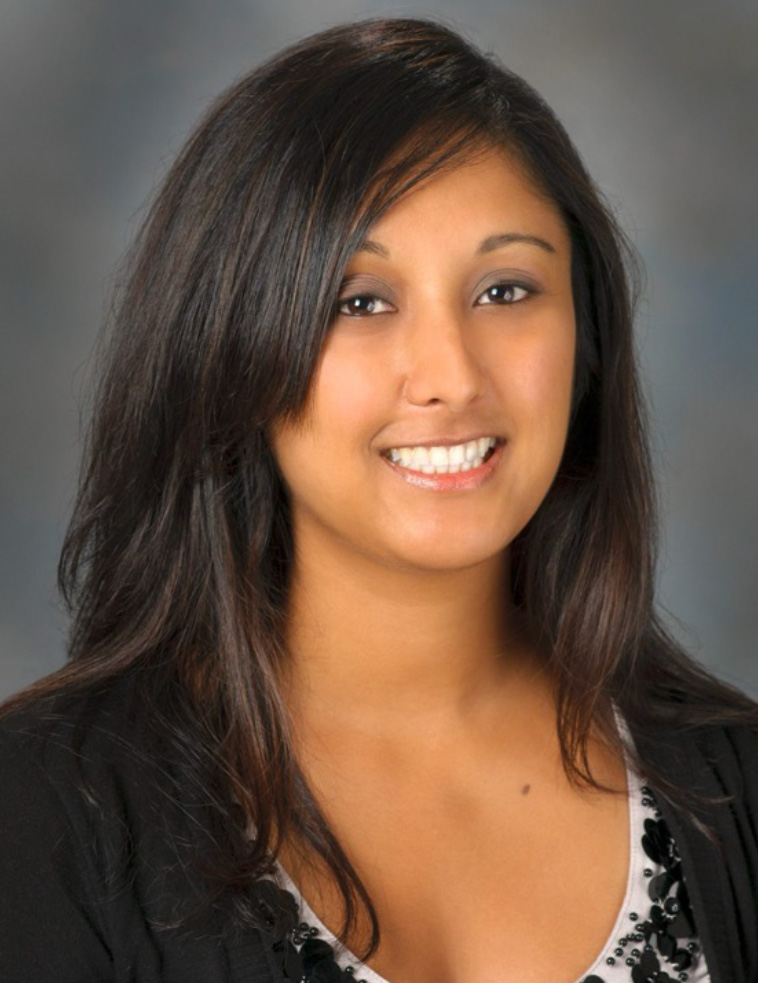
Krina Patel, MD
Associate Professor, Department of Lymphoma/Myeloma, Division of Cancer Medicine, University of Texas MD Anderson Cancer Center, Houston, TX
Dr. Krina Patel is an associate profession in the Department of Lymphoma/Myeloma at the University of Texas MD Anderson Cancer Center. Her clinical interest include multiple myeloma, AL amyloidosis, Waldenstrom’s Macroglobulinemia, POEMS syndrome and Plasmablastic Myeloma/Lymphoma. Her research interests including phase I/II and phase III trials evaluating CAR T cells, monoclonal antibodies, and other immunotherapy and targeted therapies in newly diagnosed to relapsed refractory disease. Dr. Patel earned her medical degree from University of Texas Southwestern Medical Center in 2007. She completed her internal medicine residency at University of Texas UT Health, and a fellowship in Hematology/Oncology from University of Texas MD Anderson Cancer Center

James Pauff
Associate Vice President, Clinical Development at Lilly, Eli Lilly and Company,
Franklin, TN
Dr. James Pauff is the Associate Vice President of Clinical Development at Eli Lilly and Company, where he plays a pivotal role in advancing innovative therapies through clinical research and development. With extensive experience in oncology and drug development, Dr. Pauff is dedicated to translating cutting-edge science into meaningful treatments for patients. He earned his Bachelor of Science degrees in Chemistry, Biochemistry, and Zoology from Miami University in 2004. He then pursued a Doctor of Philosophy (PhD) in Biochemistry, completed in 2008, and a Doctor of Medicine (MD) in 2011, both from The Ohio State University. Dr. Pauff began his medical career with a Clinical Fellowship in Medical Oncology at Vanderbilt University Medical Center from 2011 to 2016, focusing his research on resistance mechanisms in estrogen receptor-positive breast cancer. Concurrently, he served as a Resident Physician at the same institution from 2011 to 2013.In 2016, Dr. Pauff joined AbbVie as an Associate Medical Director, a role he held until 2020. During this period, he also served as a Staff Physician in Medical Oncology at Froedtert South from 2018 to 2020. He then transitioned to the Sarah Cannon Research Institute and Tennessee Oncology, working as an Investigator in the Drug Development Unit and as a Medical Oncologist, respectively, from March 2020 to February 2021. Prior to his leadership role at Lilly, Dr. Pauff held key positions in clinical research, focusing on the design and execution of clinical trials that drive progress in oncology and other therapeutic areas. His expertise spans early- and late-phase drug development, regulatory strategy, and precision medicine approaches.
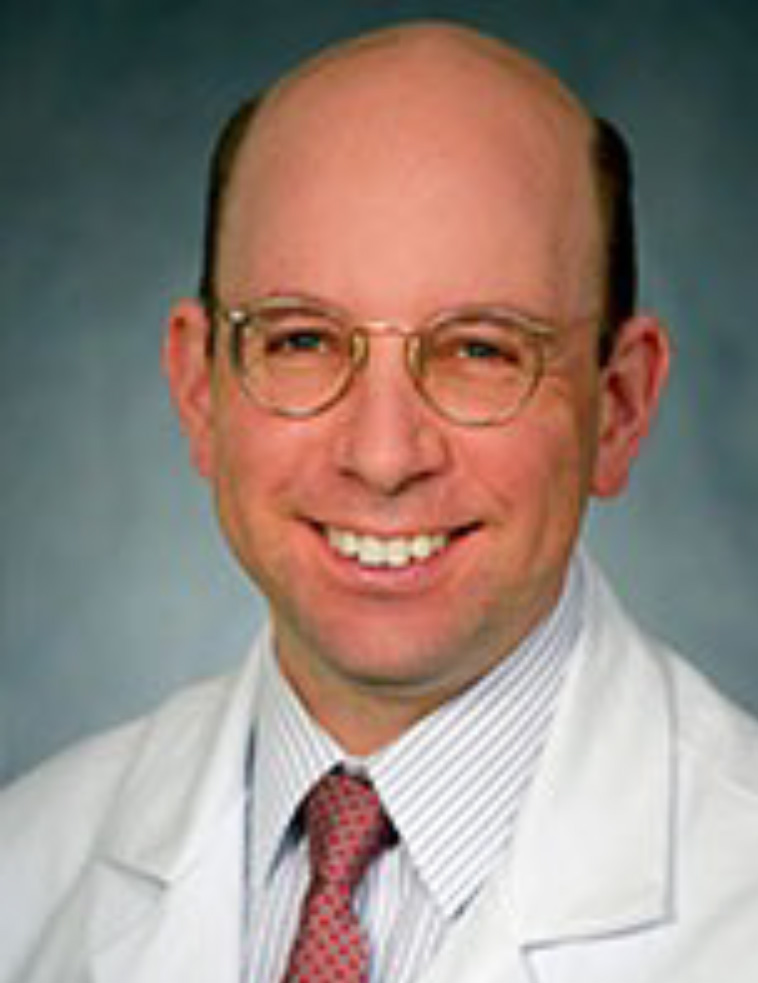
Alexander Perl, MD, MS
Associate Professor of Medicine Attending Physician, Hematologic Malignancies/BMT Program Hospital of the University of Pennsylvania, Philadelphia, PA
Dr. Alexander Perl, MD, is an Associate Professor of Medicine at the Perelman School of Medicine and a member of the leukemia program at the Abramson Cancer Center, University of Pennsylvania. He earned his medical degree from the Mount Sinai School of Medicine and a Master’s in Translational Research from the University of Pennsylvania. Following his residency in internal medicine at the University of California, San Francisco, he completed a fellowship in medical oncology at Johns Hopkins Hospital. Dr. Perl has been on the faculty at the University of Pennsylvania since 2003, with a clinical and research focus on molecularly targeted therapies for acute leukemia. He has played a pivotal role in the development of FLT3 inhibitors for acute myeloid leukemia (AML), including serving as the lead investigator for the first-in-human and pivotal trials of gilteritinib. An accomplished researcher, Dr. Perl has authored over 100 original research articles, reviews, commentaries, and book chapters. He is a sought-after speaker on AML management in the era of novel therapeutics and contributes to U.S. national practice guidelines as a member of the National Comprehensive Cancer Network (NCCN) AML panel. His laboratory research includes pre-clinical drug evaluation, pharmacodynamic studies of targeted agents in clinical trials, and the study of resistance mechanisms to targeted therapies.
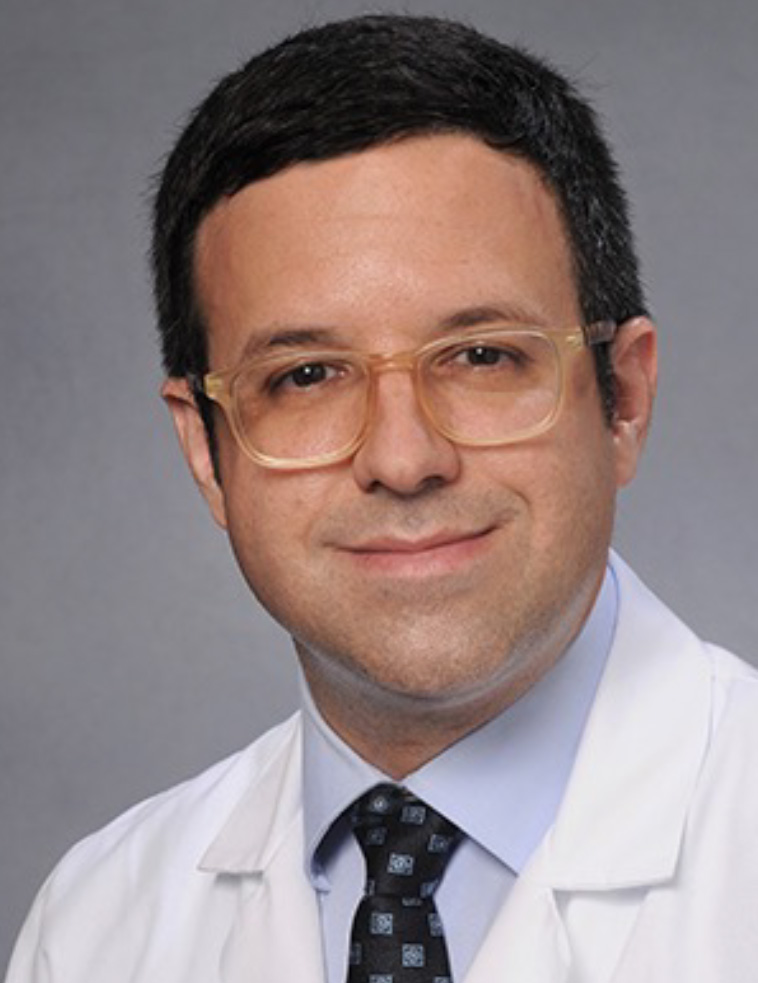
Georgios Pongas, MD
Assistant Professor of Clinical Medicine, Lymphoma Program, University of Miami Sylvester Comprehensive Cancer Center, Miami, FL
Dr. Georgios Pongas is a board-certified hematologist and oncologist at the University of Miami's Sylvester Comprehensive Cancer Center. In addition to his clinical and research roles, Dr. Pongas serves as an Assistant Professor of Medicine at the University of Miami. Dr. Pongas earned his Medical Degree (MD) from the University of Crete Faculty of Medicine in 2007. Following his graduation, Dr. Pongas completed a residency in Internal Medicine at Baylor College of Medicine in 2013. He then pursued a fellowship in Hematology/Oncology at the National Cancer Institute, which he completed in 2017. He specializes in both indolent and aggressive lymphomas, with a research focus on developing cancer therapeutics for B-cell and virus-associated lymphomas. His work includes significant laboratory research on Diffuse Large B-cell lymphoma, particularly in understanding the therapeutic role of inhibiting various PI3K isoforms. Dr. Pongas collaborates with clinical scientists to develop novel therapies and with laboratory scientists to study mechanisms of resistance, aiming to create combination treatments to improve cure rates for various lymphomas.

Jerald Radich, MD
Professor, Medical Oncology Division, University of Washington Professor, Translational Science and Therapeutics, Division Kurt Enslein Endowed Chair Fred Hutchinson Cancer Center, Seattle, WA
Dr. Jerald Radich is a medical oncologist who specializes in the molecular genetics of leukemia. He studies genes and other molecules that signal treatment response, progression and relapse. Dr. Radich specializes in developing methods to improve the detection and treatment of chronic and acute myeloid leukemias, or CMLs and AMLs. His team studies how specific genetic variants influence treatment responses and outcomes. Understanding these variants could help in the development of new drugs or enhance doctors’ ability to choose the best treatments for individual patients. He also directs Fred Hutch’s Molecular Oncology Lab, which provides high-quality molecular testing for clinical cancer researchers at Fred Hutch and around the world. Dr. Radich earned his Bachelor of Arts in Biology with Honors from the University of California, San Diego, in 1976. He then completed a Master of Arts and a Master of Science in Epidemiology at Harvard University School of Public Health in 1979, followed by a Doctor of Medicine degree from the University of California, Davis, in 1983. His postgraduate training includes an Internship and Residency in Internal Medicine at the University of Washington Affiliated Hospitals, completed in 1984 and 1986, respectively. He also served as Chief Medical Resident at the Veterans Administration Medical Center Affiliated Hospitals in 1987. Dr. Radich further specialized by completing a Fellowship in Medical Oncology at the University of Washington and Fred Hutchinson Cancer Center in 1990. Dr. Radich's extensive training and groundbreaking research have significantly advanced the understanding and treatment of leukemia, particularly through the development of diagnostic tests for detecting minimal residual disease and predicting relapse.
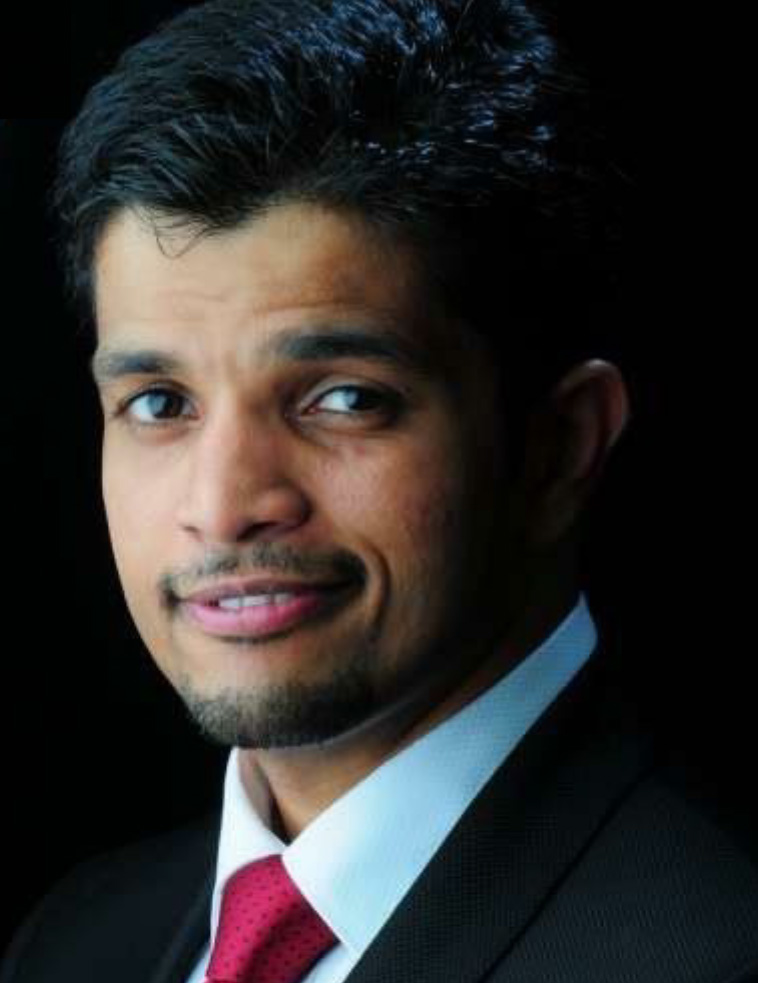
Praveen Ramakrishnan, MD, MS, MBA, FACP
Associate Professor of Internal Medicine, Director of the Aggressive Lymphoma Program, Director of the SCCC Infusion Center and SAC Section of Hematologic Malignancies and Cellular Therapy, Division of Hematology/Oncology, Harold C. Simmons Comprehensive Cancer Center, UT Southwestern Medical Center, Dallas, TX
Praveen Ramakrishnan, MD, MS, MBA., FACP, is an Associate Professor in the Section of Hematologic Malignancies and Cellular Therapies, Department of Internal Medicine at UT Southwestern Medical Center. He currently serves as the Director of the Aggressive Lymphoma program, and he specializes in treating lymphomas and other hematologic malignancies. He also leads the CNS Lymphoma Taskforce at the institution. Originally from India, Dr. Ramakrishnan received his initial medical training at the Medical College University of Kerala, India. He completed internal medicine residency training at the Jawaharlal Institute of Medical Education and Research in Puducherry (JIPMER), India. Drawn by the opportunity for the integration of clinical medicine, hematologic malignancies, and stem cell transplantation, he completed advanced training in hematology and medical oncology at the Thomas Jefferson University Hospital in Philadelphia, Pennsylvania, where he also earned a master's degree in pharmacology through the NIH K30 Training Program in Human Investigation. Certified by the American Board of Internal Medicine in internal medicine and in hematology and medical oncology, he joined the UT Southwestern faculty in 2017. Dr. Ramakrishnan’s research interests include developing targeted and cellular therapies for treating patients with lymphomas.
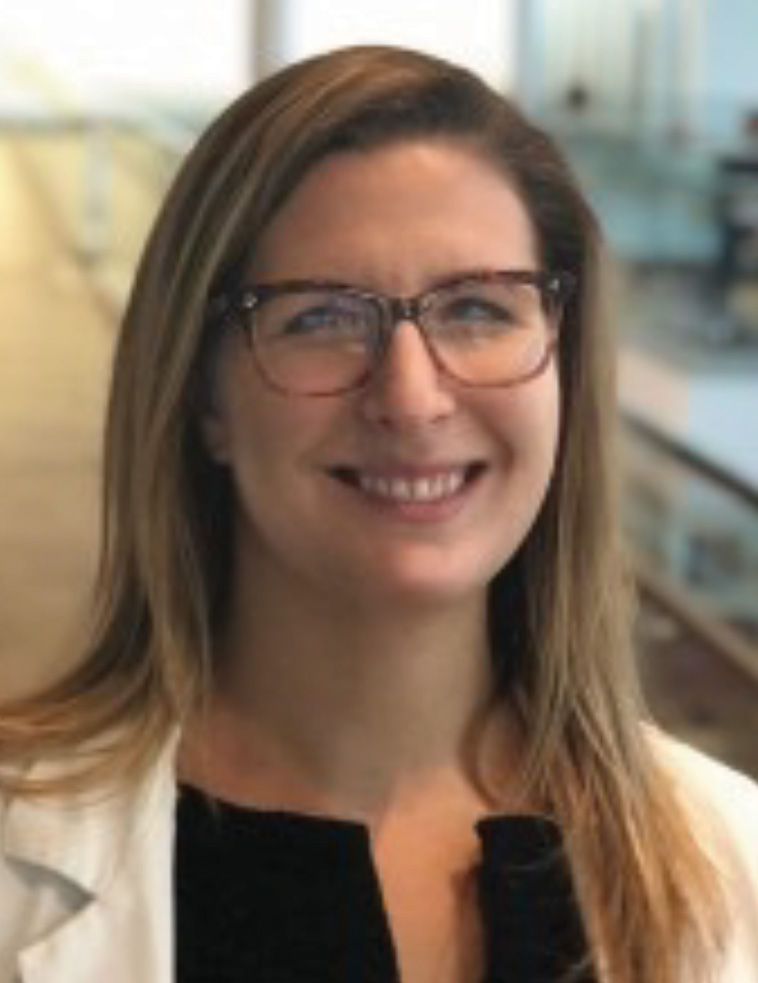
Joanna Rhodes, MD
Director, Lymphoma Program Assistant Professor of Medicine System Head, Lymphoma Rutgers Robert Wood Johnson Medical School, New York, NY
Dr. Joanna Rhodes is a hematologist/medical oncologist who cares for people with chronic lymphocytic leukemia (CLL) and lymphomas, including Hodgkin lymphoma and B- and T-cell non-Hodgkin lymphomas. Receiving a CLL or lymphoma diagnosis is scary, especially due to the sheer number of subtypes. Her approach to care is individualized to each patient where shared decision-making is paramount, as no two patients are the same. Dr. Rhodes’s goal is to provide personalized care that takes into consideration patients’ goals, disease biology, and how we unite these with best-in-class treatment. Dr. Rhodes received her BA from Wesleyan University and then did a Masters in Medical Sciences at Boston University. After this, she worked at Dana Farber Cancer Institute as a Clinical Research Coordinator. She completed her medical training at Stony Brook School of Medicine and subsequently did residency training in Internal Medicine at New York Presbyterian Weill Cornell. She then went to the University of Pennsylvania for Hematology/Oncology fellowship where she also received a Masters of Science in Clinical Epidemiology with a focus in Pharmacoepidemiology. In fellowship, Dr. Rhodes sub-specialized in the care of CLL/lymphoma patients and have dedicated her career to caring for these patients since. Dr. Rhodes research is focused on bringing new therapies, particularly novel targeted agents and immune-based therapies to patients with CLL and lymphomas. As treatment paradigms have changed, Dr. Rhodes’s research has also focused on understanding the toxicities of these novel therapies, including best management strategies, particularly in older patients or in patients who have other chronic medical conditions.
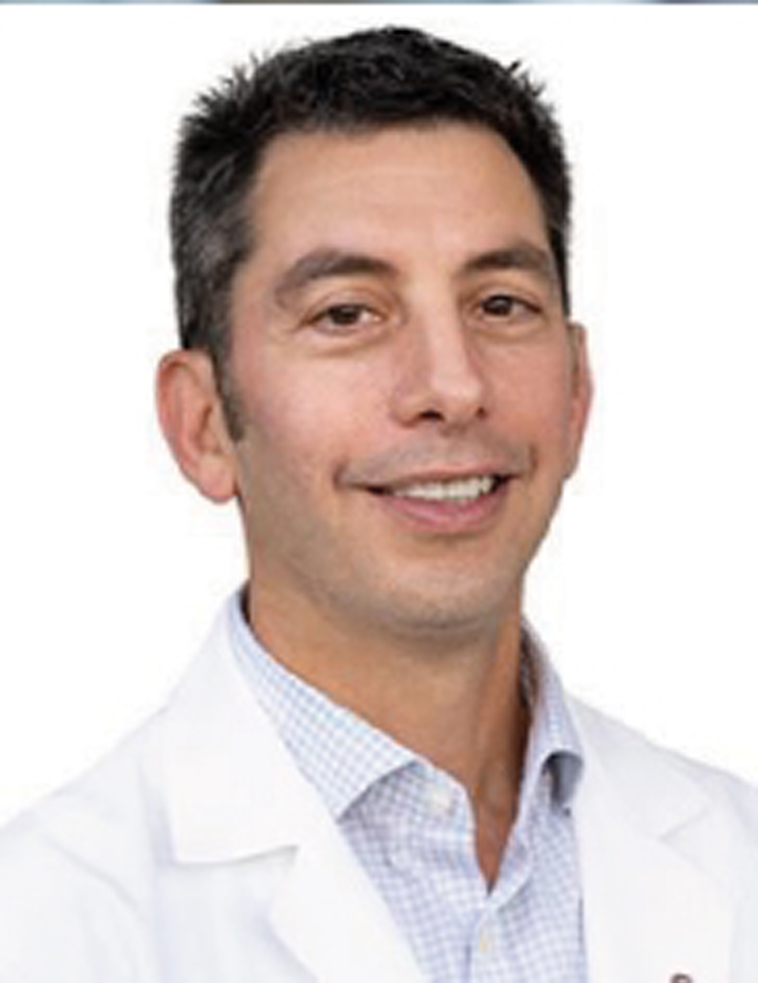
Michael Rosenzweig, MD, M.S
Chief, Division of Multiple Myeloma Associate Professor, Department of Hematology & Hematopoietic Cell Transplantation City of Hope, Duarte, CA
Dr. Michael Rosenzweig is an oncologist in Duarte, California and is affiliated with City of Hope Comprehensive Cancer Center. He joined City of Hope in 2011, as a staff physician and associate professor in the Department of Hematology & Hematopoietic Cell Transplantation. Dr. Rosenzweig received his bachelor's in psychology from Emory University and went on to earn a Master of Science in physiology and biophysics from Georgetown University, Washington, DC. He attended the University of Arizona College of Medicine for his medical degree. He completed his residency in internal medicine and a fellowship in hematology/oncology at Boston Medical Center, during which he was appointed chief fellow. From 2009 to 2011, Dr. Rosenzweig was a fellow in bone marrow transplantation at Memorial Sloan Kettering Cancer Center in New York. He has a clinical focus on multiple myeloma and related diseases, including Waldenstrom macroglobulinemia, POEMs syndrome, and light chain amyloidosis. He has a particular interest in smoldering myeloma, a precursor condition to active disease, and is actively involved in research exploring new treatments to prevent disease progression. His research interests include finding new treatments for amyloidosis at various stages of the disease process.
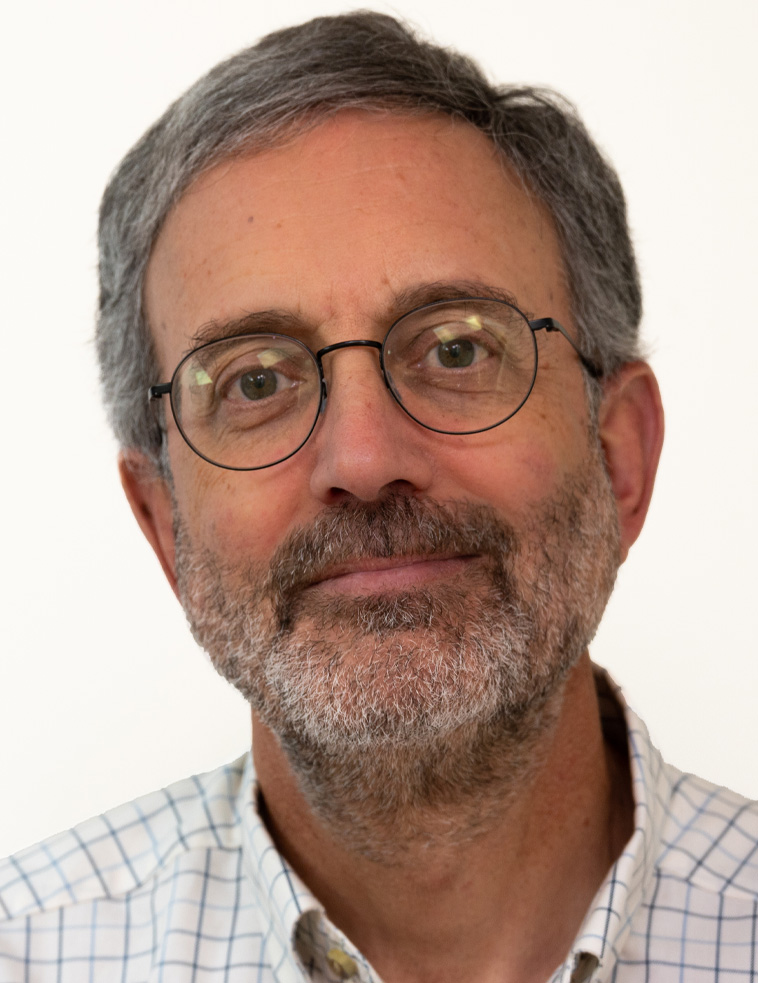
Philip Rosenthal, MD
Professor, University of California, San Francisco, San Francisco, CA
Dr. Philip J. Rosenthal is a Professor of Medicine at the University of California, San Francisco (UCSF), specializing in malaria research. His work encompasses the basic biology of malaria parasites, antimalarial drug discovery, and translational studies in Africa. Dr. Rosenthal's research focuses on understanding parasite proteases, developing novel antimalarial agents, and evaluating drug efficacy and resistance in regions such as Uganda and Burkina Faso. He serves as the Editor-in-Chief of the American Journal of Tropical Medicine and Hygiene and holds leadership roles in global health organizations, including Chair of the Scientific Advisory Committee for the WorldWide Antimalarial Resistance Network and membership in the World Health Organization's Technical Expert Group on Malaria Chemotherapy.
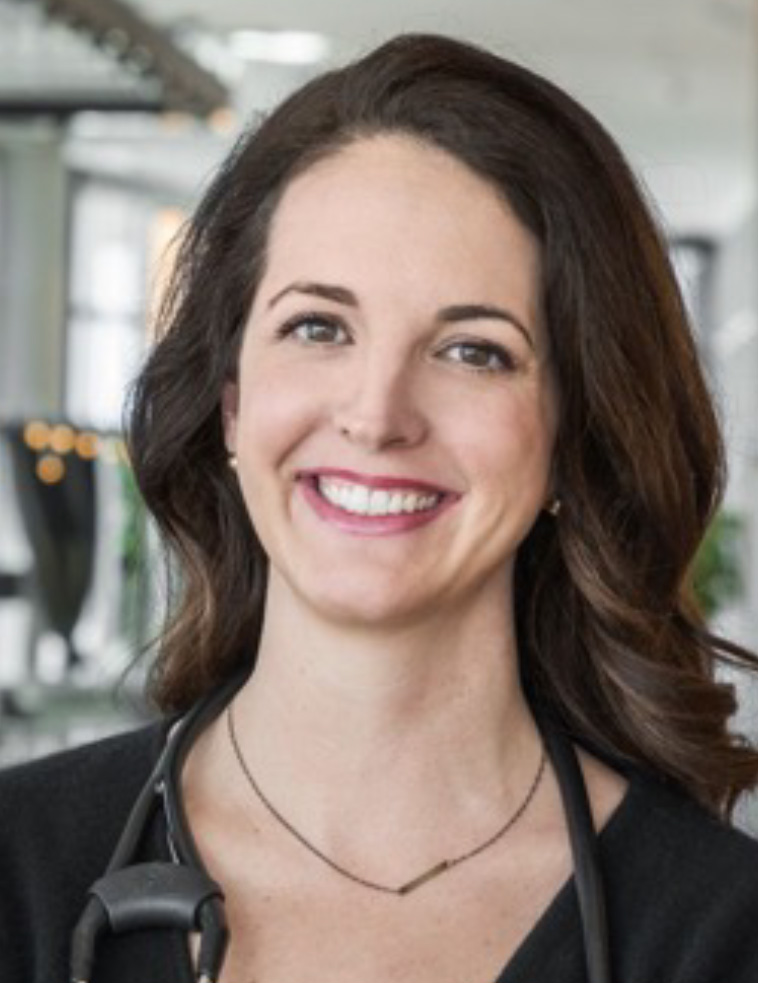
Ashley E. Rosko, MD
Professor of Internal Medicine, Division of Hematology Medical Director, Oncogeriatrics Program, The James Comprehensive Cancer Center Cancer and Aging Resiliency Clinic, Co-Director, Division of Hematology The Ohio State University, Columbus, OH
Dr. Rosko is a Professor of Medicine in the Division of Hematology at OSU and is the Medical Director of the Oncogeriatrics Program of the James. Her research is focused on Cancer and Aging specifically on health outcomes of patients with hematologic malignancy, including multiple myeloma and bone marrow transplant. She created and directs a multi-disciplinary clinic to support older adults with Cancer founded in the principles of geriatric oncology. Her research is focused on incorporating assessments of physiologic age into clinical trial design using aging biomarkers and standardized tools to globally evaluate the health of older adults.
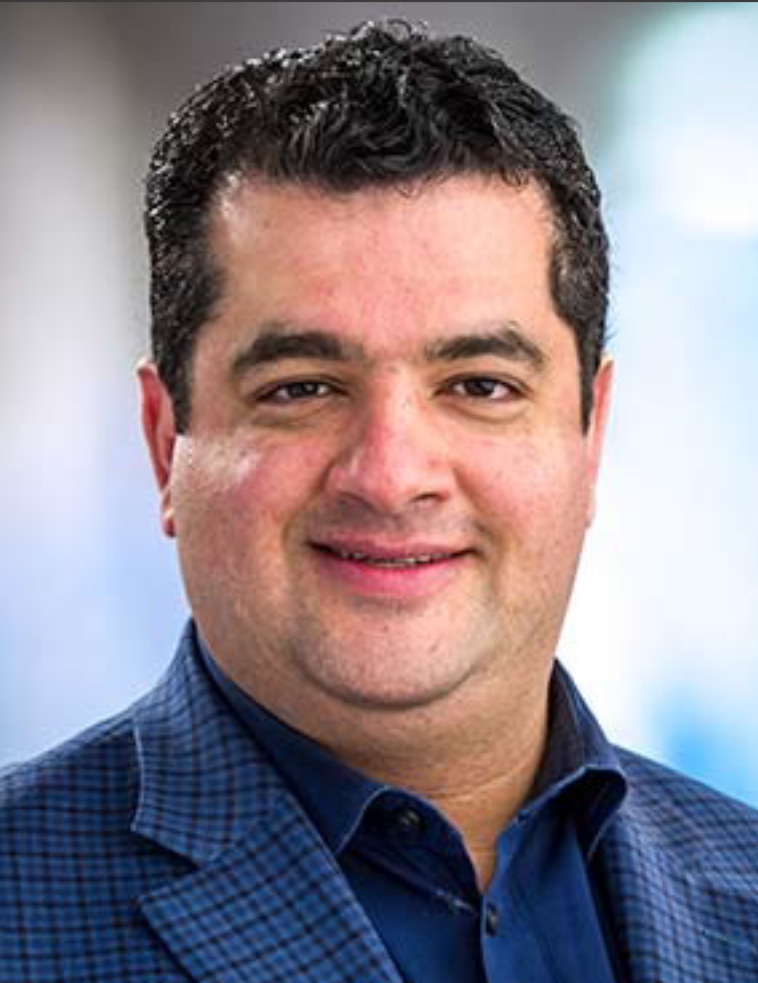
Mazyar Shadman, MD, MPH
Associate Professor, Division of Hematology and Oncology University of Washington, School of Medicine, Medical Director, Bezos Family Immunotherapy, Clinic Associate Professor, Clinical Research Division Innovators Network Endowed Chair, Fred Hutchinson Cancer Center, Seattle, WA
Dr. Mazyar Shadman, MD, MPH, is a physician at Fred Hutchinson Cancer Center and a UW associate professor of Oncology. Dr. Shadman is a blood and marrow transplant expert who specializes in treating patients with blood disorders. He is involved in clinical research using novel therapeutic agents for lymphoma and chronic lymphocytic leukemia (CLL), immunotherapy (specifically CAR T-cell therapy) for lymphoid neoplasms, and blood stem cell transplantation for hematologic malignancies. His goal is to identify the best treatment sequence or combination for patients with high-risk lymphoma and CLL. Dr. Shadman received his MD from Tehran University in Iran and his MPH from UW. He was a fellow for National Cancer Institute’s research training program at Fred Hutch. Dr. Shadman is involved in clinical trials using novel agents for treatment of blood cancers. He also studies the clinical outcomes of patients who have been treated. His goal is to identify specific characteristics that can help us understand the behavior of disease and to predict its responsiveness to different treatments.
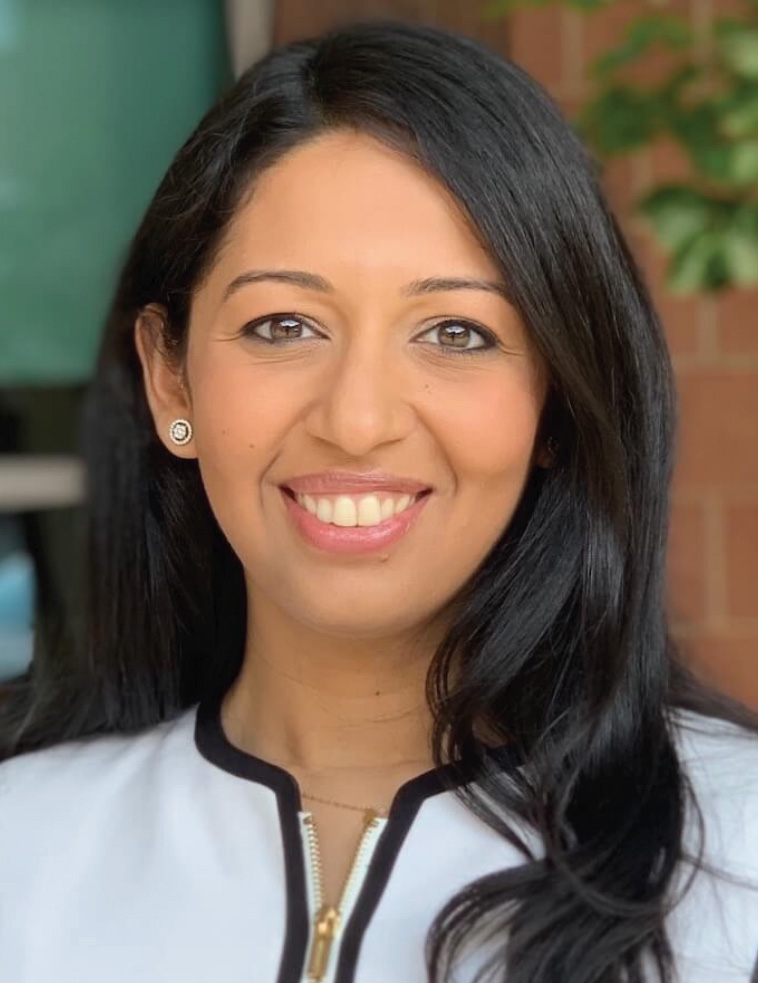
Mansi Shah, MD
Assistant Professor of Medicine, Rutgers Robert Wood Johnson Medical School, Director of Inpatient Malignant Hematologic Services Rutgers Cancer Institute of New Jersey,
New Brunswick, NJ
Dr. Mansi Shah joined as Hematologist/Oncologist in the Division of Blood Disorders at Rutgers Cancer Institute of New Jersey and Robert Wood Johnson Medical School. Currently Dr. Shah is appointed as Assistant Professor in Rutgers Robert Wood Johnson Medical School and Director of Inpatient Malignant Hematologic Services in Rutgers Cancer Institute of New Jersey. Dr. Shah received her undergraduate degree from New York University following which she matriculated from Rutgers Robert Wood Johnson Medical School. She completed an Internal Medicine internship and residency at Thomas Jefferson University Hospital in Philadelphia and returned to New Jersey to complete a fellowship in Hematology and Medical Oncology at Rutgers Cancer Institute of New Jersey/Robert Wood Johnson Medical School. During her fellowship, Dr. Shah was elected to serve as a chief fellow and participated in the Botswana-Rutgers Global Oncology Fellowship, with which she remain actively engaged in longitudinal curriculum development. Dr. Shah practice focuses on blood cancers including plasma cell disorders, leukemias, and bone marrow disorders. She have honed her interests by successfully participating in clinical research and am the author and co-author of numerous publications, reviews, abstracts, and presentations. She is actively involved in the development and execution of clinical trials. As a member of the Hematologic Malignancies Program, She is committed to providing comprehensive care with a patient-centered approach in collaboration with an exceptional multidisciplinary team of healthcare providers.
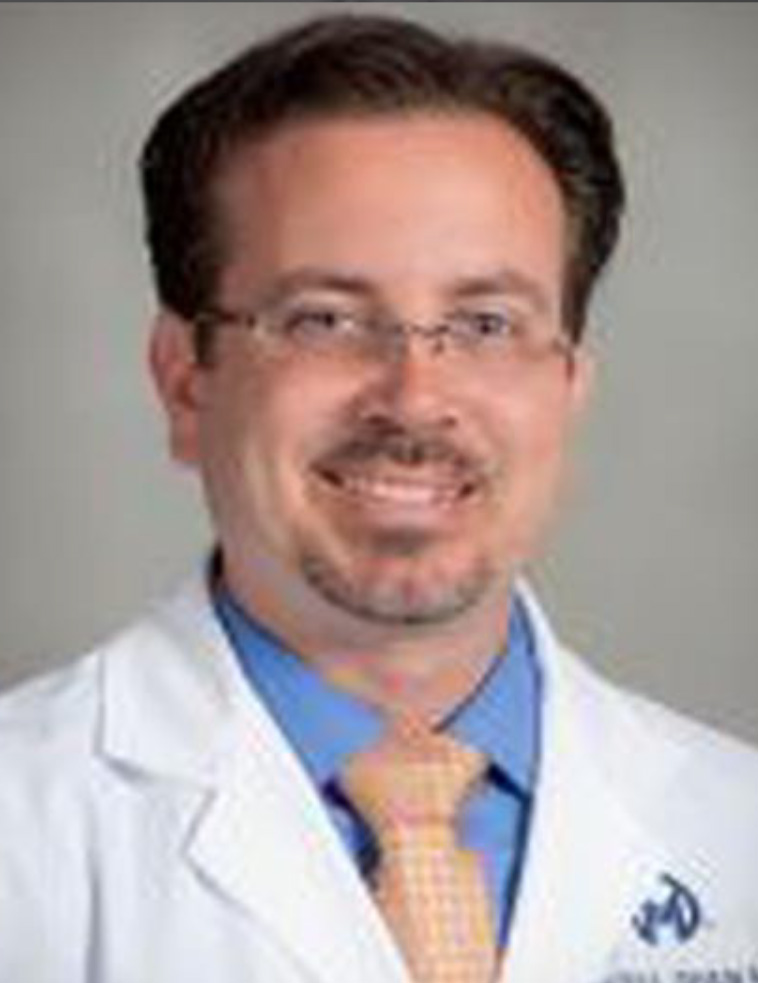
Kenneth Shain, MD, PhD
Assistant Professor, University of South Florida, Morsani College of Medicine, Director, Myeloma Research Center, Associate Member, Department of Malignant Hematology, Moffitt Cancer Center, Tampa, FL
Dr. Kenneth Shain is an associate member in the Malignant Hematology program in the Department of Malignant Hematology, Tumor Biology, and the Chemical Biology and Molecular Medicine Program. Dr. Shain has also been appointed as an Assistant Professor at the University of South Florida Morsani College of Medicine in the Department of Oncologic Sciences. Dr. Shain is also a Director of the Myeloma Research Center. Dr. Shain is a clinician scientist with time divided by clinic, clinic trials and translational research with a primary focus in multiple myeloma and other plasma cell relation disorders (including Waldenstrom Macroglobulinemia and Primary Amyloidosis). Dr. Shain earned his MD from the University of South Florida Morsani College of Medicine. He then pursued his PhD under the mentorship of Dr. William Dalton at Moffitt Cancer Center and the University of South Florida College of Medicine. He completed his residency in Internal Medicine at the University of South Florida College of Medicine and further specialized by completing a fellowship in Hematology/Oncology at the same institution. This comprehensive training has equipped Dr. Shain with a robust foundation in both clinical practice and research, enabling him to make significant contributions to the field of malignant hematology. His translational research has focused on the mechanisms by which components of the bone marrow microenvironment influence myeloma biology, survival, and drug response. He is currently collaborating with a wide range of Moffitt and non-Moffitt researchers, mathematicians, clinicians and other groups to carry out his research goals.

Surbhi Sidana, MD
Associate Professor, Director, Myeloma Disease Focused Group, Division of BMT & Cell Therapy, Stanford University, Stanford Cancer Institute, Stanford, CA
Dr. Surbhi Sidana is a hematologist/oncologist who is fellowship trained in advanced hematology with an emphasis on myeloma, amyloidosis, and dysproteinemia disorders. She is an Assistant Professor in the Department of Medicine, Division of Blood and Marrow Transplantation & Cellular Therapy, at Stanford University School of Medicine. She leads the Myeloma Cellular Immunotherapy program at Stanford. Her areas of expertise include transplantation and novel cellular immunotherapies such as CAR-T-cell therapy for patients with multiple myeloma. For each patient, Dr. Sidana develops a personalized care plan designed to optimize outcomes and quality of life. Currently, she is conducting clinical trials of CAR-T therapy and bispecific T-cell engagers for treatment of patients with myeloma. She is studying patients’ access to CAR-T cell therapy, the financial burden of the treatment, and its impact on patients’ quality of life and cognitive function. Dr. Sidana earned her medical degree from Maulana Azad Medical College, University of Delhi, India. She completed her residency in internal medicine from Cleveland Clinic and fellowship in advanced Hematology from Mayo Clinic.
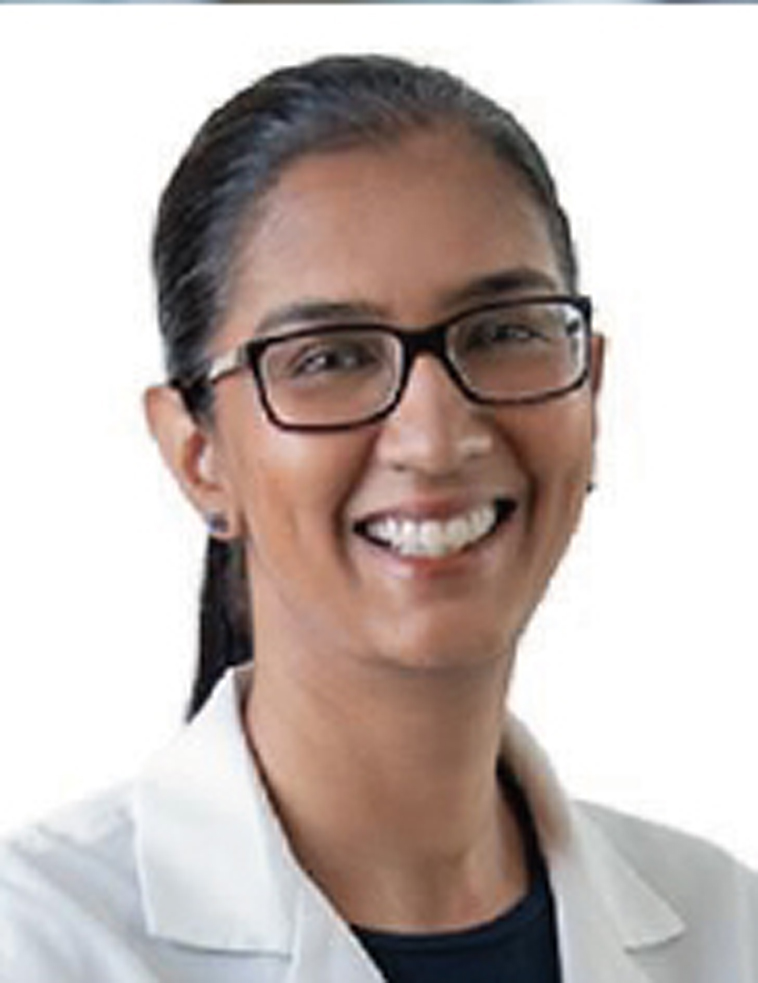
Tanya Siddiqi, MD
Medical Director, Chronic Lymphocytic Leukemia (CLL) Program Director, Chronic Lymphocytic Leukemia Program, Toni Stephenson Lymphoma Center Associate Professor, Division of Lymphoma, Department of Hematology & Hematopoietic Cell Transplantation City of Hope, Duarte, CA
Dr. Tanya Siddiqi, is an accomplished hematologist-oncologist who specializes in diagnosing and treating blood cancers, particularly chronic lymphocytic leukemia (CLL) and B cell non-Hodgkin lymphoma (B-NHL). She is also principal investigator in number of clinical trials evaluating the role of targeted therapies, including gene therapy (CAR-T cell therapy) and other novel agents primarily in diseases like CLL and B-NHL. Dr. Siddiqi earned her medical degree in 2000 from Aga Khan University Medical College in Karachi, Pakistan. Afterward, she completed an internal medicine residency at University of Connecticut Health Center in 2006, followed by fellowships in hematology/oncology at Beth Israel Deaconess Medical Center (2006-2009) (Harvard Medical School, Boston) and hematopoietic stem cell transplantation at City of Hope (2009-2010). She is an associate professor in the Department of Hematology/Hematopoietic Cell Transplantation and Director of the chronic lymphocytic leukemia (CLL) program at COH. Dr. Siddiqi is also a member of the Toni Stephenson Lymphoma Center, Immunotherapy disease team and the Gehr Family Center for Leukemia Research.
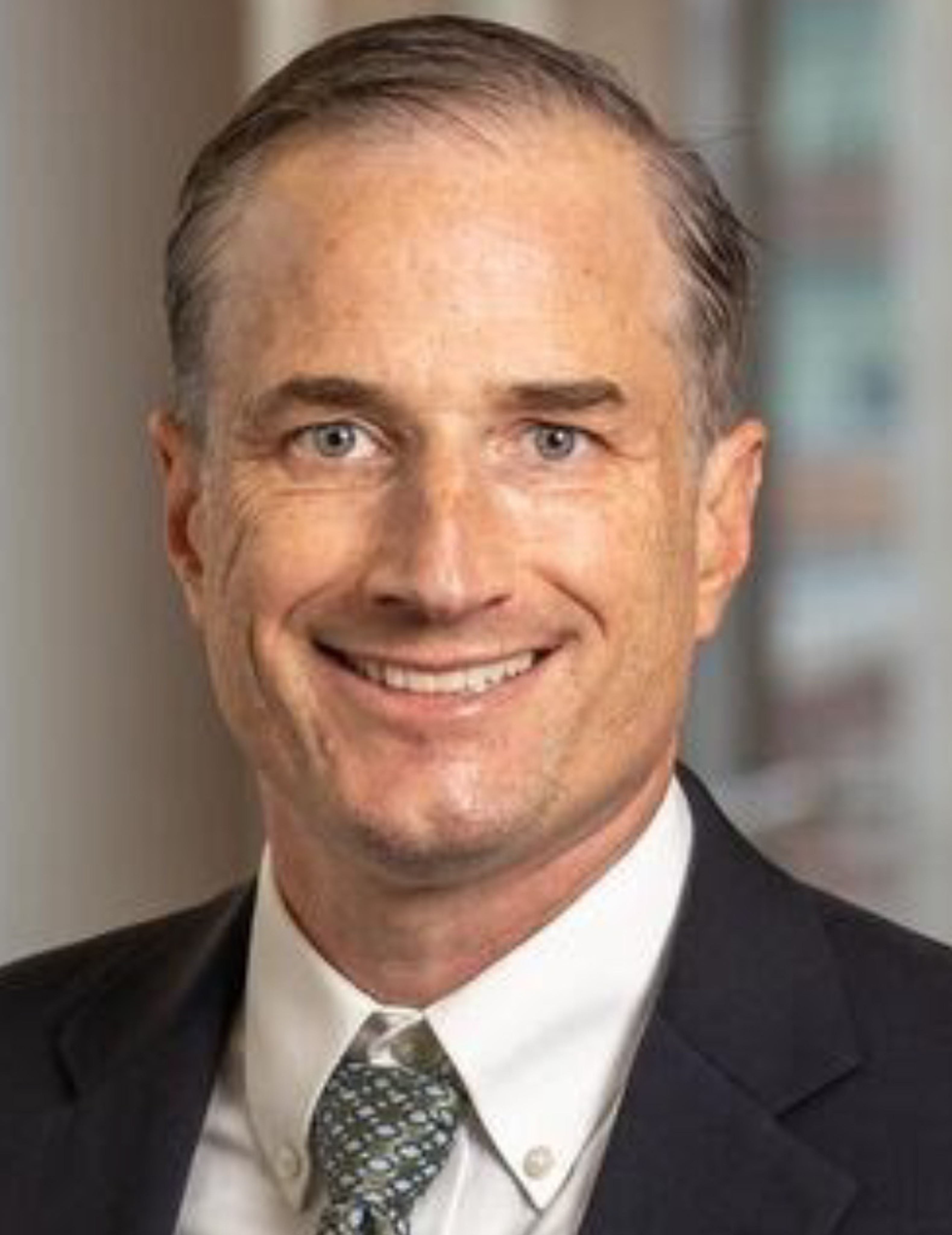
J. Mark Sloan, MD
Associate Professor of Medicine, Boston University School of Medicine, Boston, MA
Dr. J Mark Sloan, MD, is a hematologist at Boston Medical Center (BMC), specializing in benign and malignant blood disorders, including AL Amyloidosis, lymphoma, leukemia, multiple myeloma, and thrombosis. Dr. Sloan is also an associate professor of Medicine at Boston University Chobanian & Avedisian School of Medicine, a member of the Boston University-BMC Cancer Center, and a member of the Boston University Amyloidosis Center. Dr. Sloan also serves as a factotum hematologist at Boston Medical Center and directs the Hematology/Oncology Fellowship Program at Boston University. Dr. Sloan earned his medical degree from Yale University School of Medicine in 2001. He then completed his residency in Internal Medicine at Yale-New Haven Hospital from 2001 to 2004, followed by a fellowship in Hematology/Oncology at Dana-Farber Cancer Institute and Massachusetts General Hospital. Dr. Sloan is a member of the Evans Center for Interdisciplinary Biomedical Research at Boston University, and he is actively involved in research, focusing on primary (AL) amyloidosis and HTLV-1 associated leukemia/lymphoma (ATLL).
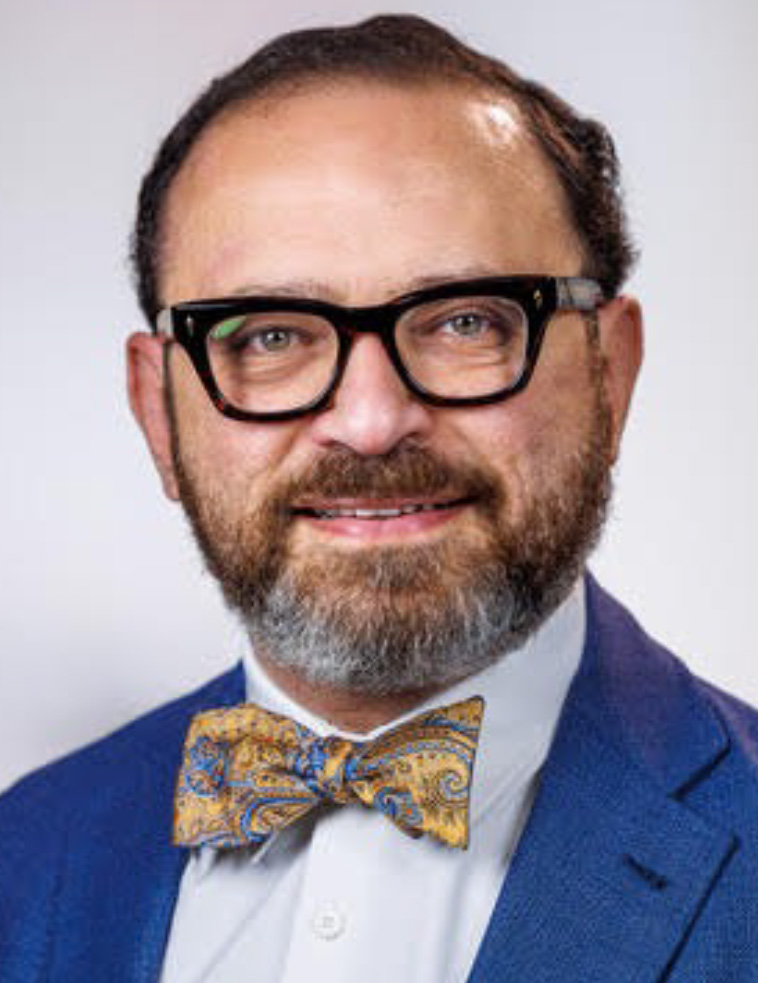
Mohamed L. Sorror, MD, MSc
Professor, Clinical Research, Division, Fred Hutchinson Cancer Center, University of Washington, Faculty Senator Fred Hutchinson Cancer Center, Seattle, WA
Dr. Sorror’s research efforts focus on two major areas of clinical cancer investigation: 1) advancing biomedical knowledge on means and tools for treatment decision-making for patients with cancer and 2) improving the survival and minimizing the suffering of patients with cancer who are older or have multiple medical comorbidities. These efforts involve studies of aging, geriatric problems, comorbidities and their influence on patients’ tolerance to treatments of cancer. Dr. Sorror pioneered the integration of comorbidity evaluation in risk-assessment and decision-making for hematopoietic cell transplantation (HCT). He developed, validated and used an HCT-specific comorbidity index (HCT-CI) in a series of comparative effectiveness studies. More recently, He worked with BMT-CTN to develop and validate the CHARM model for older recipients of allogeneic HCT. He also leads multi-center randomized trials of supportive and palliative care for patients with AML or receiving allogeneic HCT. For AML, Dr. Sorror developed the Acute Myeloid Leukemia – Composite Model to capture, age, comorbidity, and cytogenetic risk burdens at the time of diagnosis of AML and predict 1-year survival. He also led studies using comprehensive geriatric assessments decision making about intensity of AML induction therapy, about usefulness of allogeneic HCT, and social determinant of health barriers to access of care and transplant.
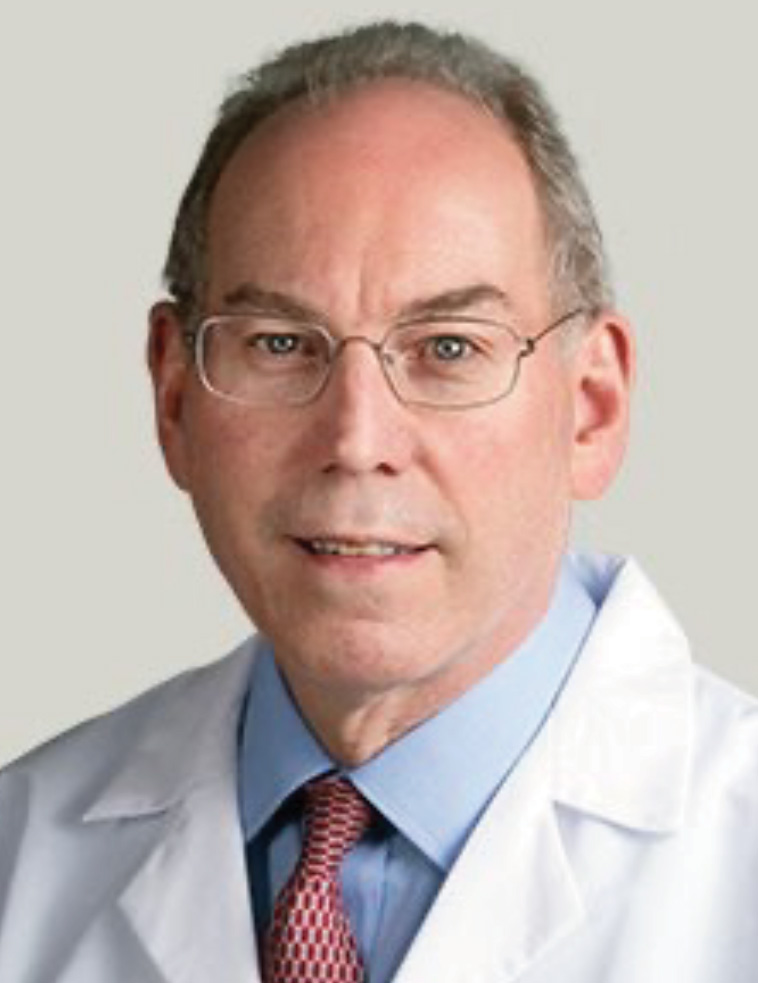
Michael Thirman, MD
Associate Professor, Section of Hematology/Oncology Director of Leukemia Biology
The University of Chicago, Chicago, IL
Dr. Michael J. Thirman, M.D., conducts basic, translational, and clinical research on acute and chronic leukemias. His laboratory focuses on the role of MLL fusion proteins in the development of leukemia. The overall goals of his research are to understand the mechanisms that mediate transformation of normal hematopoietic stem cells and to develop targeted therapies based on these insights. Dr. Thirman also directs clinical trials in AML, ALL, and CLL. He is a recipient of the Stohlman Scholar Award of the Leukemia and Lymphoma Society. An active researcher, Dr. Thirman has published more than 80 papers, reviews, and book chapters on clinical and laboratory studies in leukemia and lymphoma.
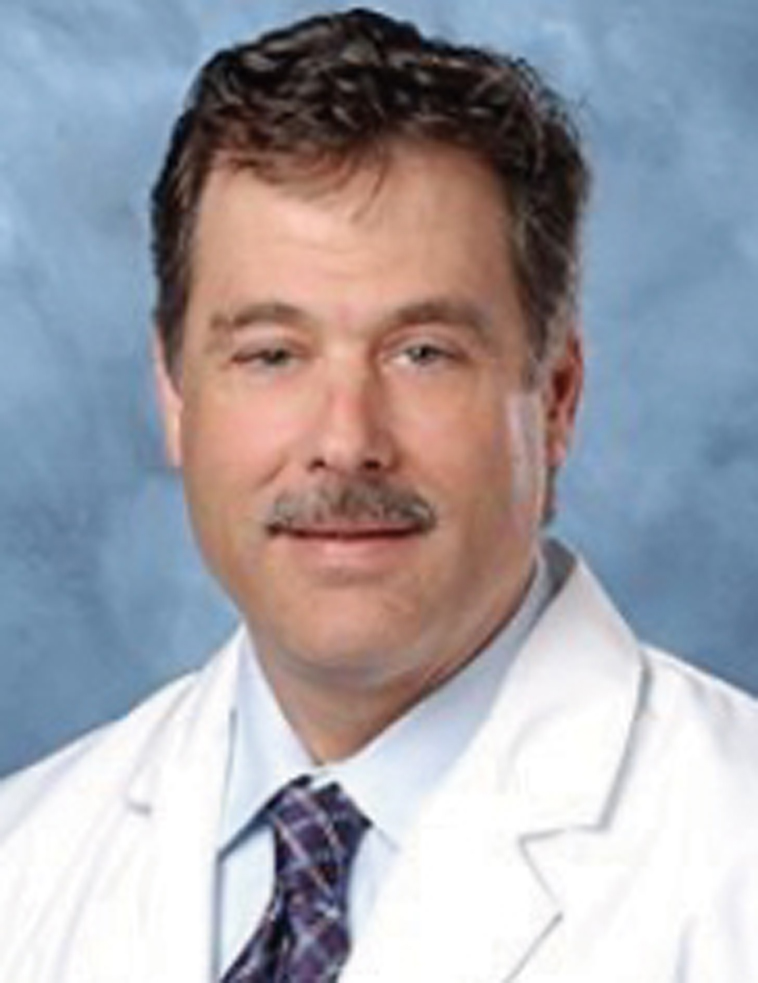
Robert A. Vescio, MD
Director, Multiple Myeloma and Amyloidosis Program, Professor, Cedars Sinai Medical Center, Los Angeles, CA
Dr. Robert A. Vescio is an oncologist in Los Angeles, California and is affiliated with Cedars-Sinai Medical Center, where he has played a significant role in advancing treatments for hematologic malignancies. He has expertise in treating lymphoma, anemia, prostate cancer, and other leukemia conditions. Dr. Vescio earned his Medical Degree from the University of California, San Diego School of Medicine in 1986, completed his Residency there in 1989, followed by Post Doctorate degrees in 1990, and completed his Fellowship at UCLA Medical Center in 1993. His research work, particularly in the areas of multiple myeloma and stem cell transplantation, has earned him recognition within the medical community. He has been invited to present at various national and international conferences, and his work has been published in leading medical journals. He has been heavily involved in research on stem cell transplantation, which is a critical treatment option for patients with multiple myeloma and other hematologic malignancies. Dr. Vescio has worked on improving the safety and efficacy of autologous stem cell transplants, where a patient’s own stem cells are used to regenerate healthy blood cells after intensive chemotherapy.
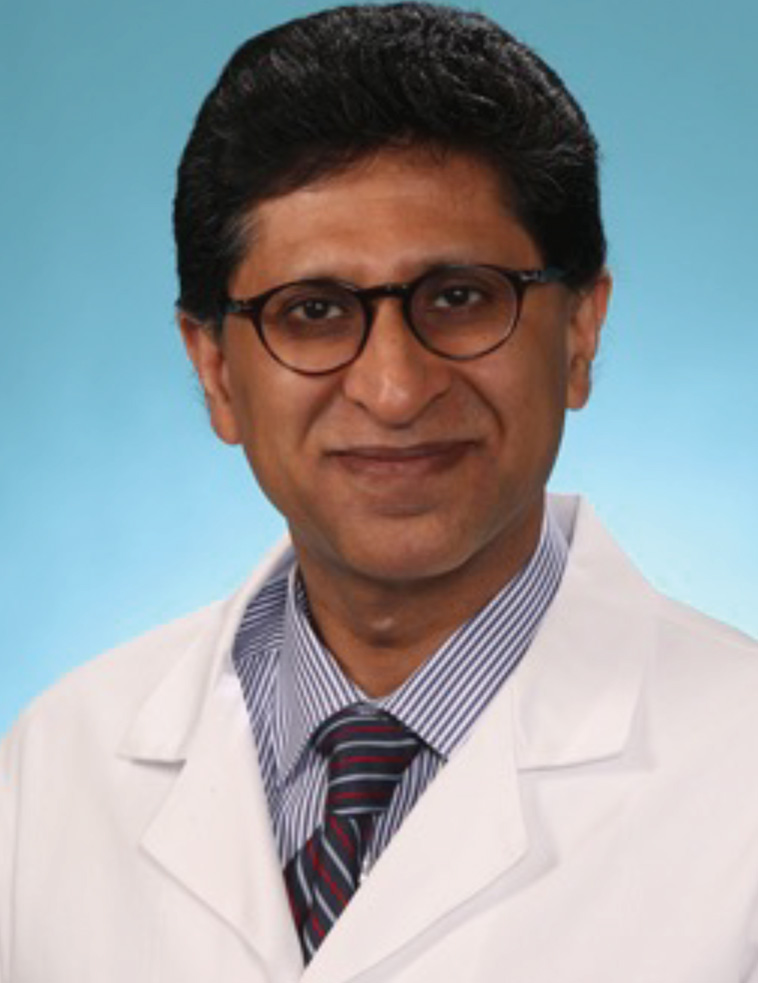
Ravi Vij, MD, MBA
Professor of Medicine, Section of Bone Marrow Transplantation and Leukemia, Division of Medical Oncology Washington, University School of Medicine, St., Louis, MO
Dr. Ravi Vij, MD, MBA, is Professor of Medicine in the Division of Medical Oncology, Section of Bone Marrow Transplantation and Leukemia at Washington University in Saint Louis, Missouri. He received his medical degree from the University of Delhi, India, He completed a residency in medicine at Rush Presbyterian St Luke’s Medical Center in Chicago and fellowships in medical oncology/hematology and bone marrow transplantation/malignant hematology/stem cell biology at Washington University. He completed a healthcare MBA from George Washington University in Washington, DC. Dr Vij’s primary academic interests include the treatment of hematologic malignancies and hematopoietic stem cell transplantation. He has served on numerous committees including the ASH Scientific Committee on Plasma Cell Dyscrasias, the ASCO Education and Scientific Committees, the Cancer and Leukemia Group B (CALGB) Core Transplant, Myeloma, and Leukemia Committees; and the Blood and Transplant Clinical Trials Network (BMT CTN) Myeloma Committee He has authored over 250 publications and is a reviewer for numerous journals. Dr Vij has also authored a book, Contemporary Management of Multiple Myeloma, as well as several book chapters including, Multiple Myeloma and Plasma Cell Dyscrasias in The Washington Manual of Oncology.
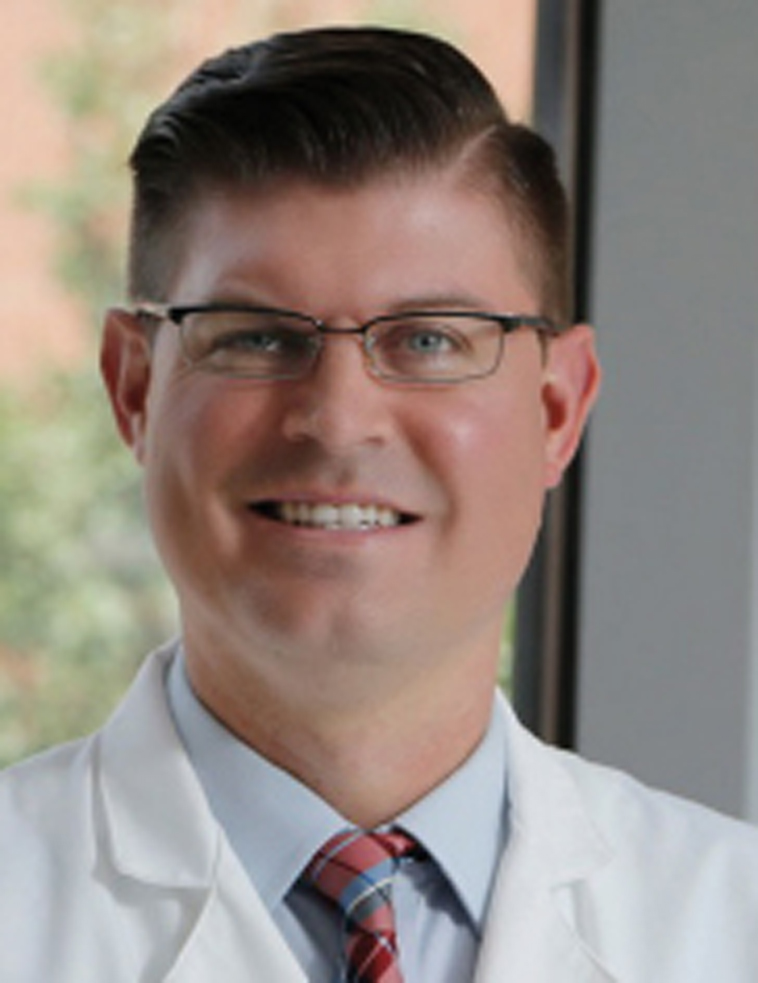
Timothy Voorhees, MD, MSCR
Assistant Professor Department of Internal Medicine Division of Hematology, The Ohio State University, Columbus, OH
Dr. Timothy Voorhees is hematologist/oncologist with a clinical focus in lymphoid malignancies, specifically B-cell lymphomas. His research focus involves the design and implementation of early phase clinical trials for patients with lymphoma. He has a specific interest in post transplantation lymphoproliferative disorders (PTLD) as well as Epstein-Barr virus (EBV) lymphomagenesis. He is also interested in developing strategies to improve safety and tolerability of novel immunotherapies. Dr. Voorhees has implemented a phase II study of the combination of tafasitamab and rituximab in front-line therapy for PTLD, a phase Ib study of epcoritamab in relapsed and refractory PTLD, and a phase I study of siltuximab prophylaxis prior to standard of care CD19.CAR-T cell therapy for relapsed and refractory B-cell lymphomas.
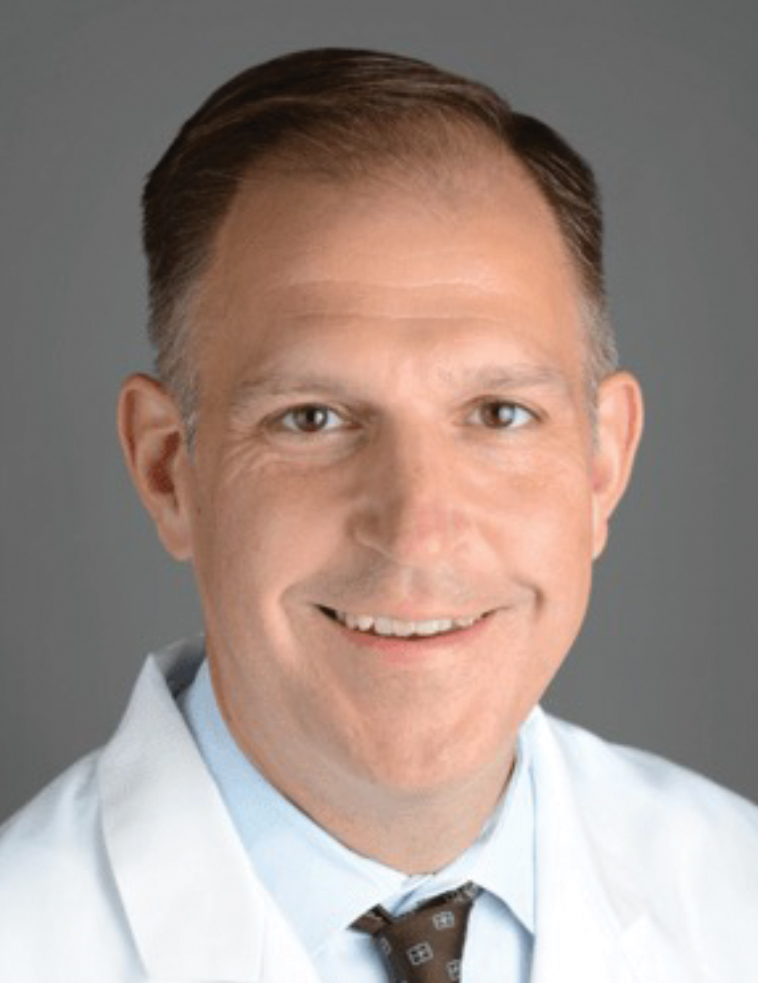
Peter Voorhees, MD
Clinical Professor, Hematology and Oncology, Wake Forest University School of Medicine, Chief, Plasma Cell Disorders Division, Atrium Health/Levine Cancer Institute, Medical Director, Clinical Trials Office, Assistant Director of Clinical Research, Atrium Health Wake Forest Baptist Comprehensive Cancer Center, Charlotte, NC
Dr. Peter Voorhees earned his medical degree from the University of Michigan and completed his postgraduate training in internal medicine, including a residency and chief residency, at the University of Wisconsin. He then pursued a fellowship in hematology and oncology at the University of North Carolina at Chapel Hill. Currently, Dr. Voorhees serves as the Director of Outreach for Hematologic Malignancies within the Plasma Cell Disorders Program at the Department of Hematologic Oncology and Blood Disorders at Levine Cancer Institute in Charlotte, North Carolina. Prior to this role, he was an assistant professor in the Division of Hematology-Oncology at the University of North Carolina at Chapel Hill. Board-certified in both hematology and internal medicine, Dr. Voorhees focuses his research on innovative treatment approaches for multiple myeloma. Additionally, he investigates the mechanisms underlying chemotherapy-induced toxicity and works on developing predictive tools for treatment-related adverse events.
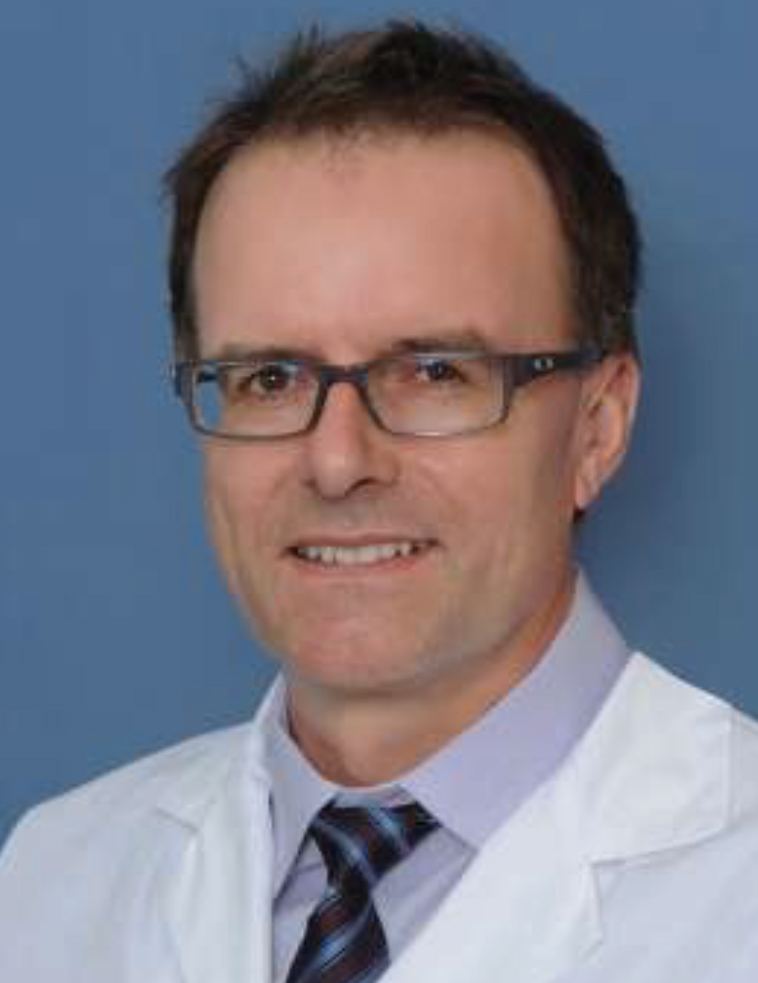
Sven de Vos, MD, PhD
Professor Director, UCLA Lymphoma Program Division of Hematology and Oncology David Geffen School of Medicine at UCLA, Los Angeles, CA
Dr. De Vos has the expertise, leadership, and motivation necessary to successfully carry out these two major projects. He has a broad background in translational oncology with a Ph.D. in experimental pathology, experience running a successful laboratory, and clinical expertise exemplified by being the principal investigator on many clinical trials, including investigator-initiated studies. De Vos laid the groundwork for both projects, assembled two teams of collaborators, acquired funding, and lead his teams to reach important benchmarks on both projects which have been presented at national meetings. De Vos has a track record of translating basic science to clinical trial investigations and the pim kinase projects already has led to a first in human phase 1 study of a novel pim kinase inhibitor. De Vos' laboratory provided more than 60 lymphoma cell lines to the UCLA Slamon TORL laboratory. Through that laboratory they test a wide spectrum of novel preclinical and clinical agents provided by pharmaceutical companies for anti-tumor activity. By correlating responses with molecular/genetic markers they can generate novel clinical trial concepts that are tested via investigator initialed trials at UCLA/TRIO-US. Dr. de Vos earned his medical degree from Universitat Tubingen. He completed his residency in internal medicine from Robert Bosch Krankenhaus and Cedars-Sinai Medical Center. He also did residency in neurology from Universitat Hospital, Essen followed by fellowship in Hematology/Oncology from Cedars-Sinai Medical Center.

Eunice Wang, MD
Chief, Leukemia Service Professor of Oncology Leukemia Clinical Disease Team Leader, Roswell Park Cancer Institute, Buffalo, NY
Dr. Eunice Wang serves as the Chief of the Leukemia Service at Roswell Park Comprehensive Cancer Center, where she has been a faculty member since 2003. She earned her medical degree from the Keck School of Medicine at the University of Southern California and completed her residency in Internal Medicine at Yale-New Haven Hospital in 1999. She then pursued a clinical hematology-oncology and research fellowship at Memorial Sloan Kettering Cancer Center from 1999 to 2003. Board-certified in Internal Medicine, Medical Oncology, and Hematology, Dr. Wang is licensed in New York and holds an academic appointment as an Assistant Professor at the University of Buffalo’s School of Medicine & Biomedical Sciences. She is an active member of the American Society of Clinical Oncology, American Association for Cancer Research, and American Society of Hematology. Dr. Wang’s clinical research focuses on early-phase clinical trials for acute leukemias (AML, ALL) and myeloproliferative disorders, while her translational research explores novel biological therapies targeting the bone marrow microenvironment in myeloid malignancies. She has authored over 90 peer-reviewed articles, as well as numerous book chapters and editorials. Recognized for her contributions to cancer research, Dr. Wang has received prestigious honors, including the NIH Cancer Clinical Investigator Team Leadership Award and a Mentored Research Scholar award from the American Cancer Society. Alongside her research, she maintains an active clinical practice.
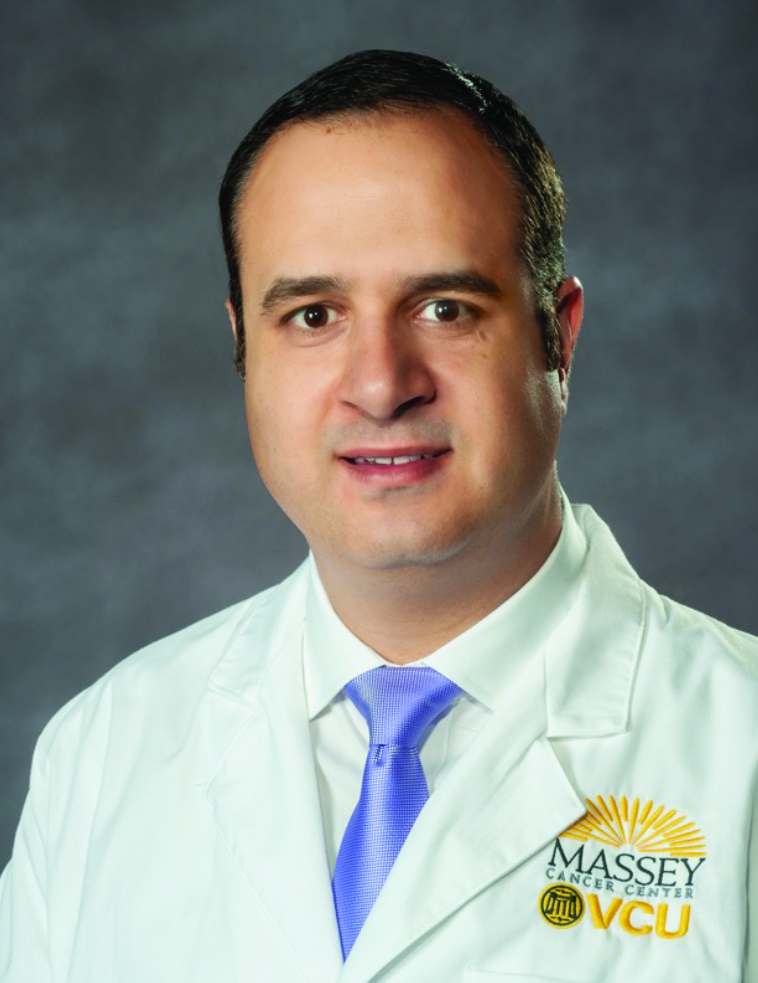
Victor Yazbeck, MD
Associate Professor of Internal Medicine, Director of Lymphoid Malignancies Leader Hematology Malignancies and Plasma Cell, Neoplasms Disease Working Group, Division of Hematology, Oncology, and Palliative Care Massey Cancer Center, Virginia Commonwealth University, Richmond, VA
Dr. Victor Yazbeck is a physician and researcher associated with the Virginia Commonwealth University (VCU) Massey Cancer Center. His work primarily focuses on hematologic malignancies and improving treatment strategies for conditions such as lymphoma and chronic lymphocytic leukemia (CLL). At VCU Massey Cancer Center, he is involved in both clinical care and research, exploring novel therapeutic approaches and contributing to clinical trials aimed at advancing cancer treatment options. Dr. Yazbeck completed his medical education and training with a focus on hematology and oncology. He obtained his MD degree from St. Joseph's University and later pursued specialized training in internal medicine, hematology, and medical oncology. His background includes residency (SUNY at Upstate Medical Center) and fellowship (University of Pittsburgh Medical Center) programs that honed his expertise in treating hematologic cancers. Yazbeck has built a strong academic and research foundation through his roles in various medical institutions, ultimately leading to his position at VCU Massey Cancer Center, where he continues to focus on research and patient care in oncology, and currently working as an associate professor at VCU. Dr. Yazbeck’s clinical and research interests are focused on lymphoid malignancies starting from mouse modeling of human disease, preclinical drug testing and moving to the conduct of well-designed innovative clinical trials.
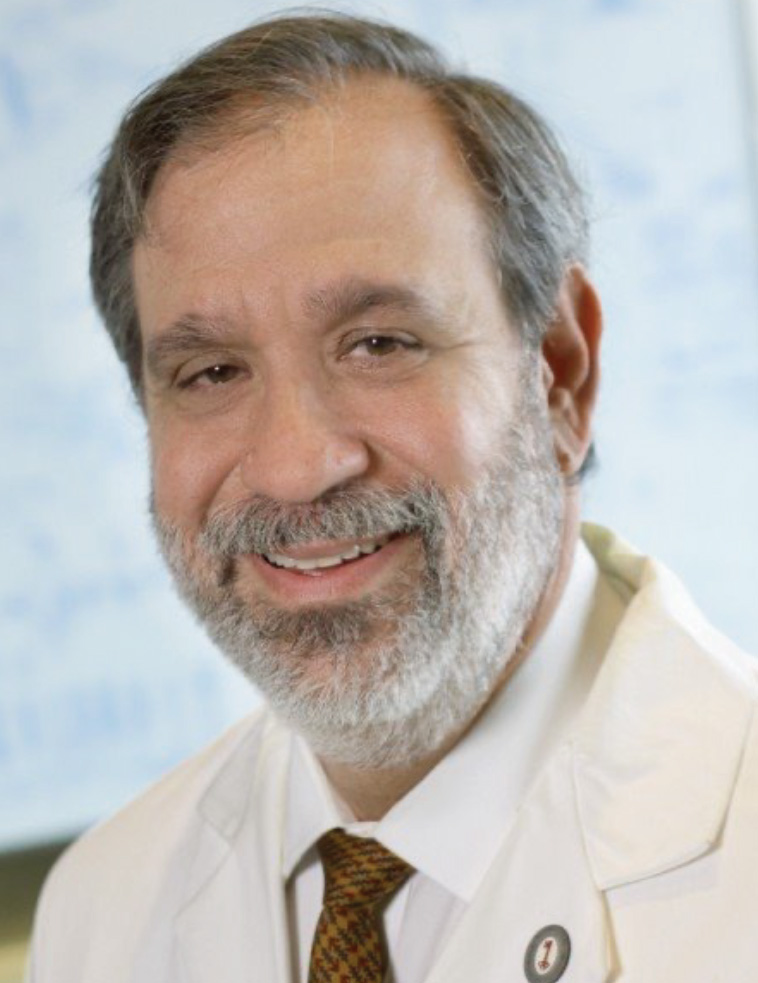
Andrew Zelenetz, MD
Medical Director Quality Informatics, Memorial Sloan Kettering Cancer Center,
New York, NY
Dr. Andrew Zelenetz is medical oncologist with special expertise in lymphoma, and former Chief of Memorial Sloan Kettering’s Lymphoma Service. He is a member of a close-knit team that provides compassionate, multidisciplinary care to patients with lymphoma. He has developed several of the agents now approved to treat lymphoma — including 131I-tosituomab/tositumomab, bortezomib, and pralatrexate. Through clinical studies he is evaluating the benefits of novel combinations of agents. In another area of research, he is working to improve the prognostic value of patients’ pathology specimens using computer-aided image analysis. He is also involved in several national organizations that provide information about lymphoma treatment and fund laboratory and clinical research and serves as the chairperson of the Non-Hodgkin Lymphoma Guidelines panel of the National Comprehensive Cancer Network and vice chairperson of the Lymphoma Core Committee of the Cancer and Leukemia Group B. He is also a member of the scientific advisory board of the Lymphoma Research Foundation. Dr. Zelenetz earned his medical degree from Harvard Medical School. He completed his residency in medicine from Stanford University Medical Center and fellowship in Oncology from Stanford University Medical Center.
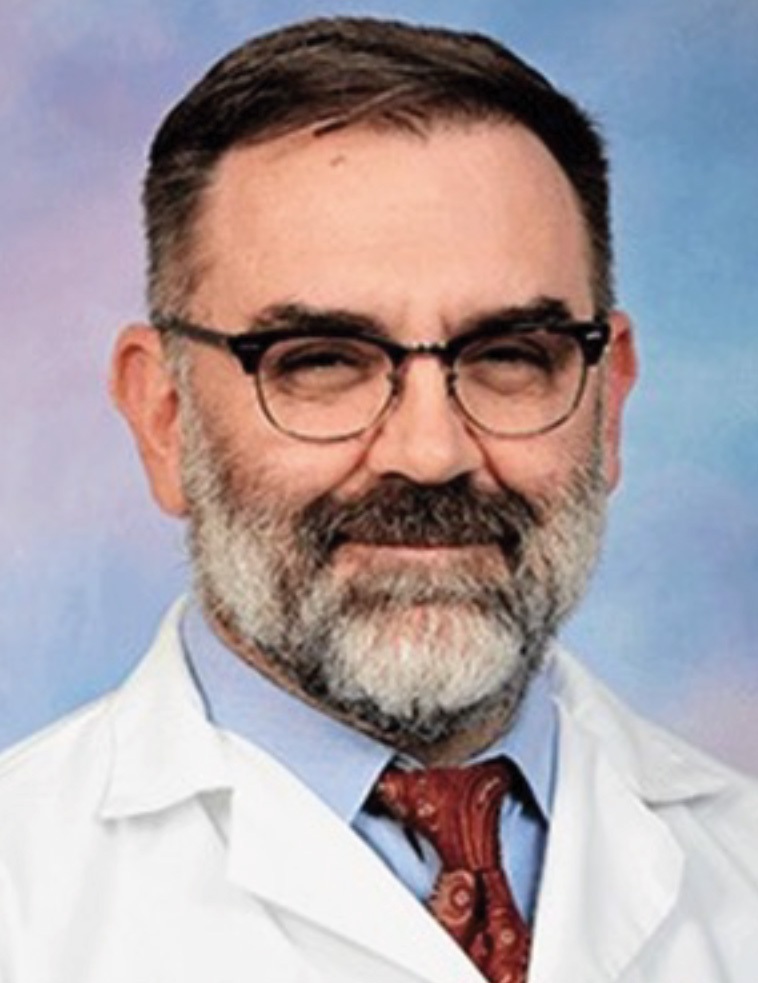
Jeffrey Zonder, MD
Professor Clinical, Department of Oncology Karmanos Cancer Institute Wayne State University School of Medicine Medical Director, Apheresis Unit, Karmanos Cancer Hospital Vice Chair, M1 IRB Committee, Wayne State University, Detroit, MI
Dr. Jeffrey Zonder, MD, is Professor in the Department of Oncology at the Barbara Ann Karmanos Cancer Institute (KCI) and Wayne State University School of Medicine. He is the Leader of the KCI Multiple Myeloma and Amyloidosis Multidisciplinary Team. Dr. Zonder is also the Co- Leader of the Molecular Therapeutics Program at the Karmanos Cancer Institute. He is a medical advisor for the Amyloidosis Support Group Networks, and a member of the International Myeloma Working Group, the International Myeloma Society and the International Amyloidosis Society. He is a member of the Southwest Oncology Group’s (SWOG) Barlogie-Salmon Myeloma Committee. He has authored or co-authored numerous original research papers, review articles, book chapters, and research abstracts on myeloma and amyloidosis. Dr. Zonder completed a fellowship in hematology-oncology at Wayne State University and his medical residency at the University of Rochester, New York. He received his medical degree from Wayne State University School of Medicine.

